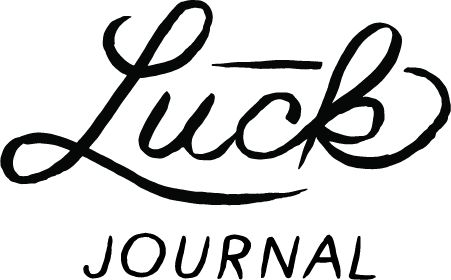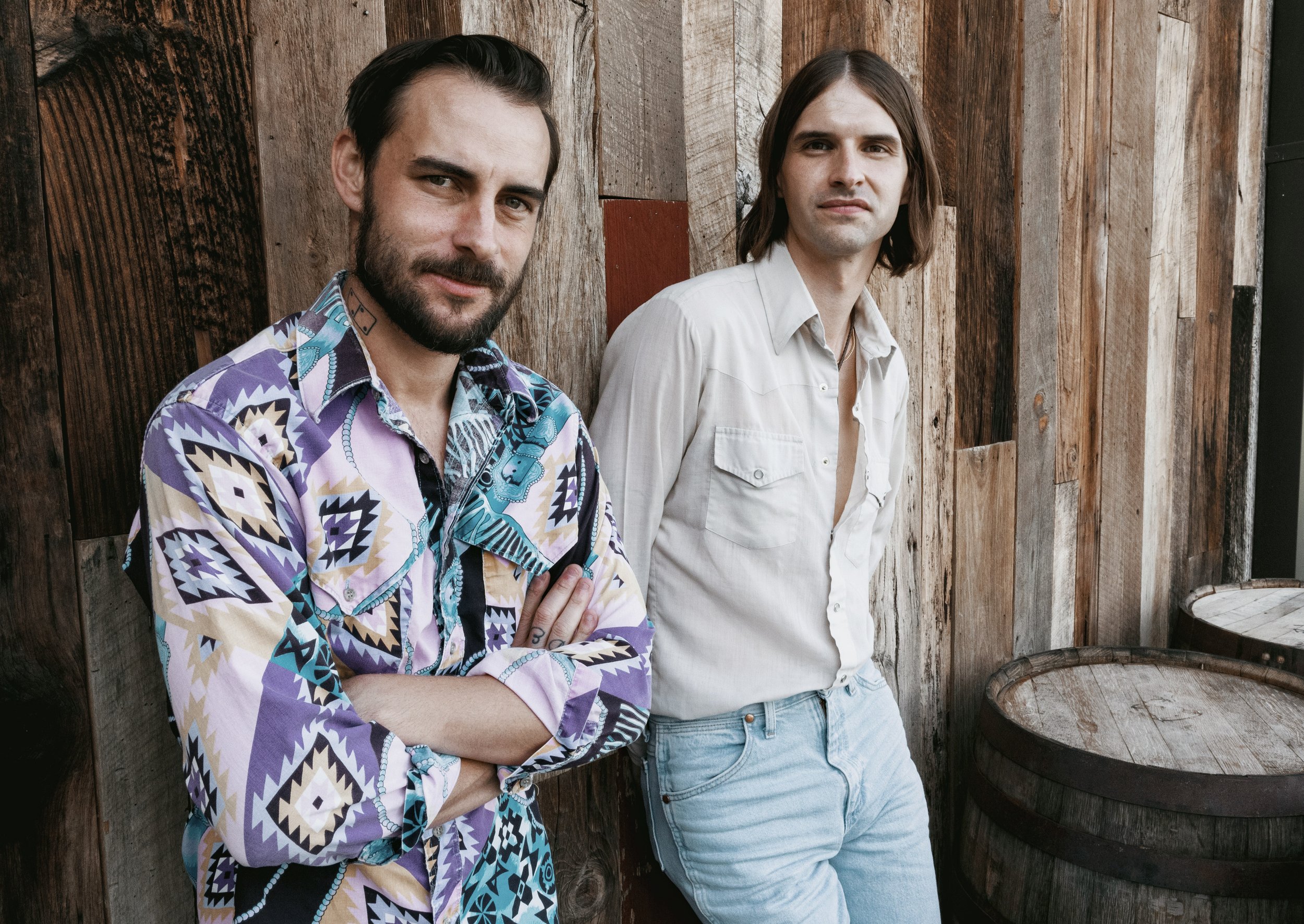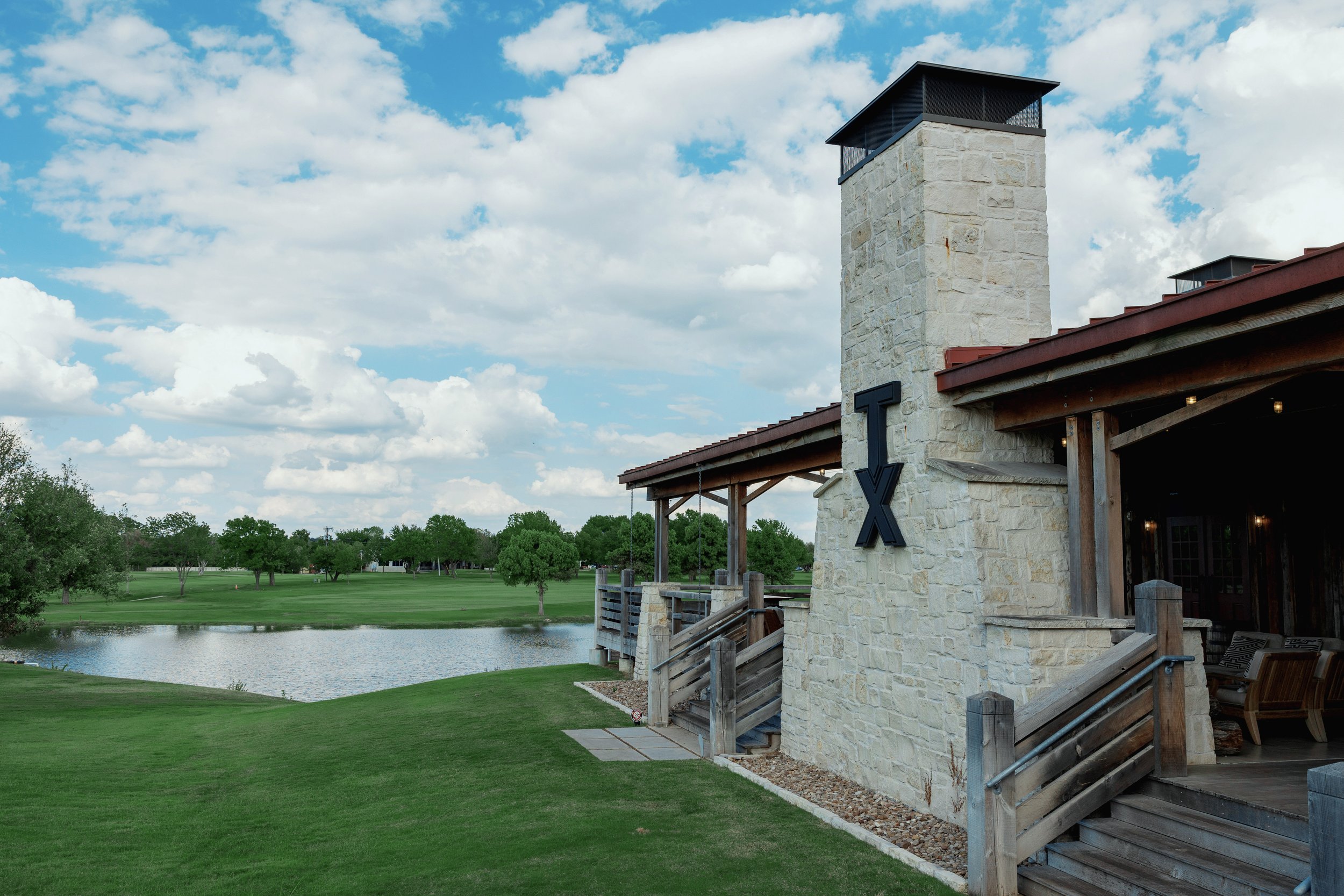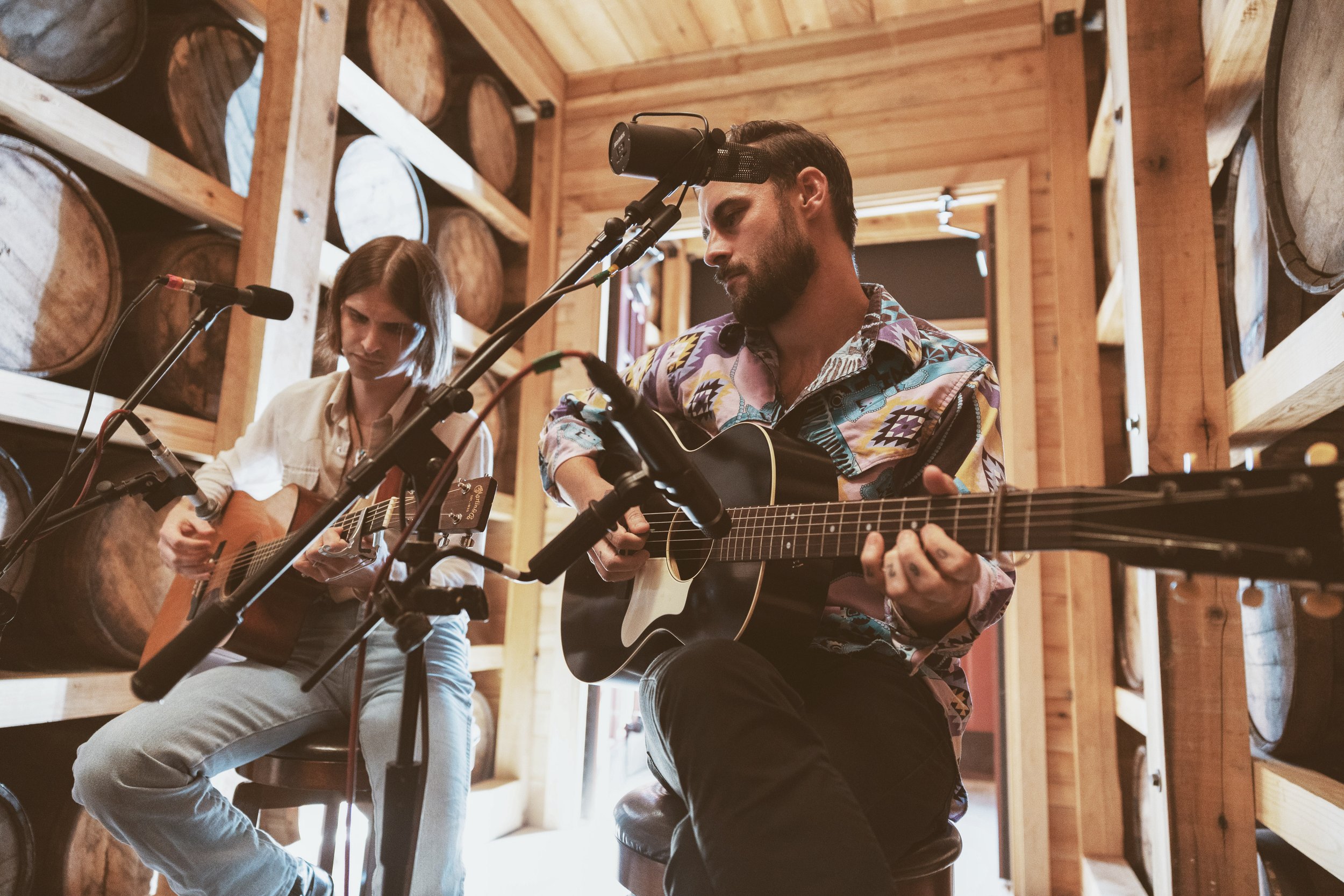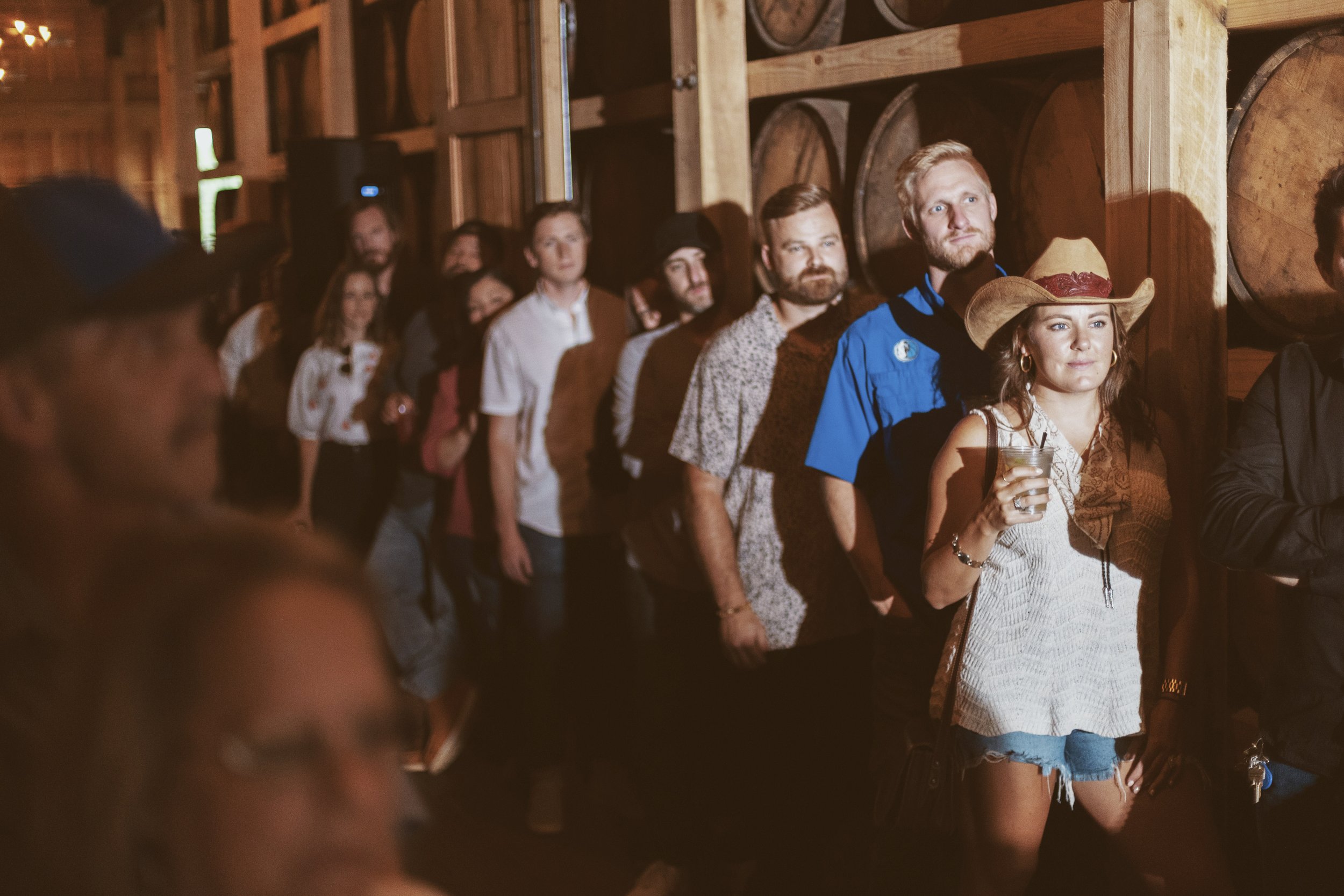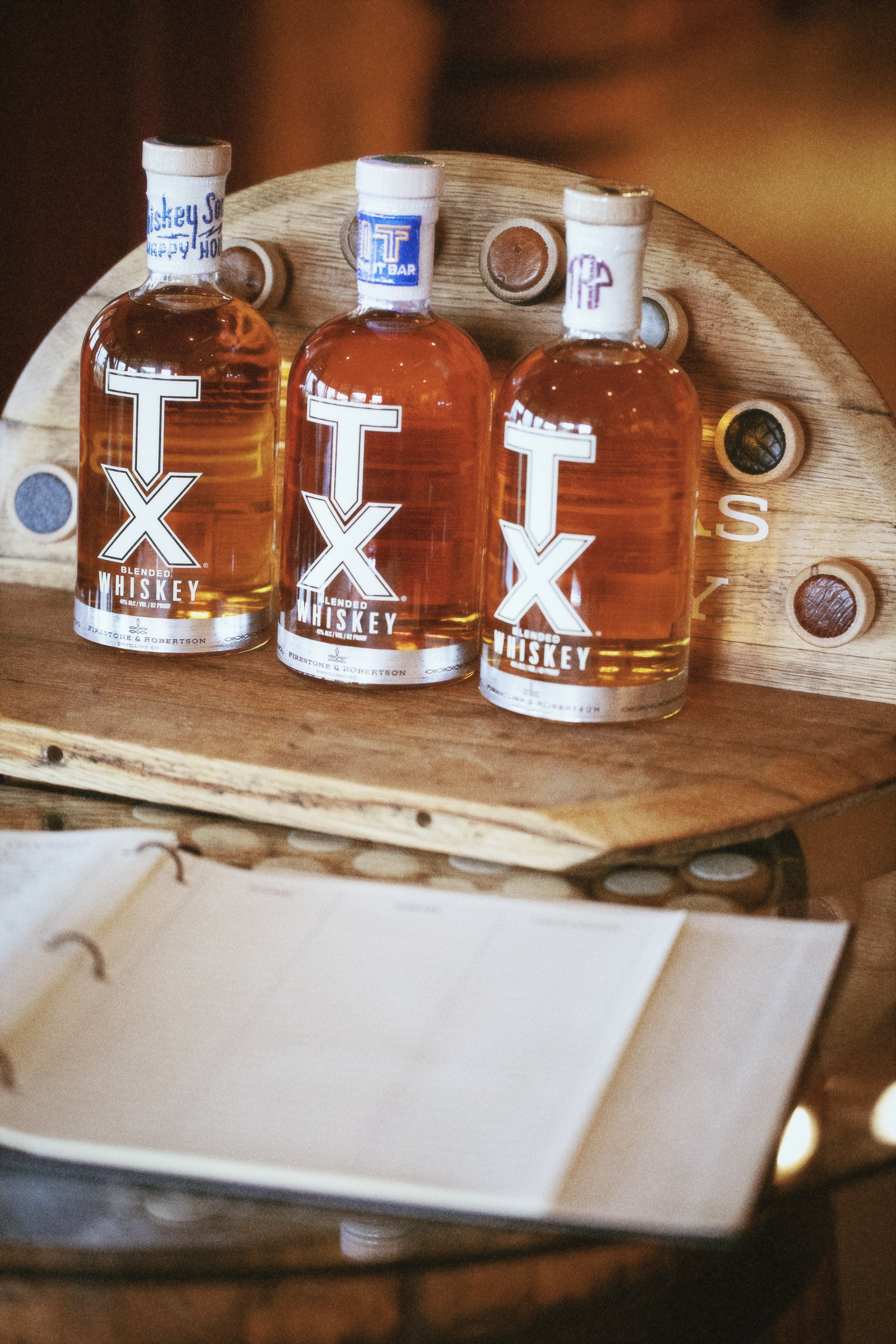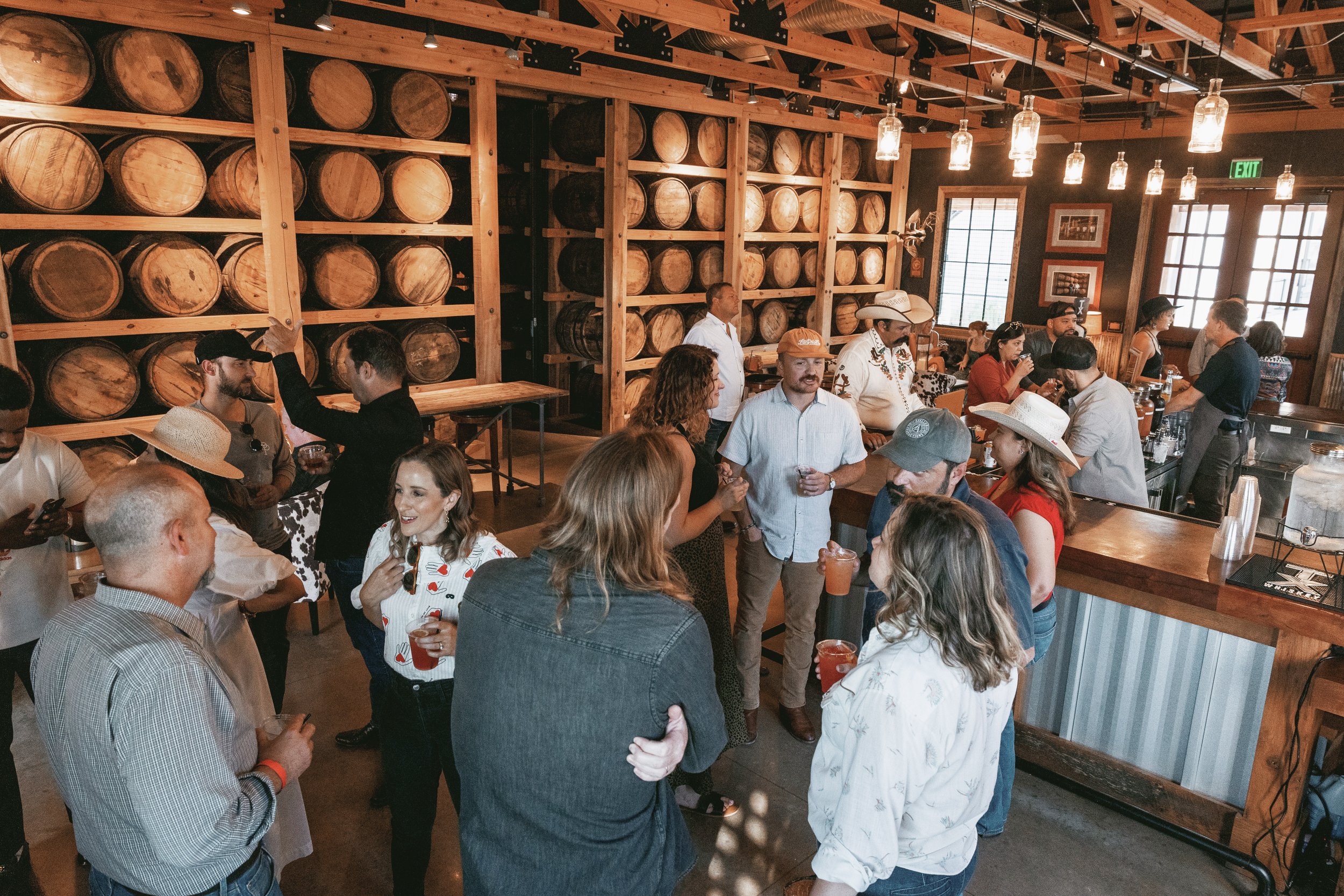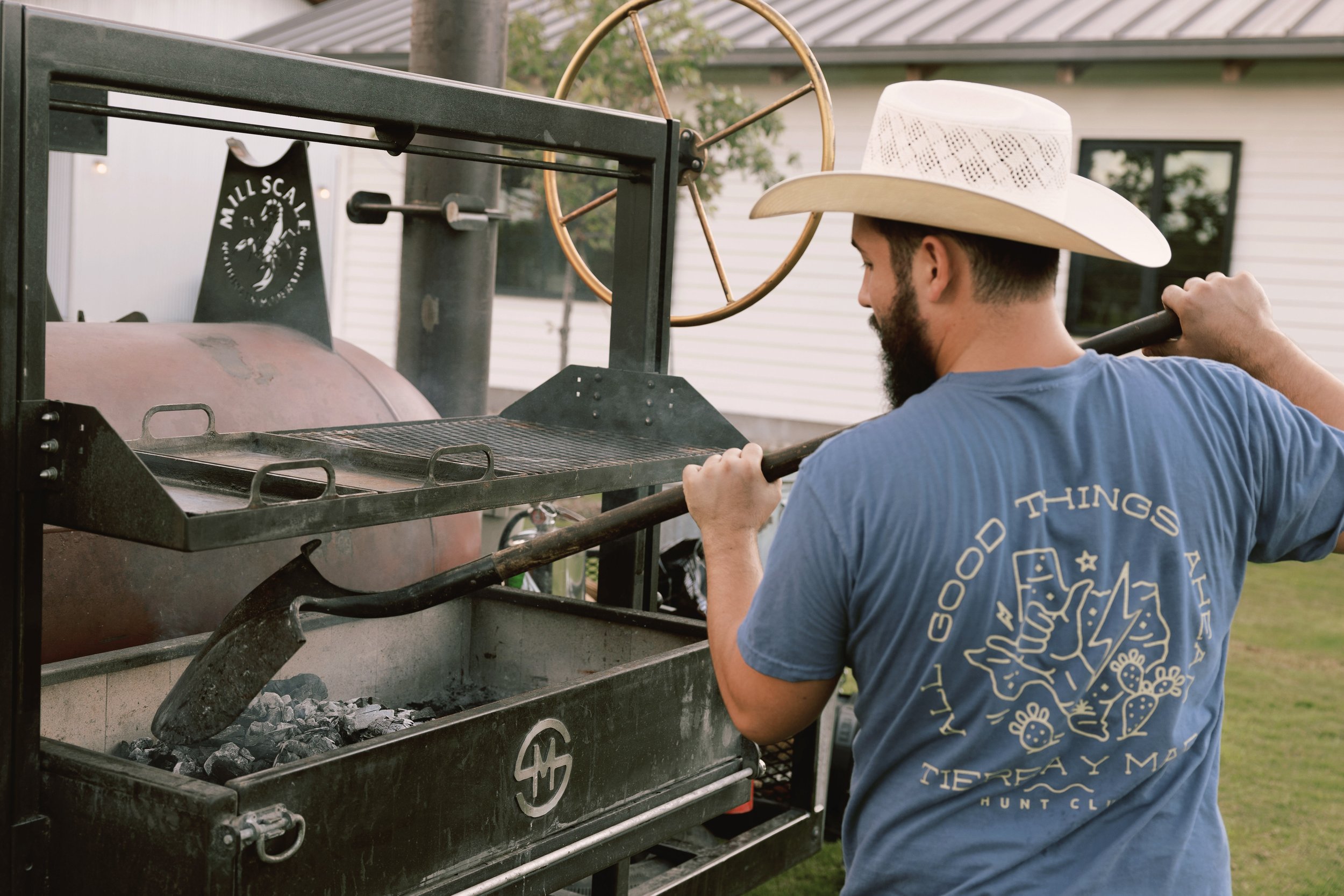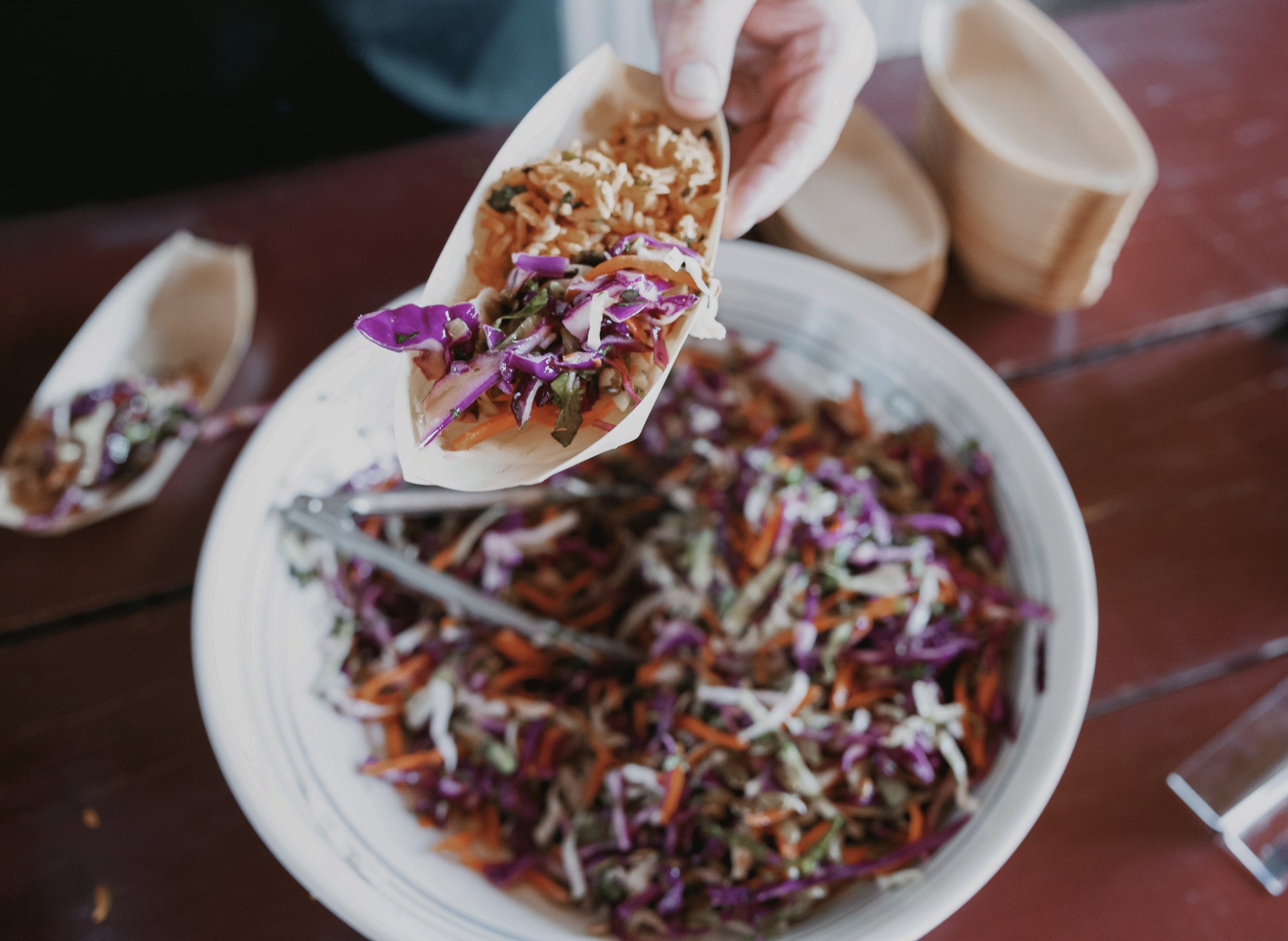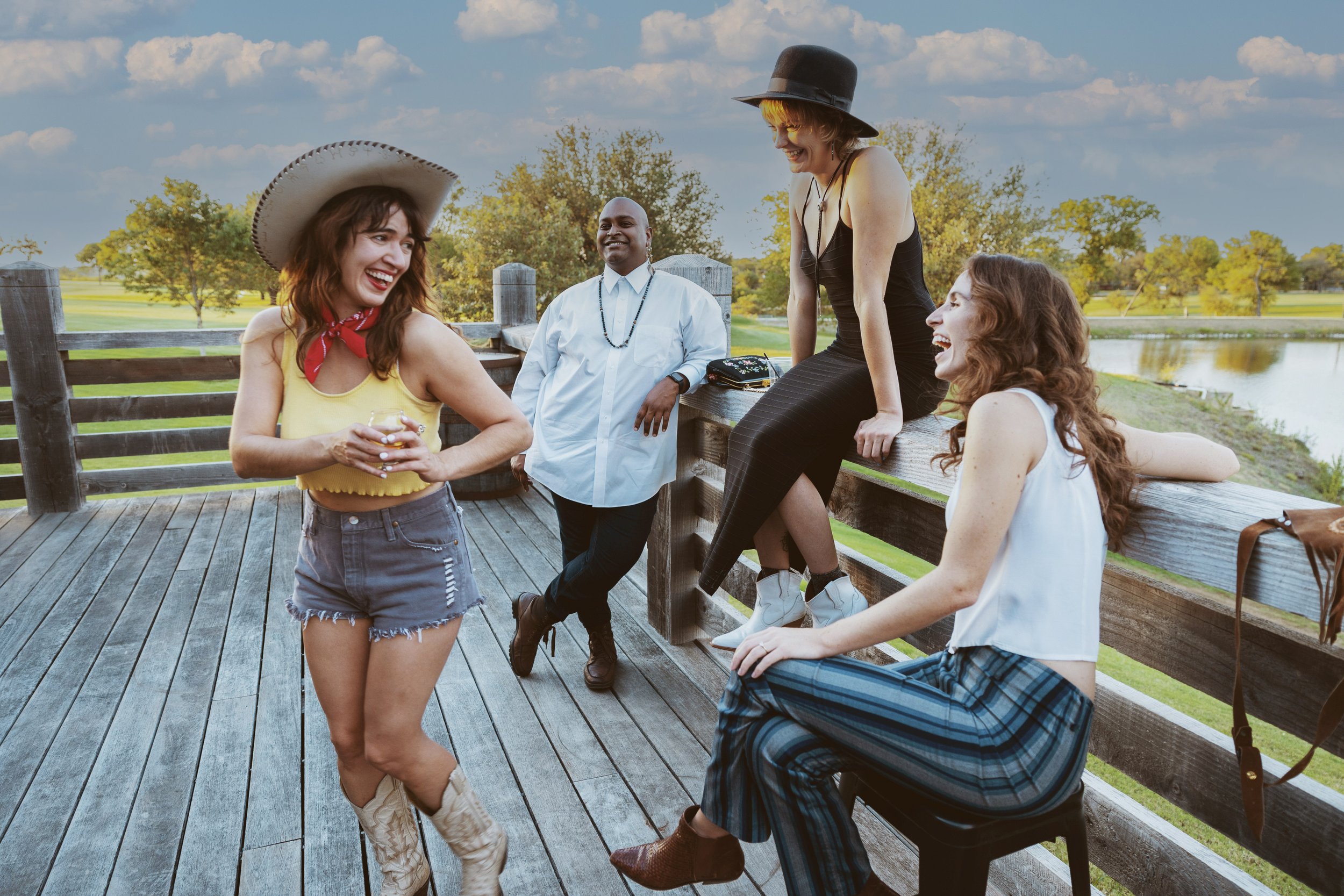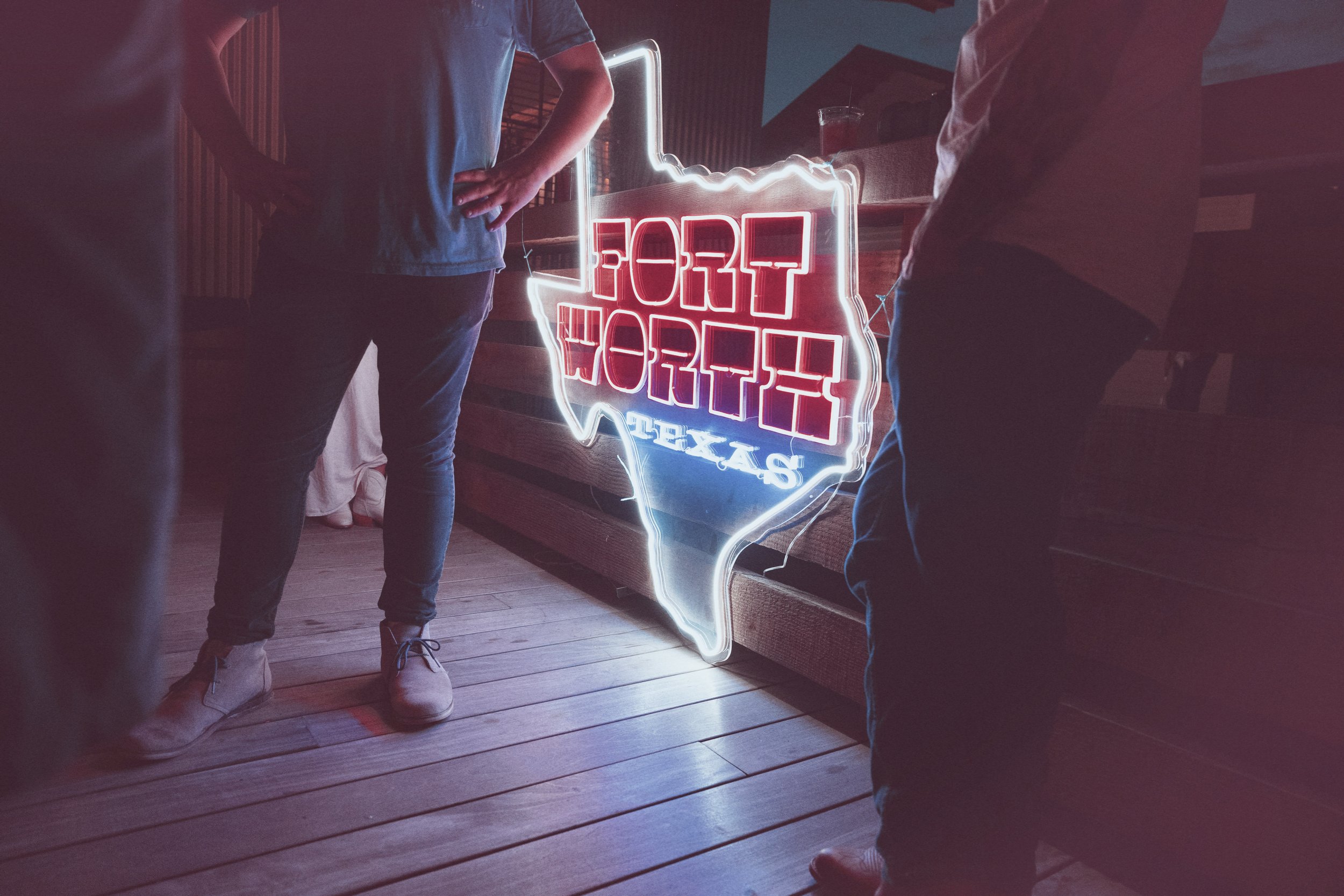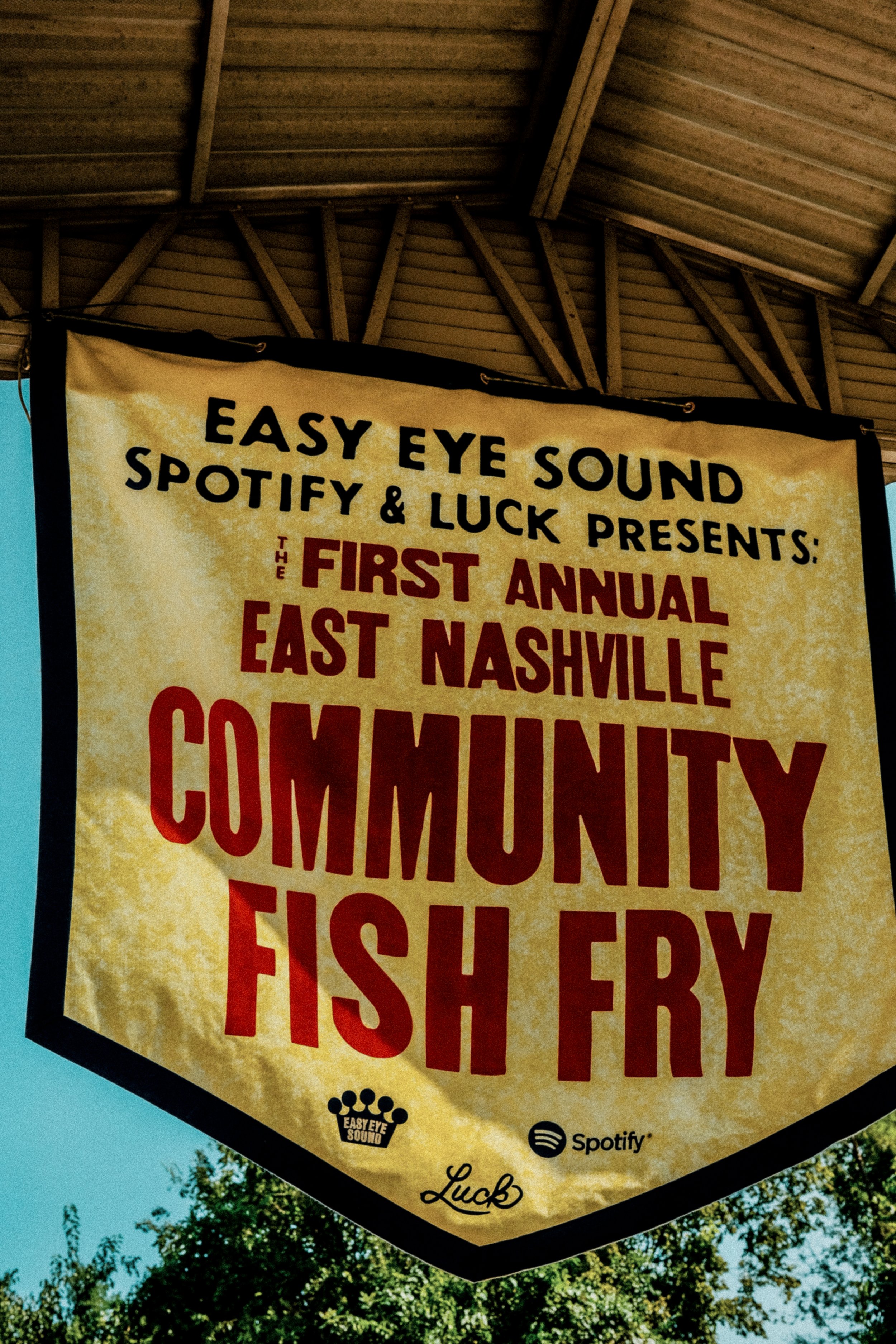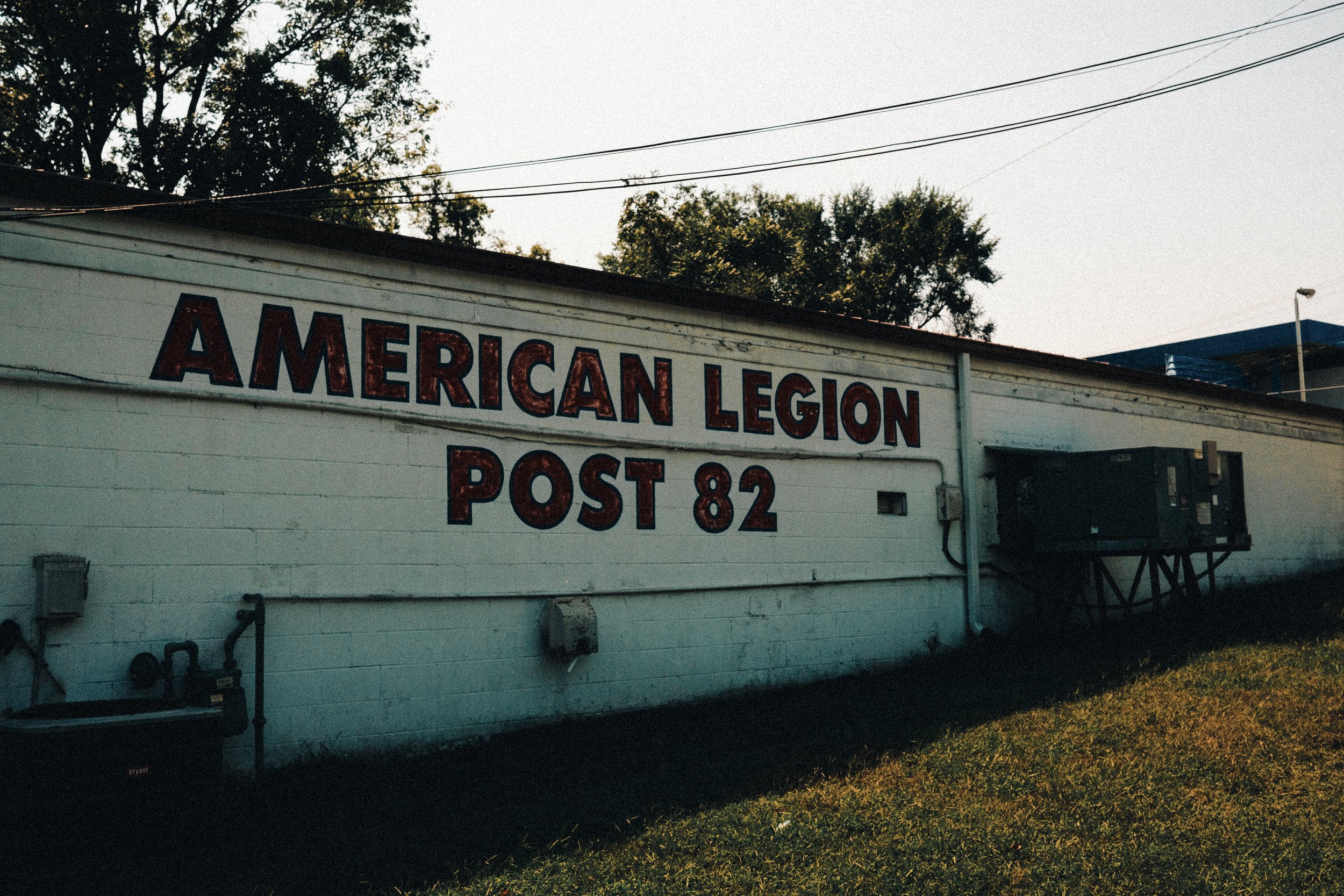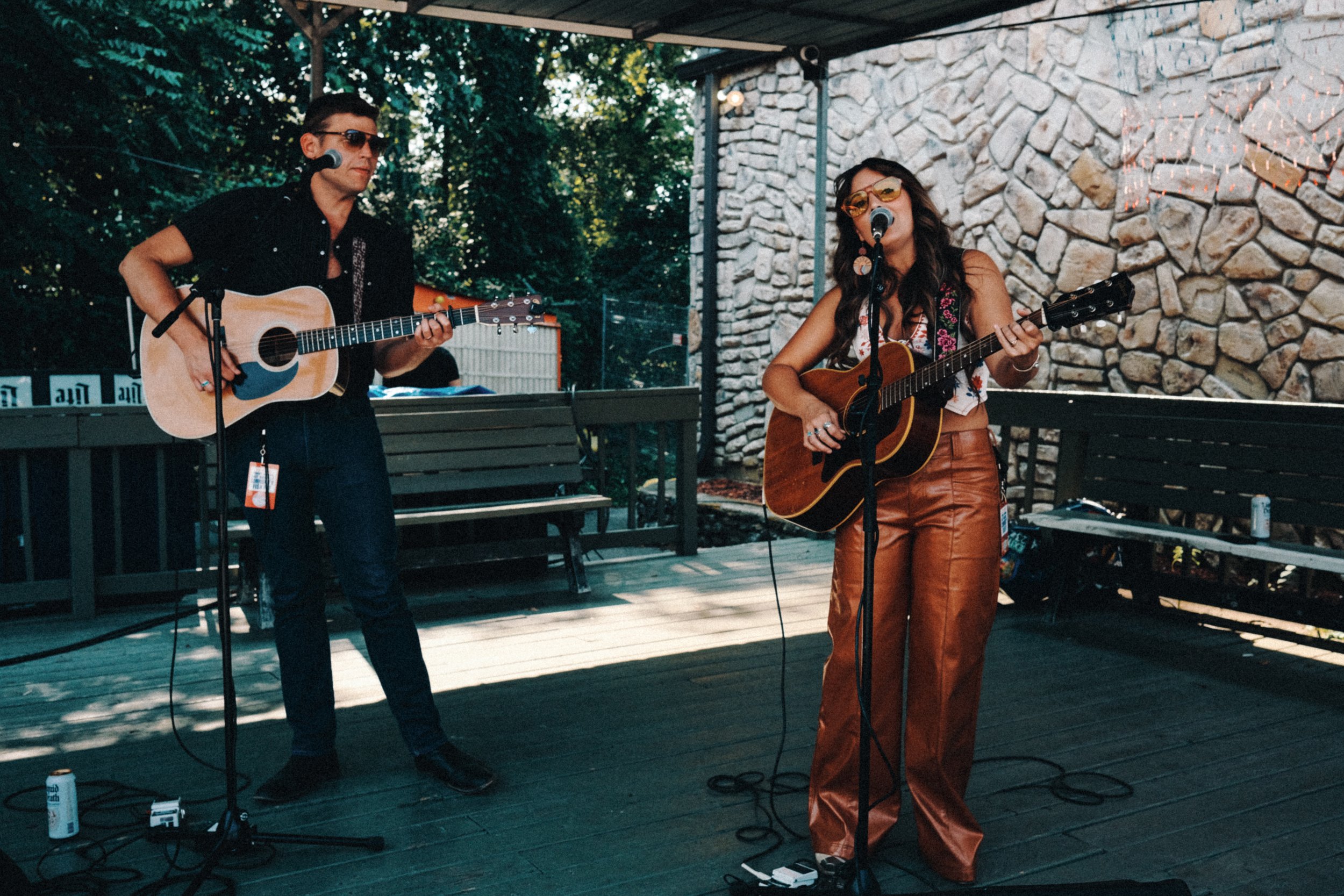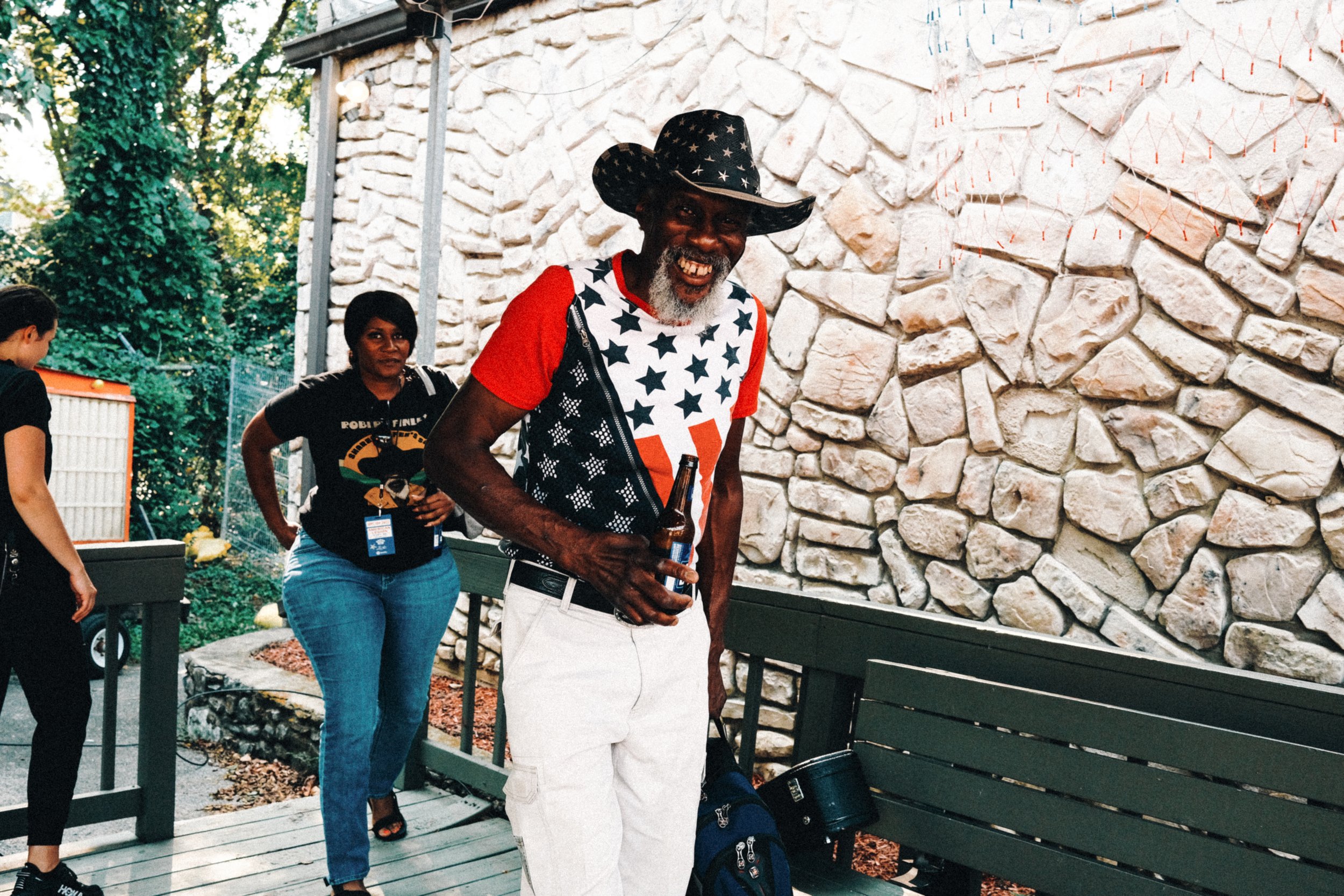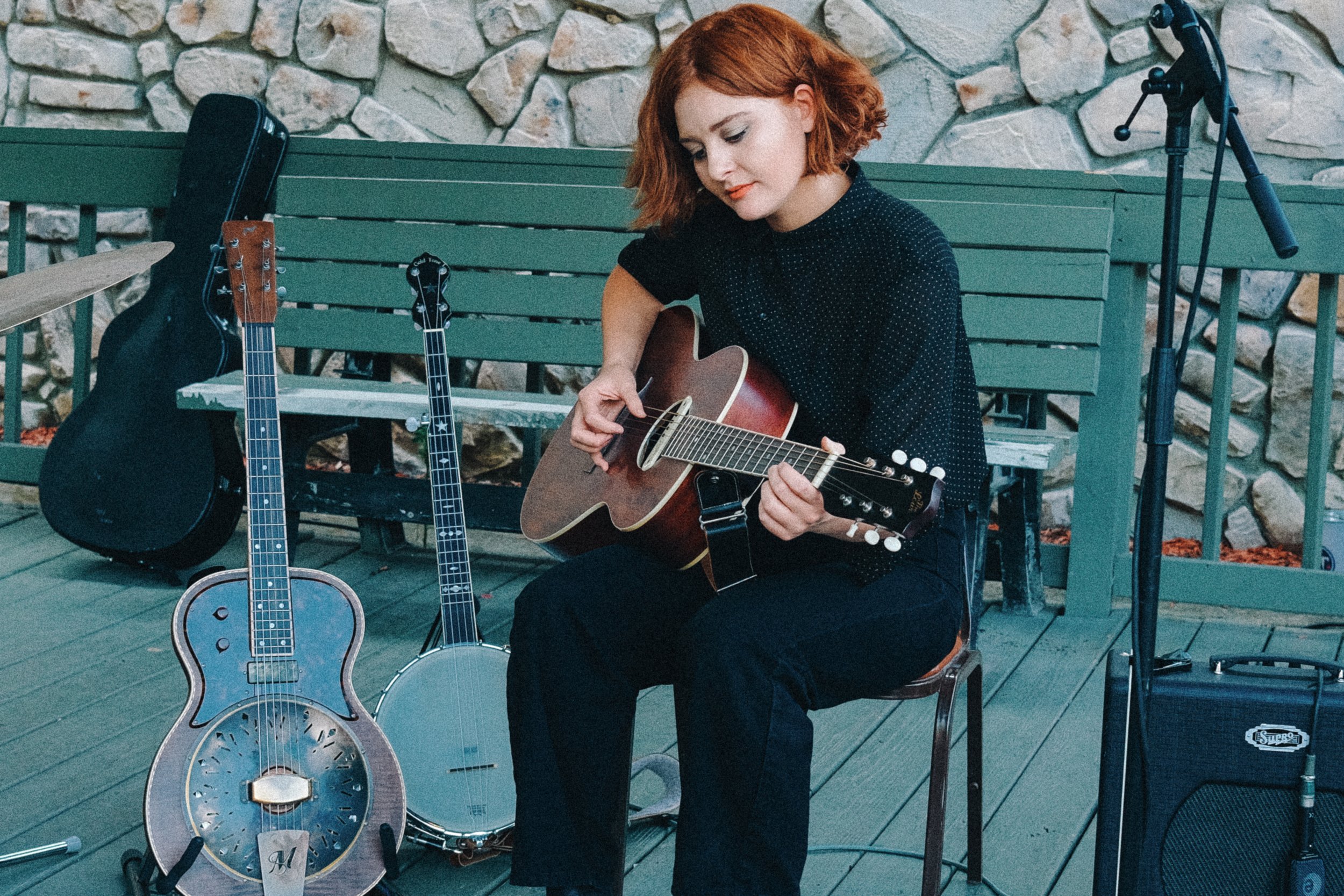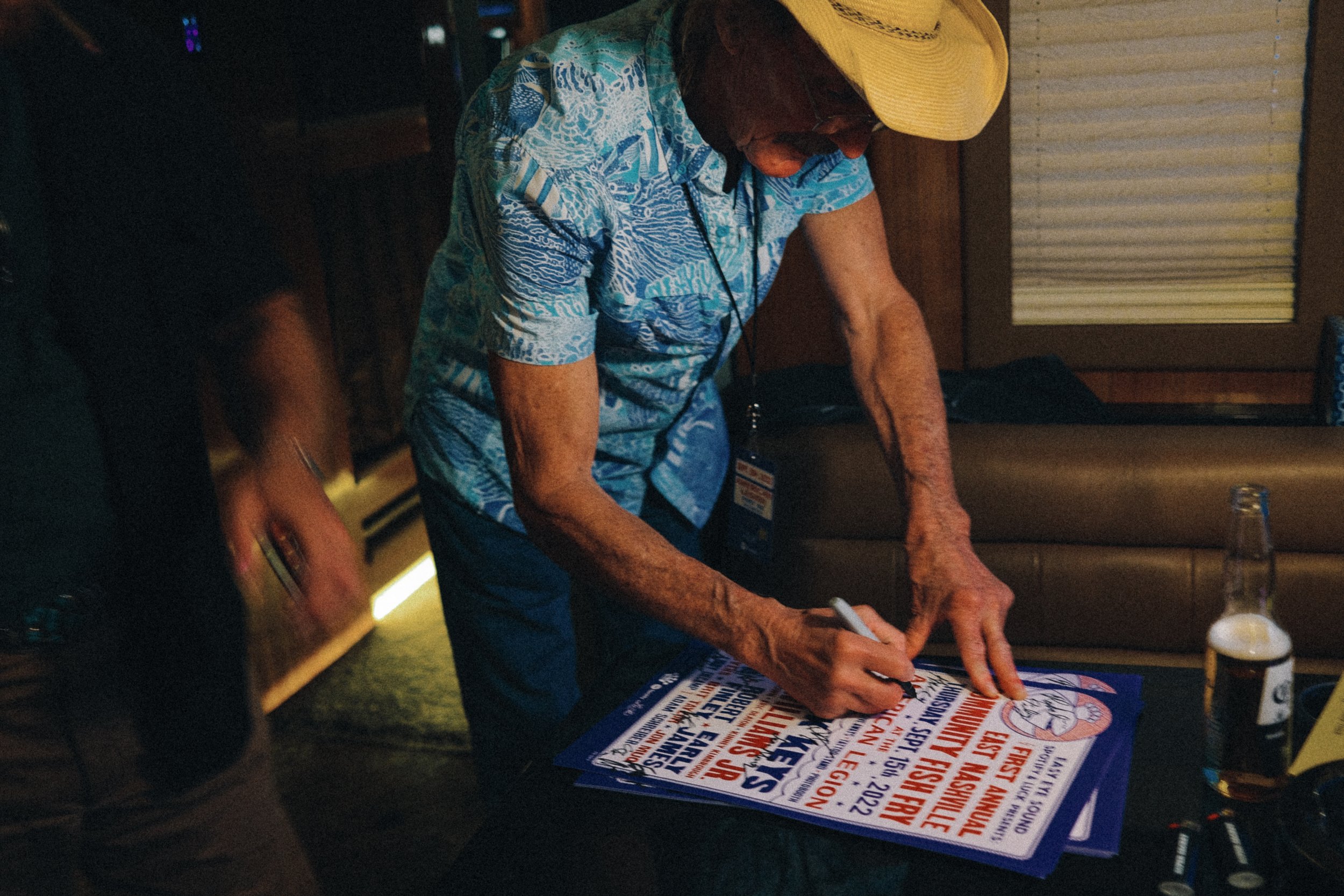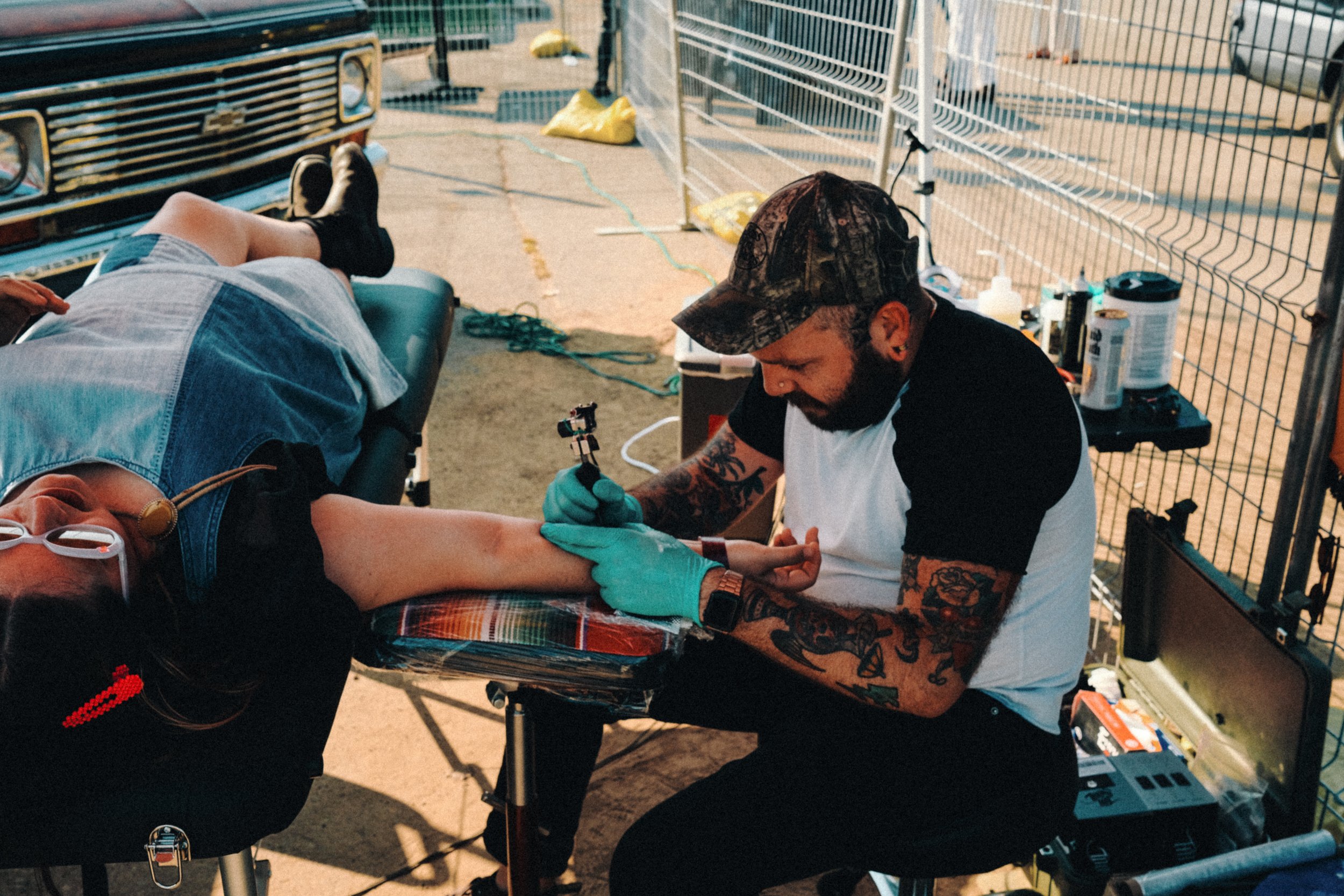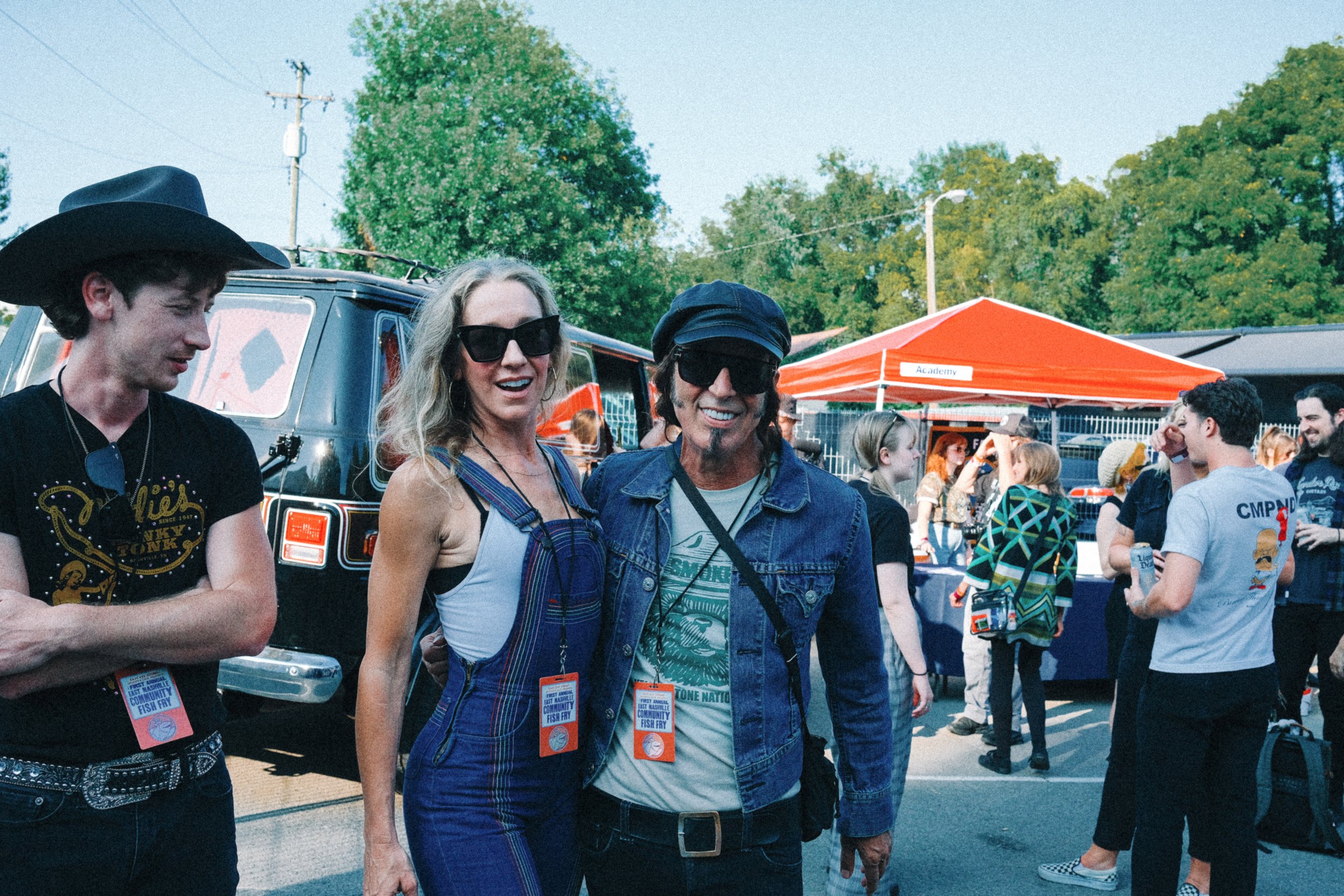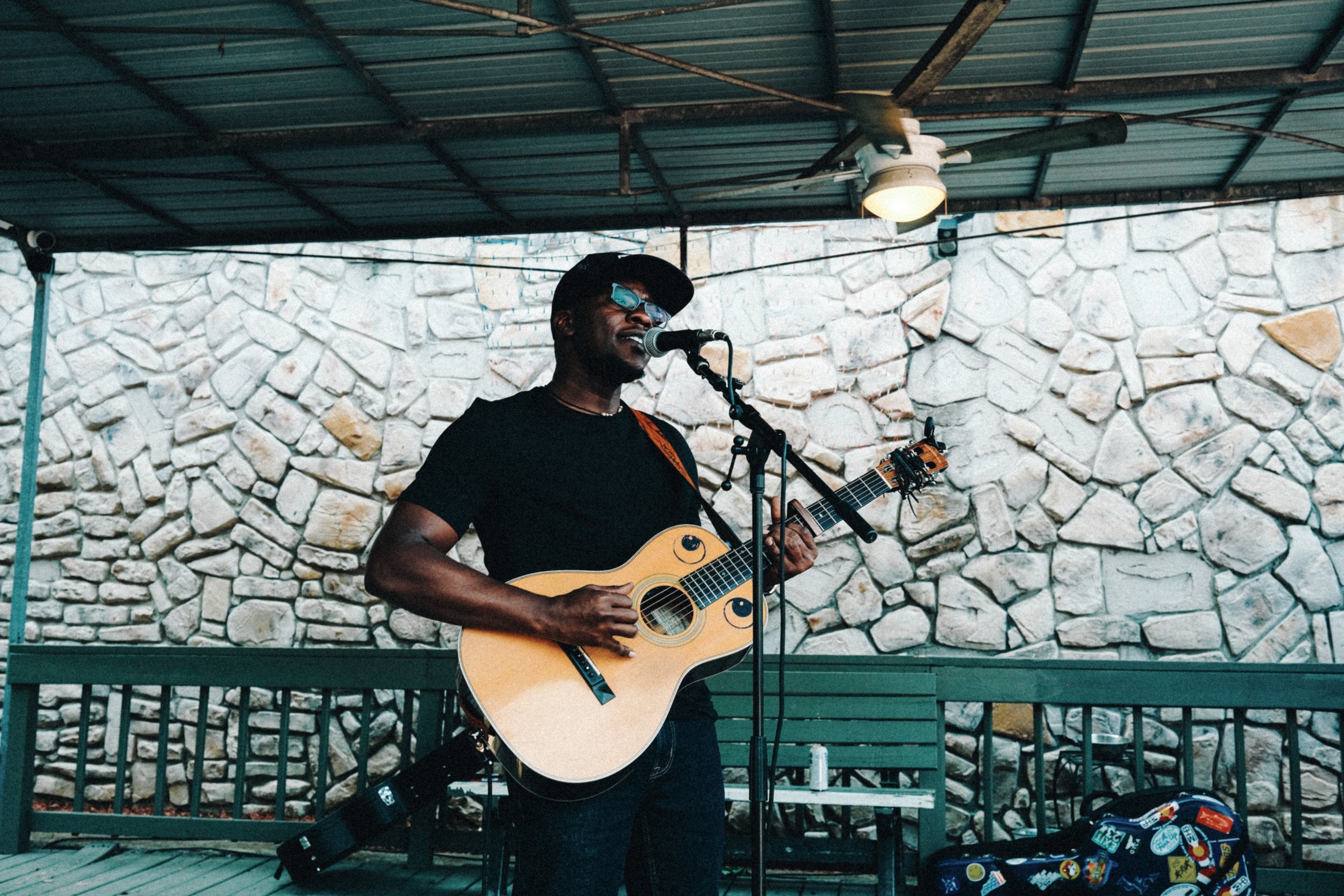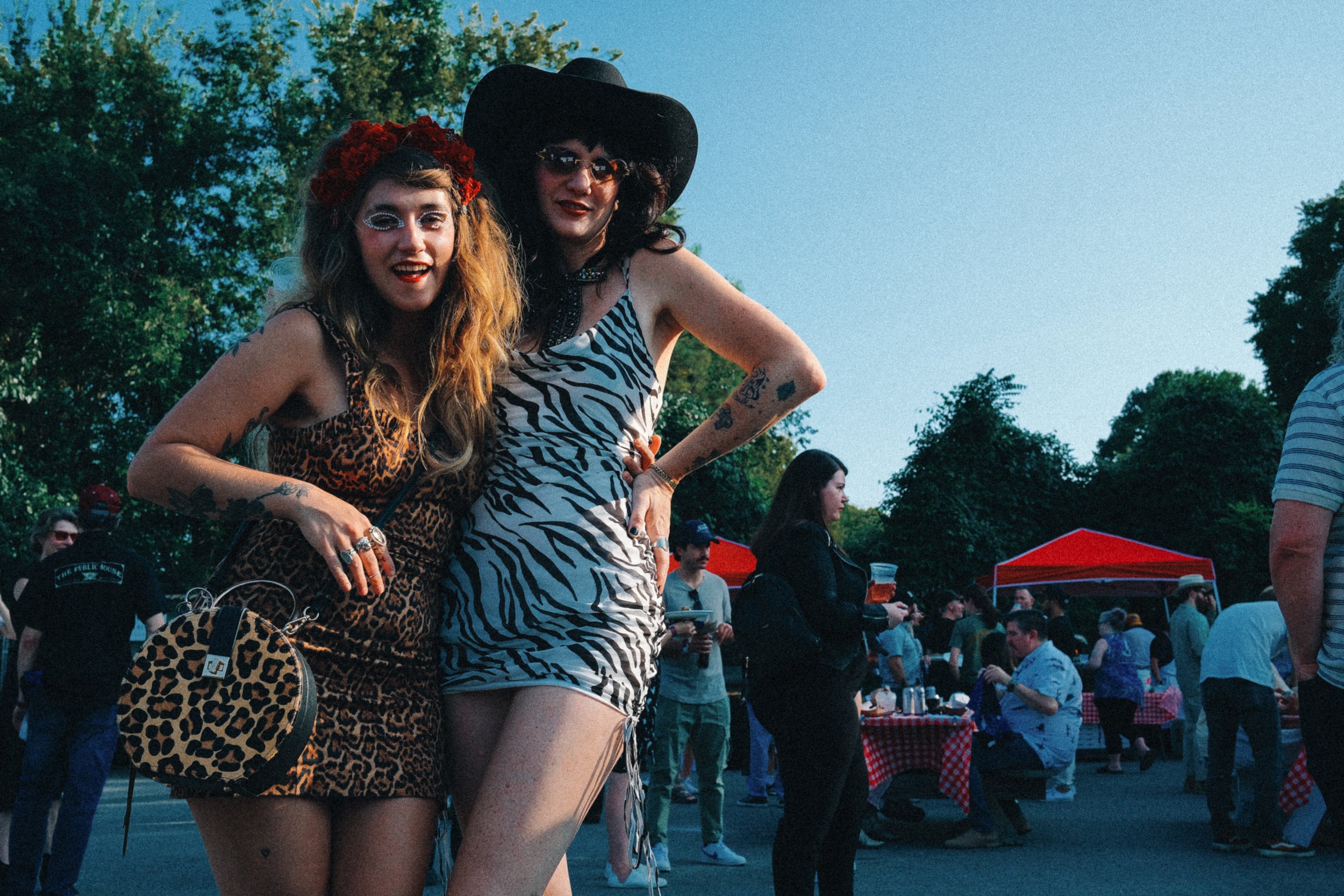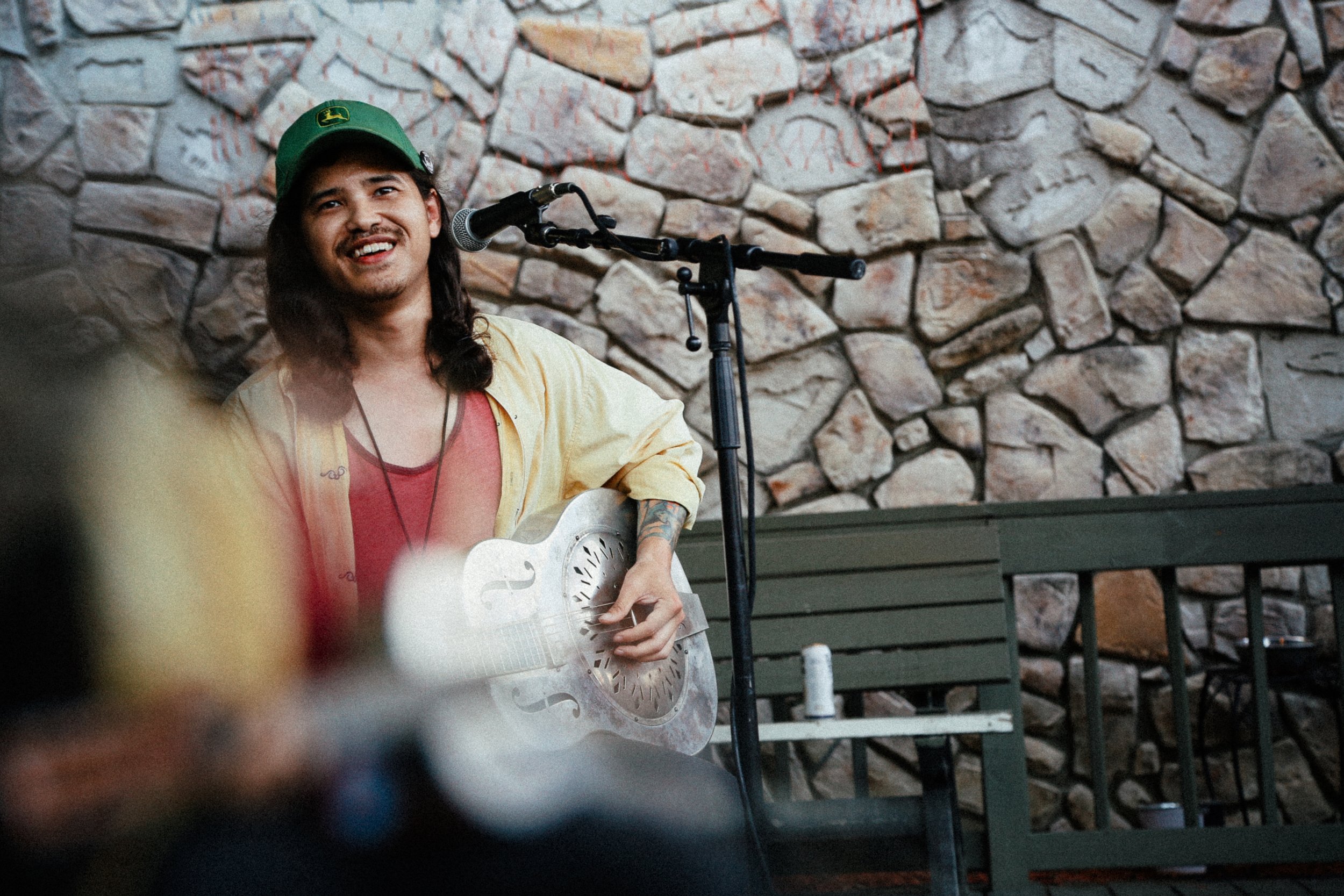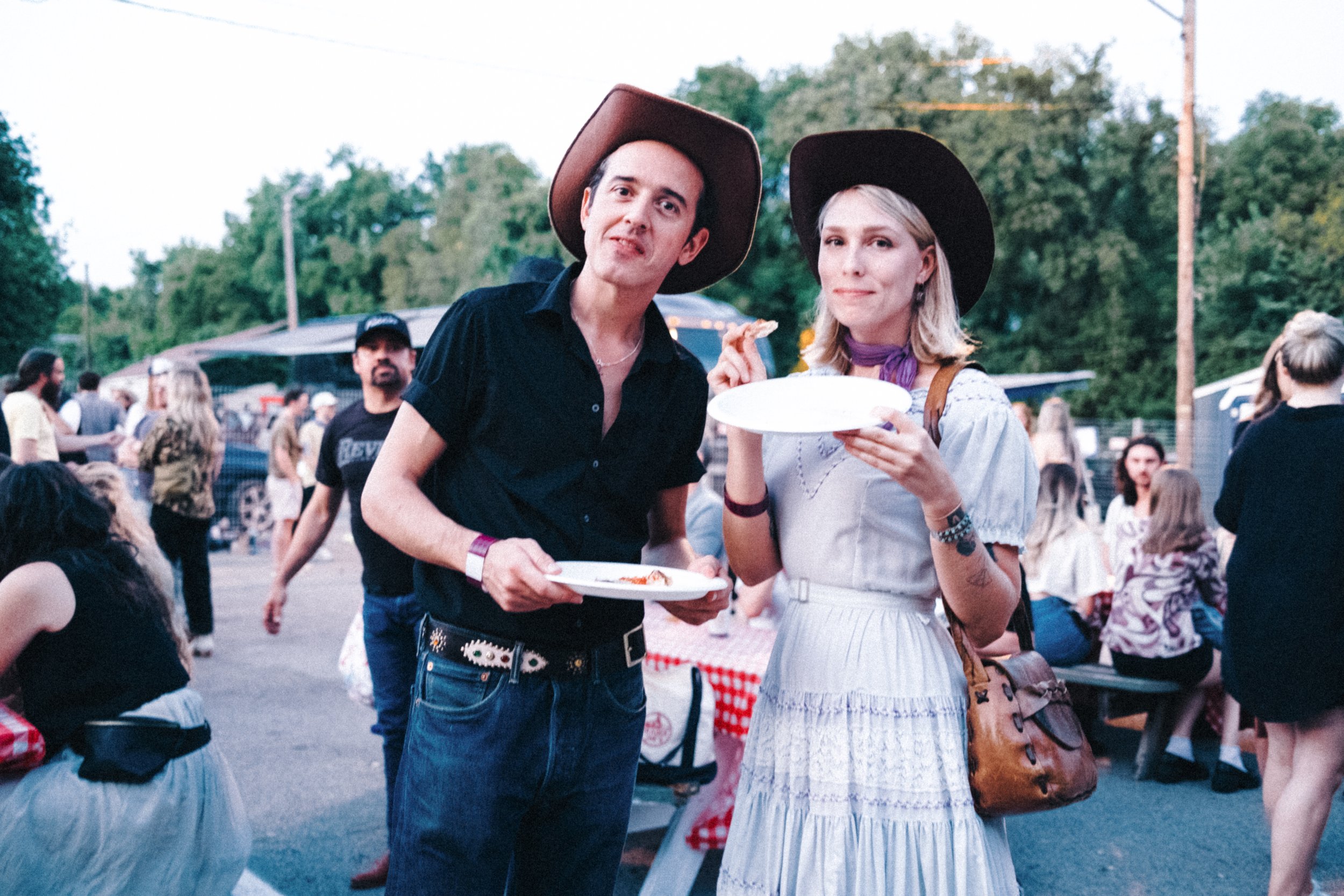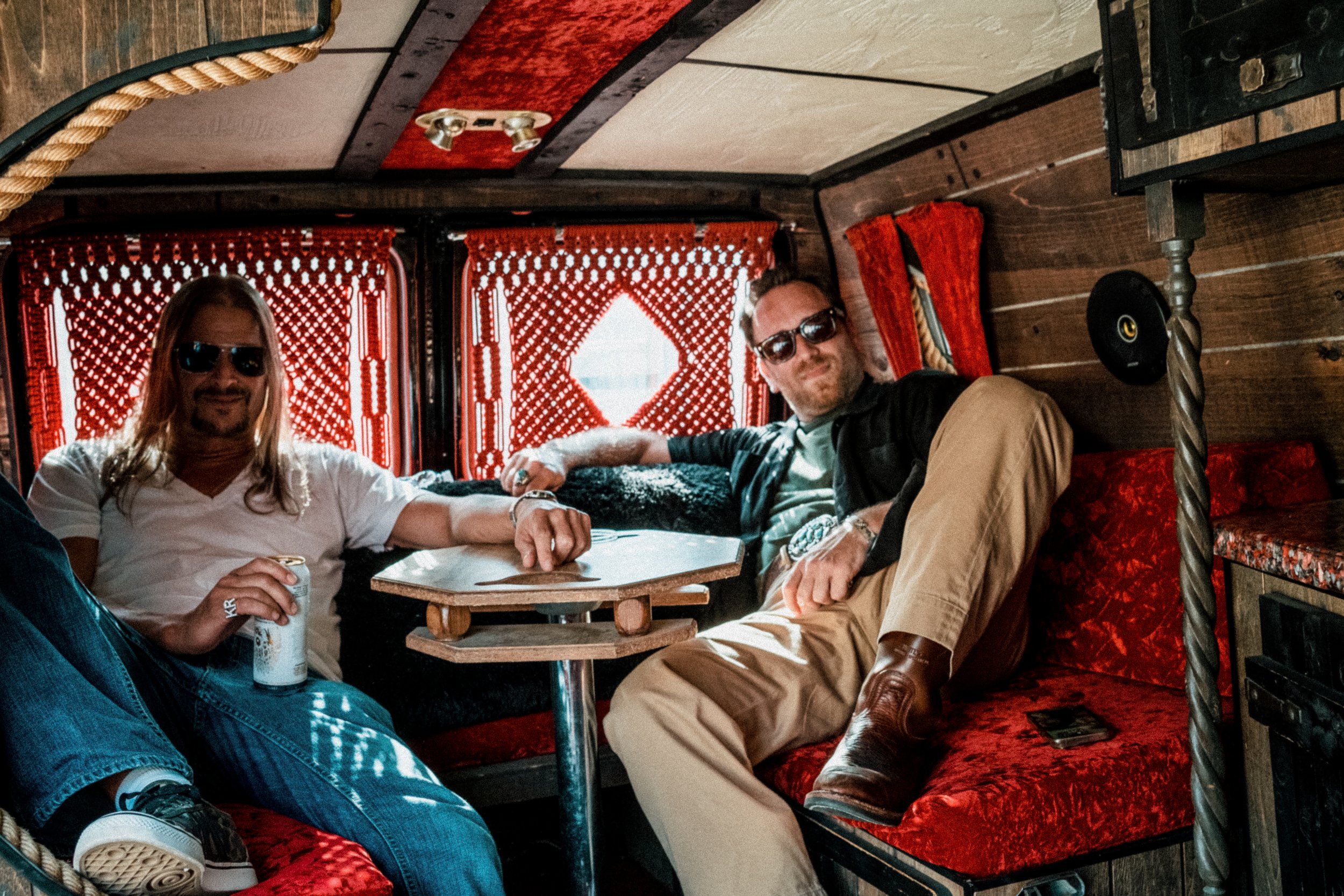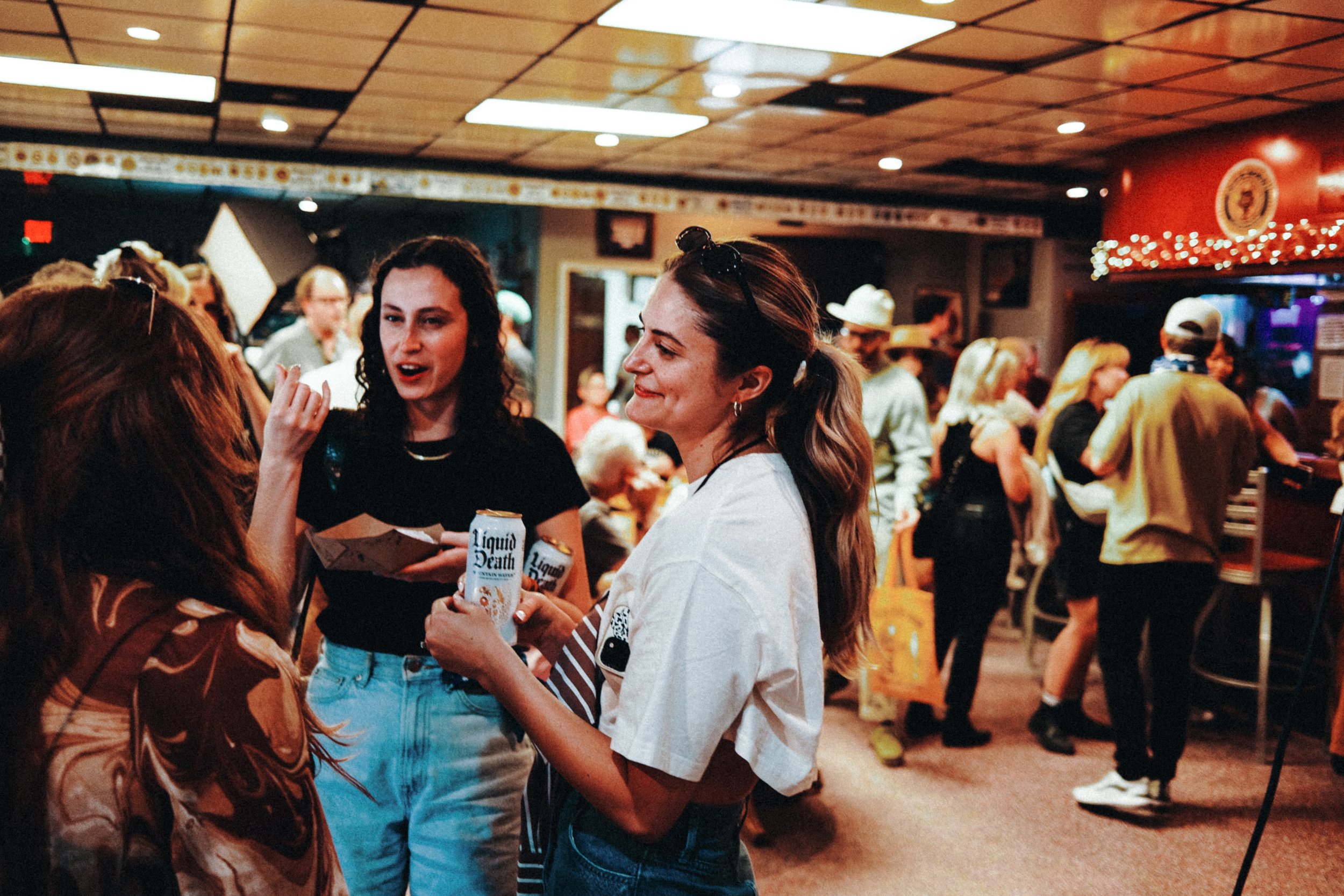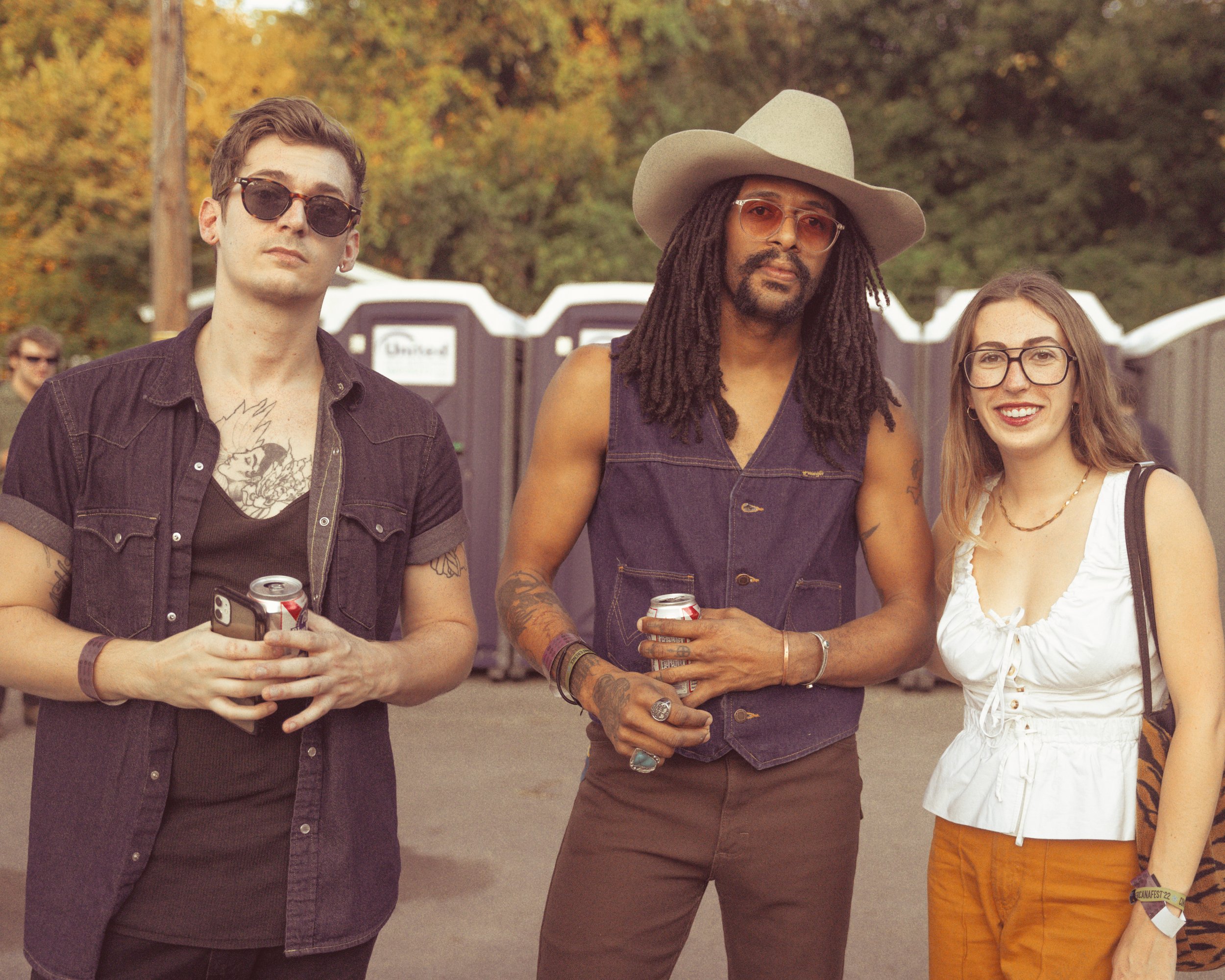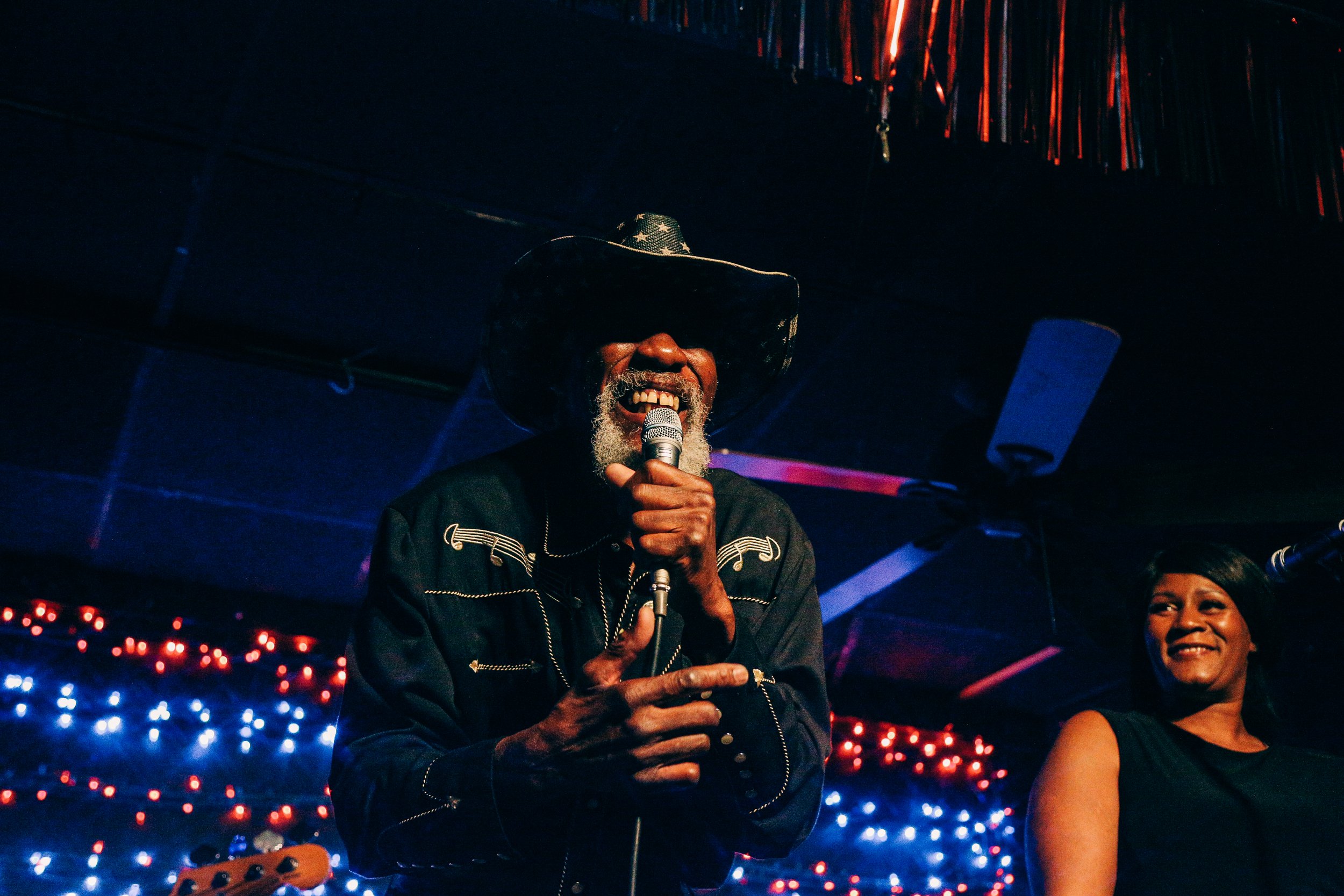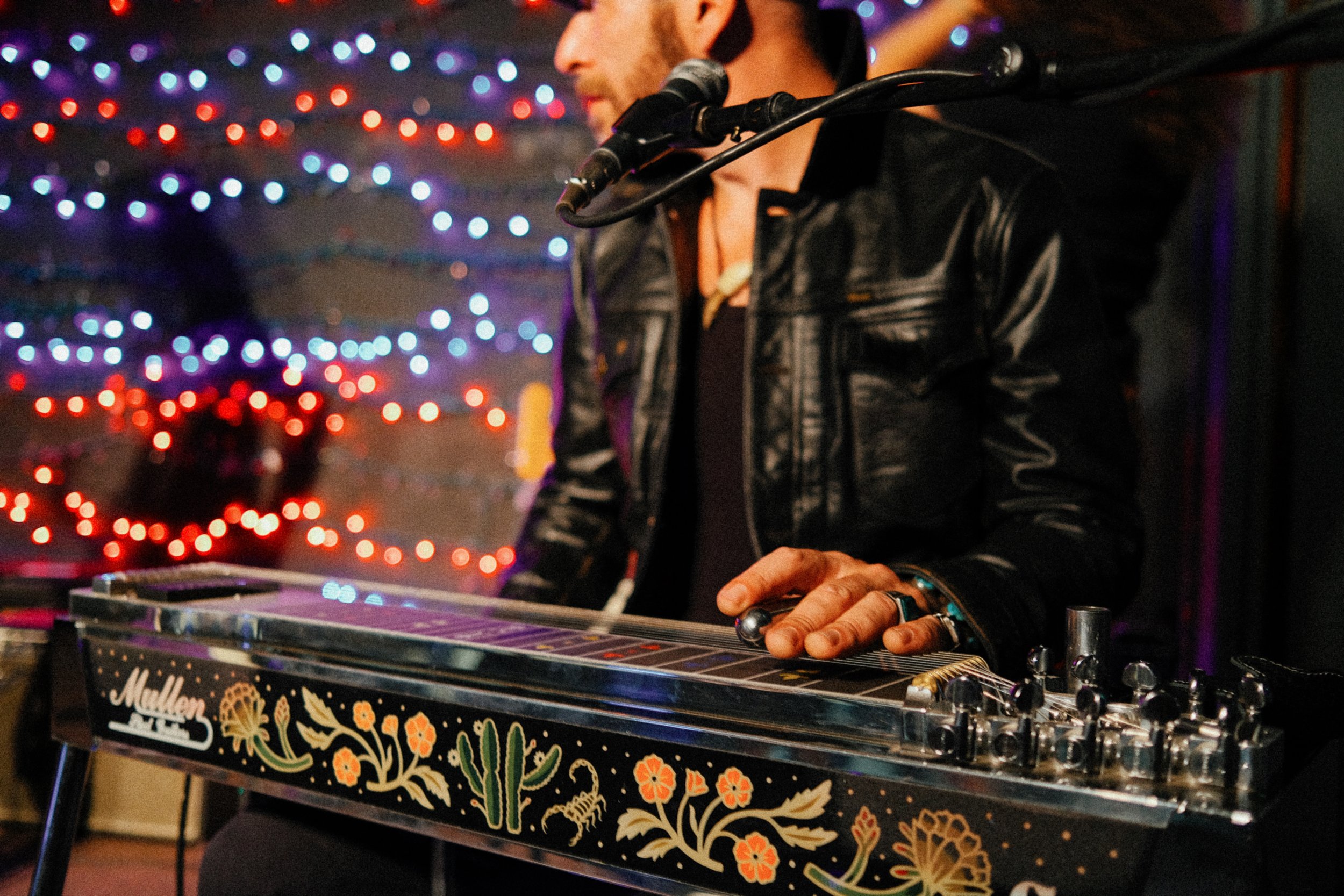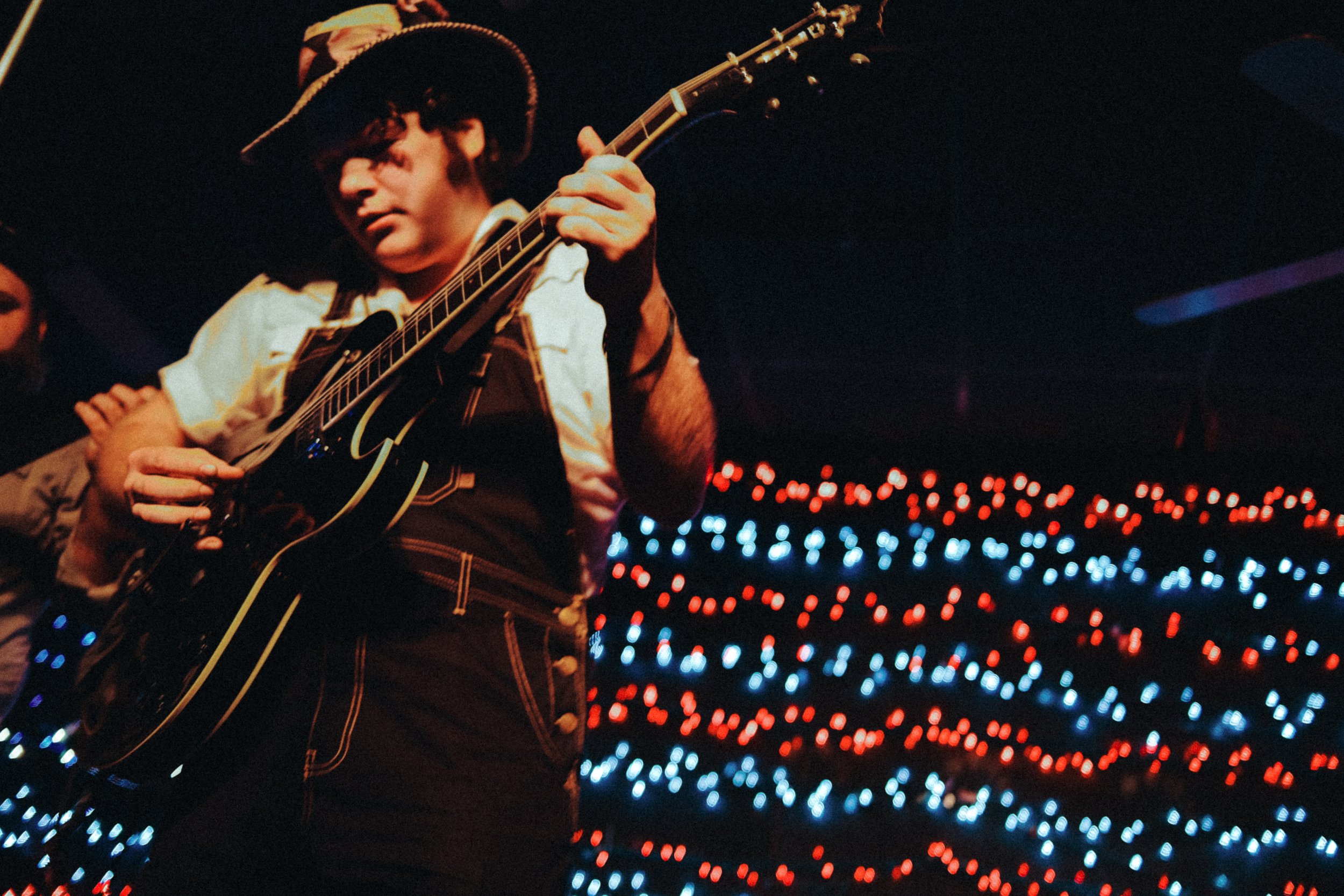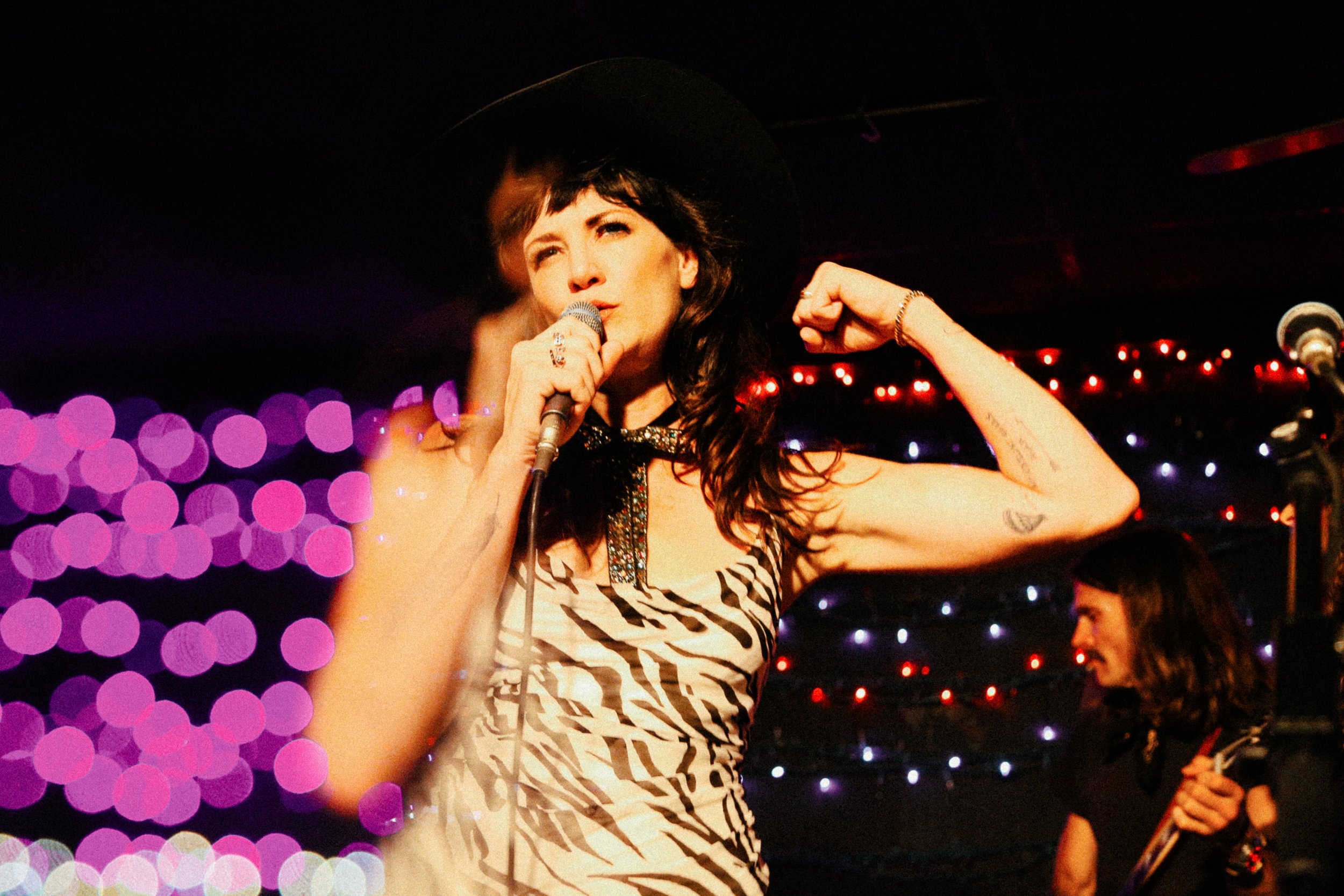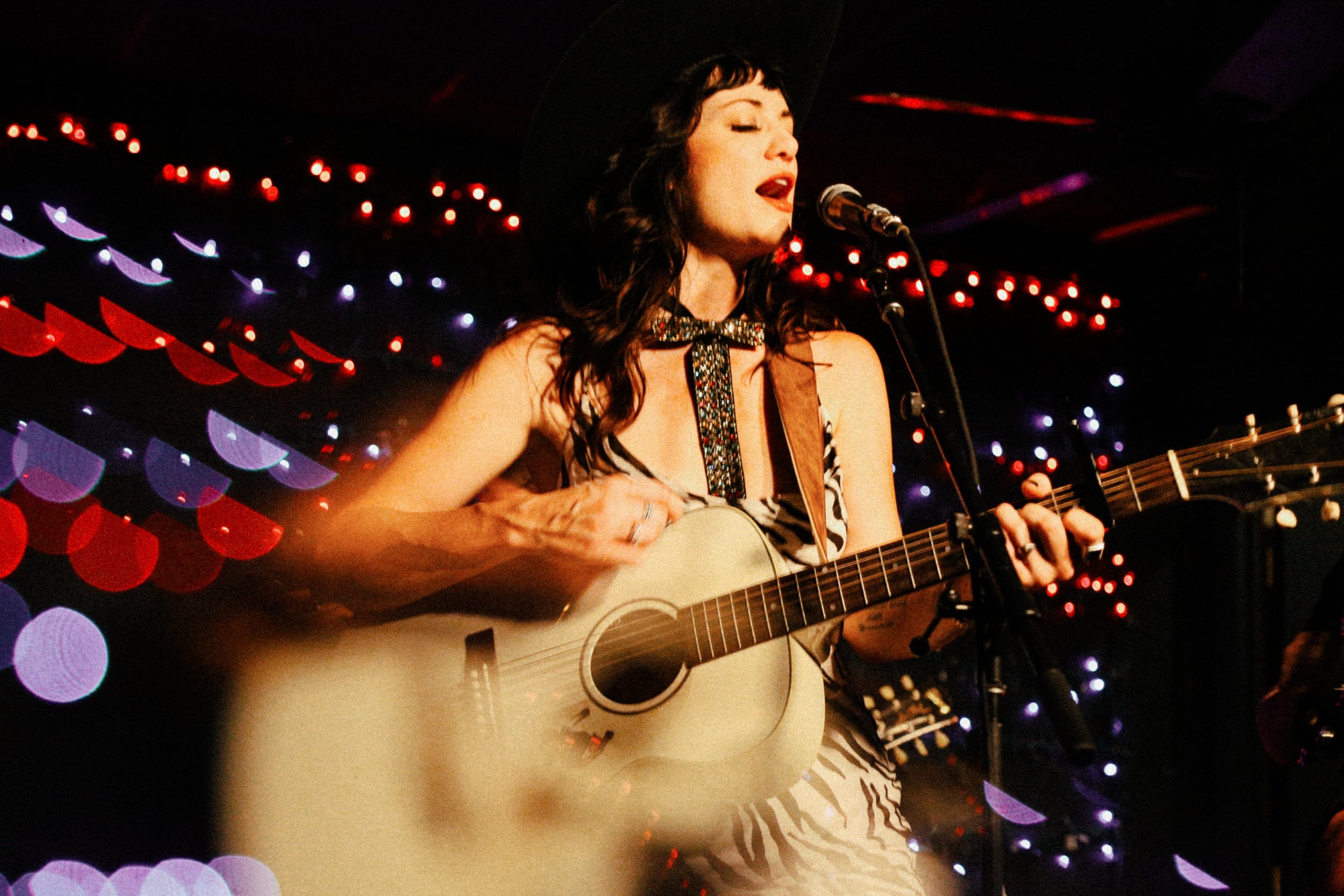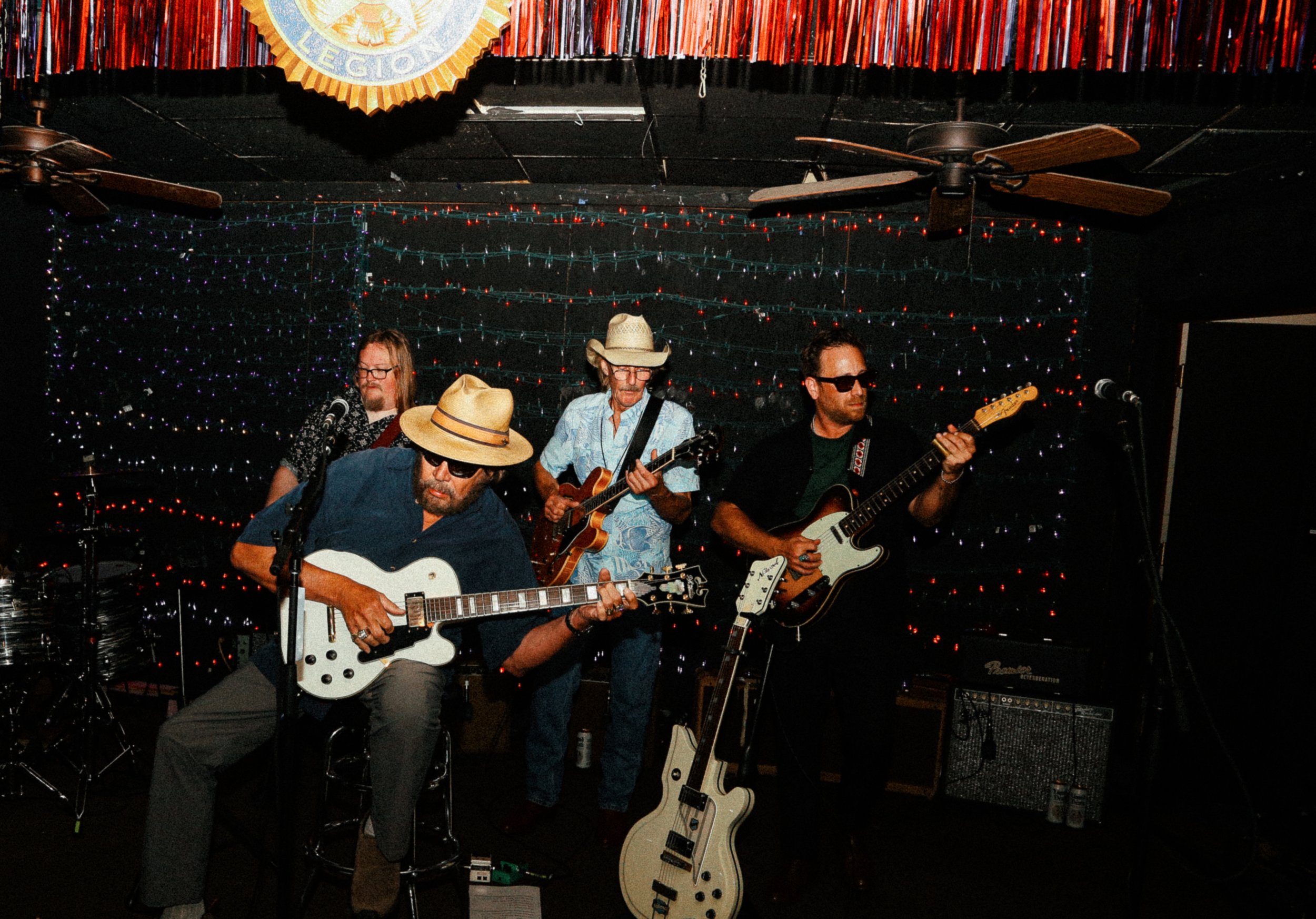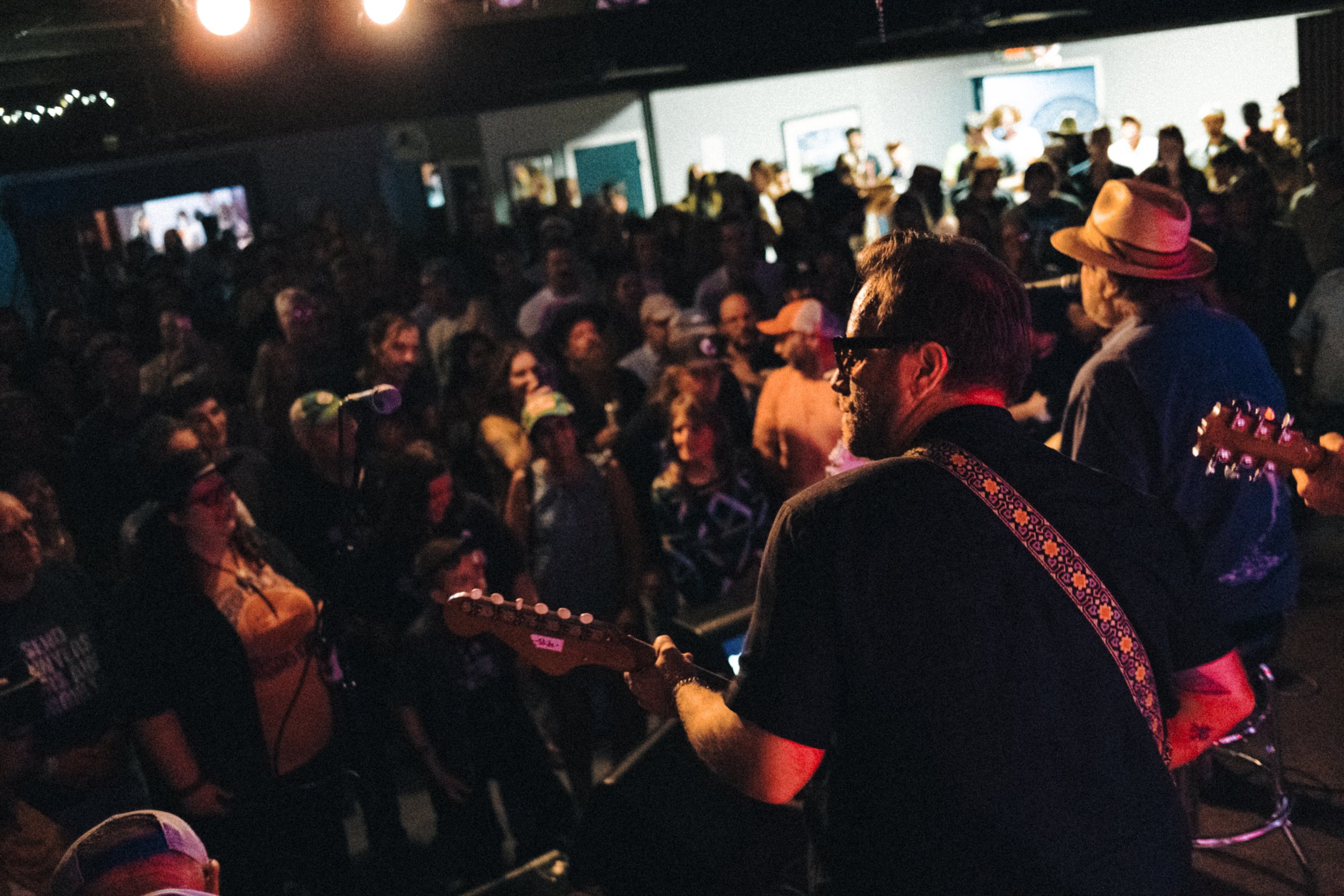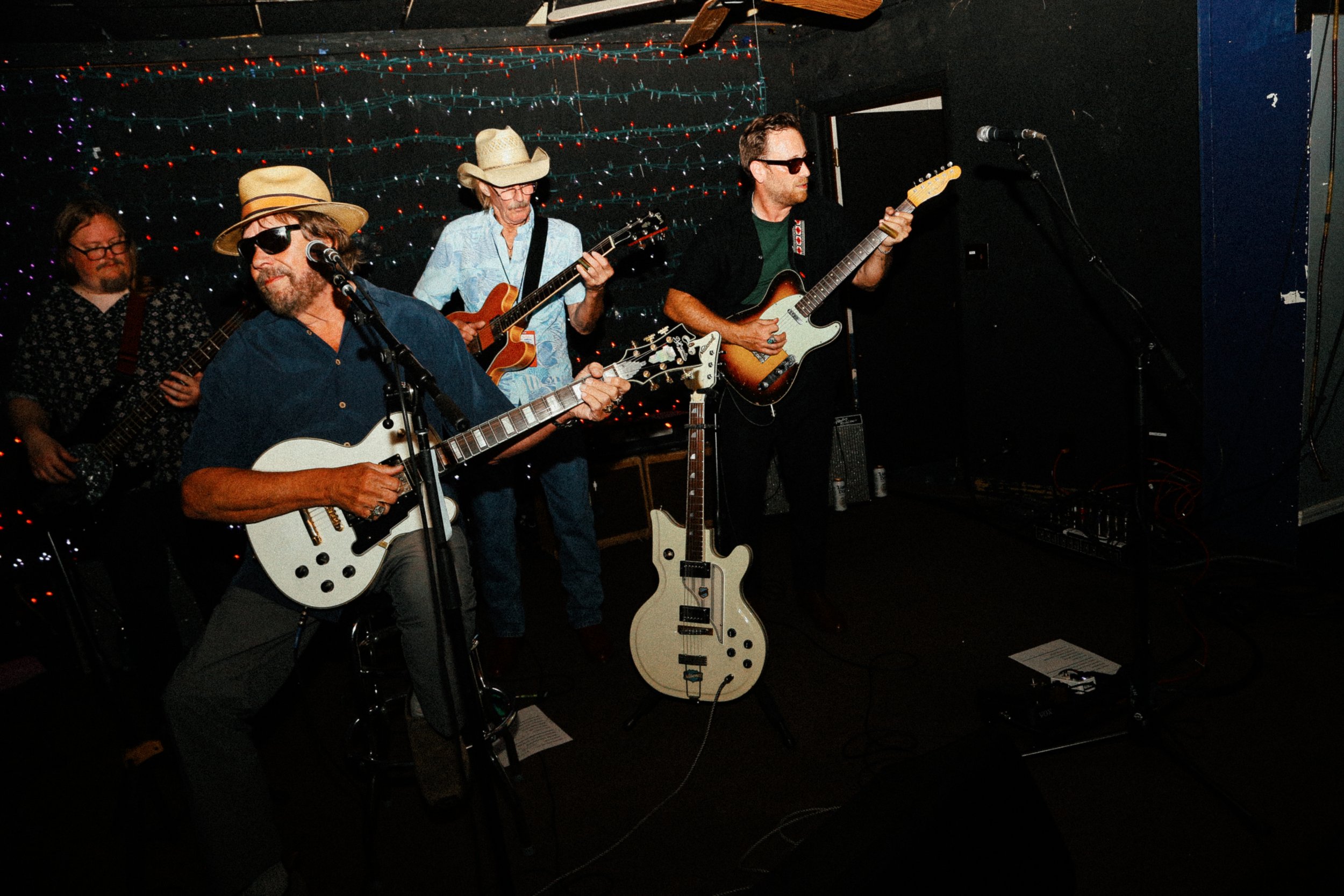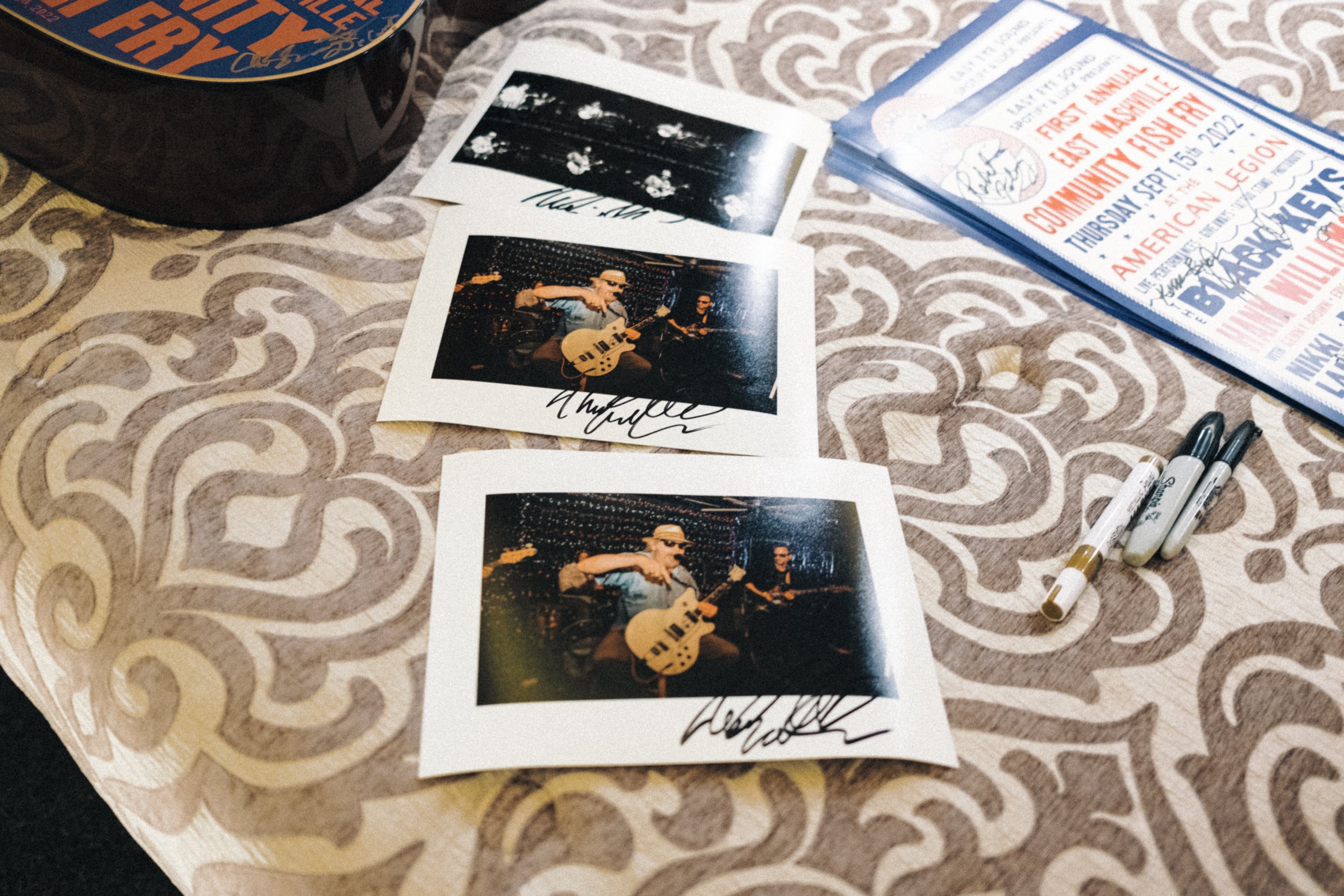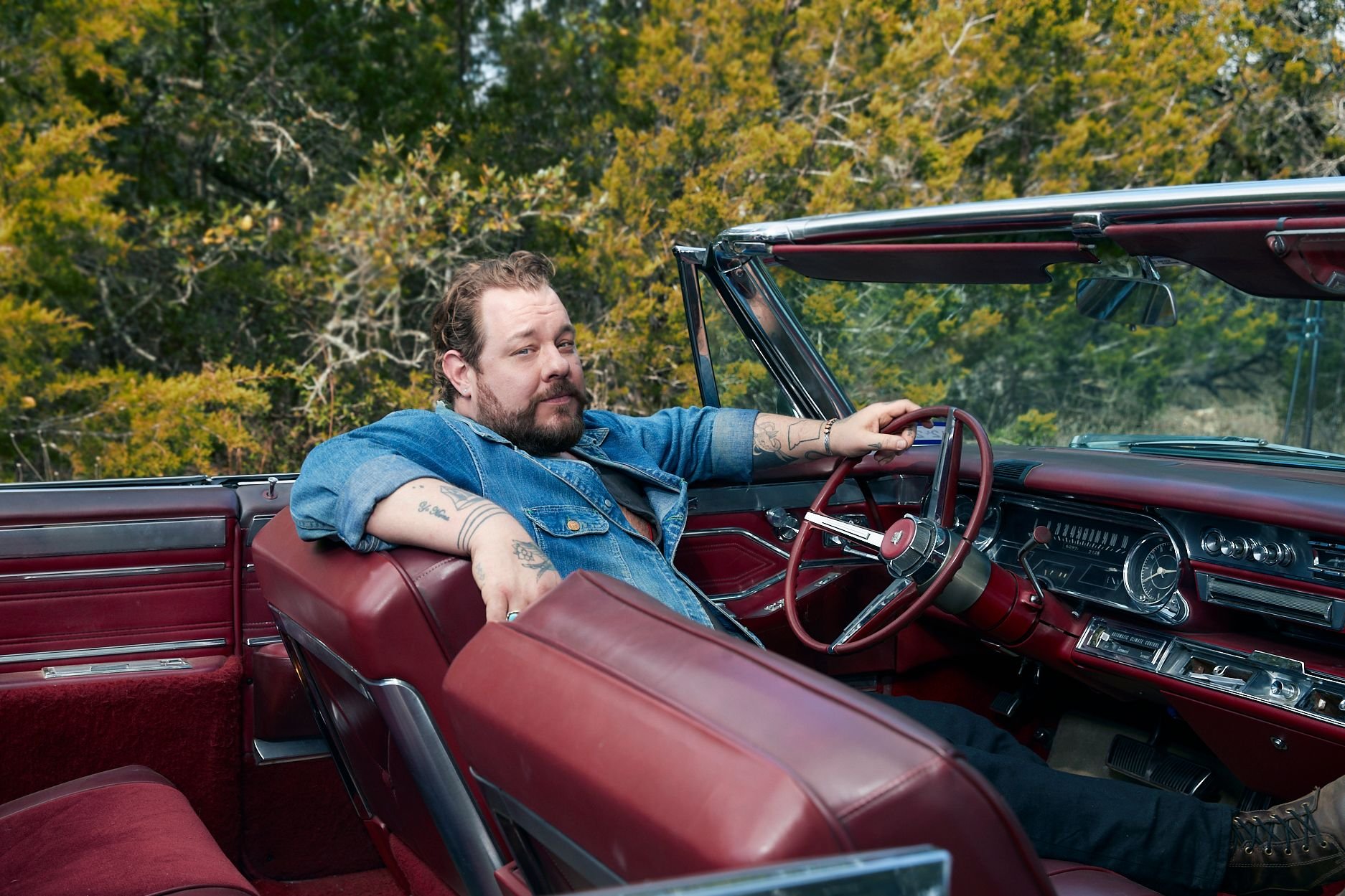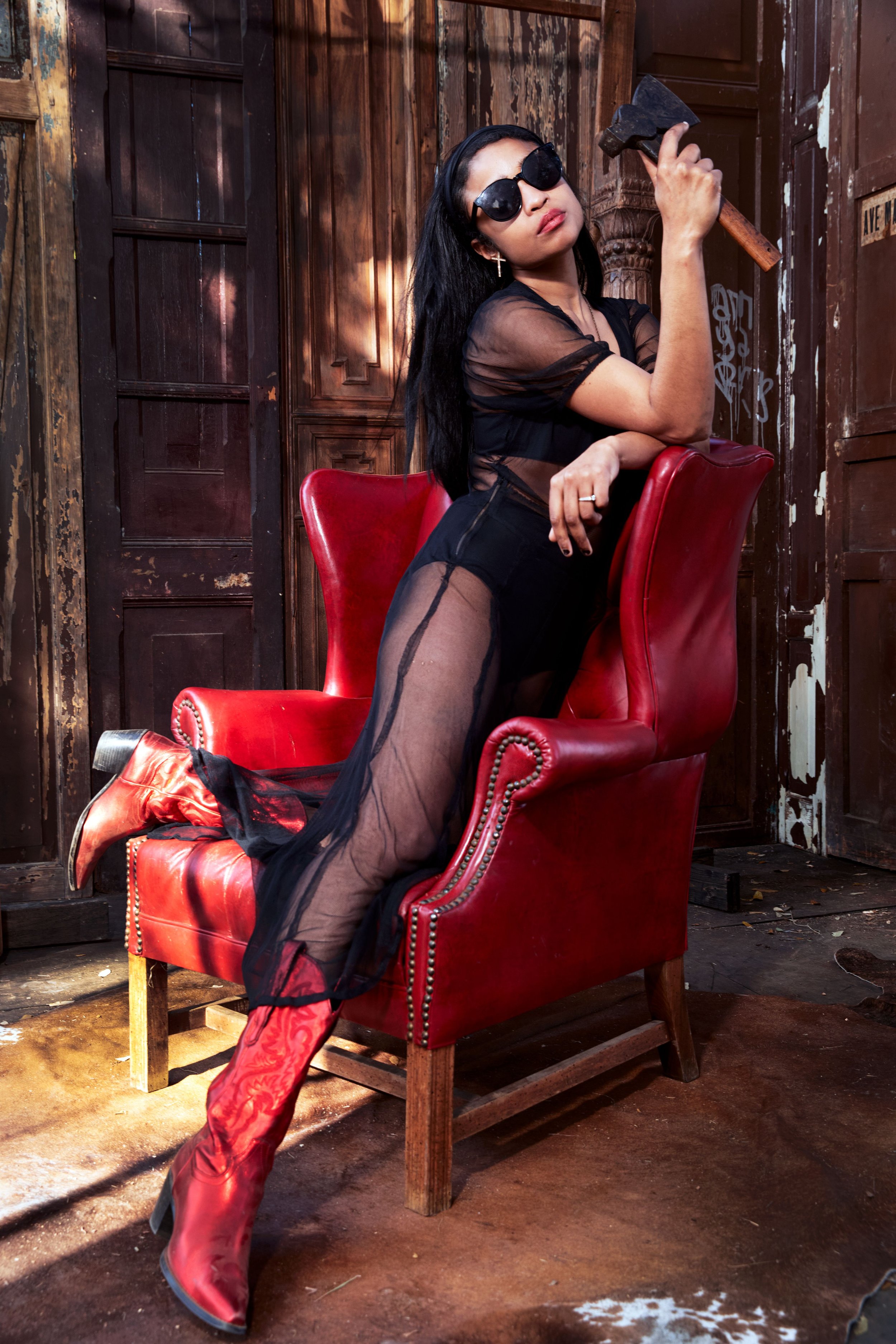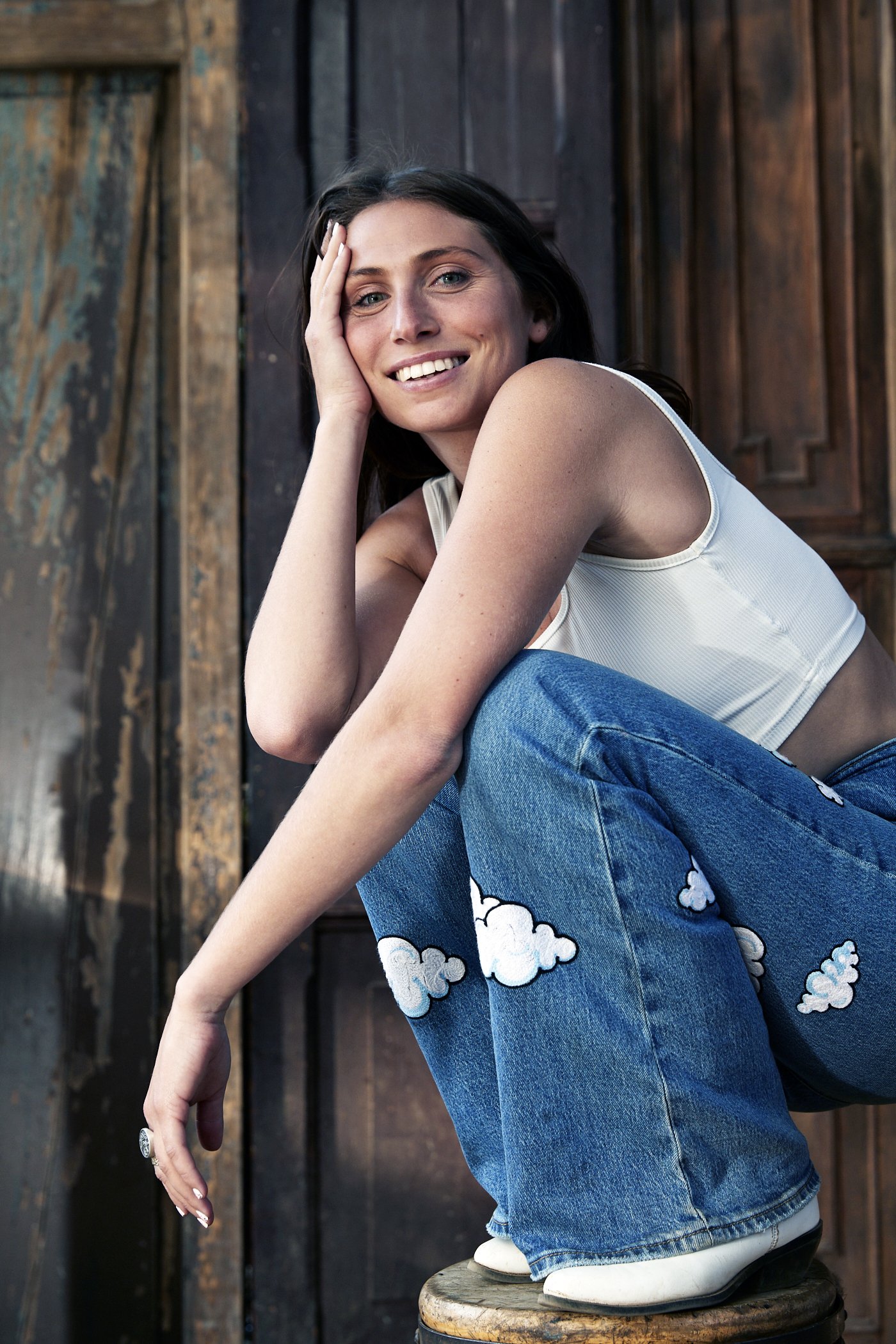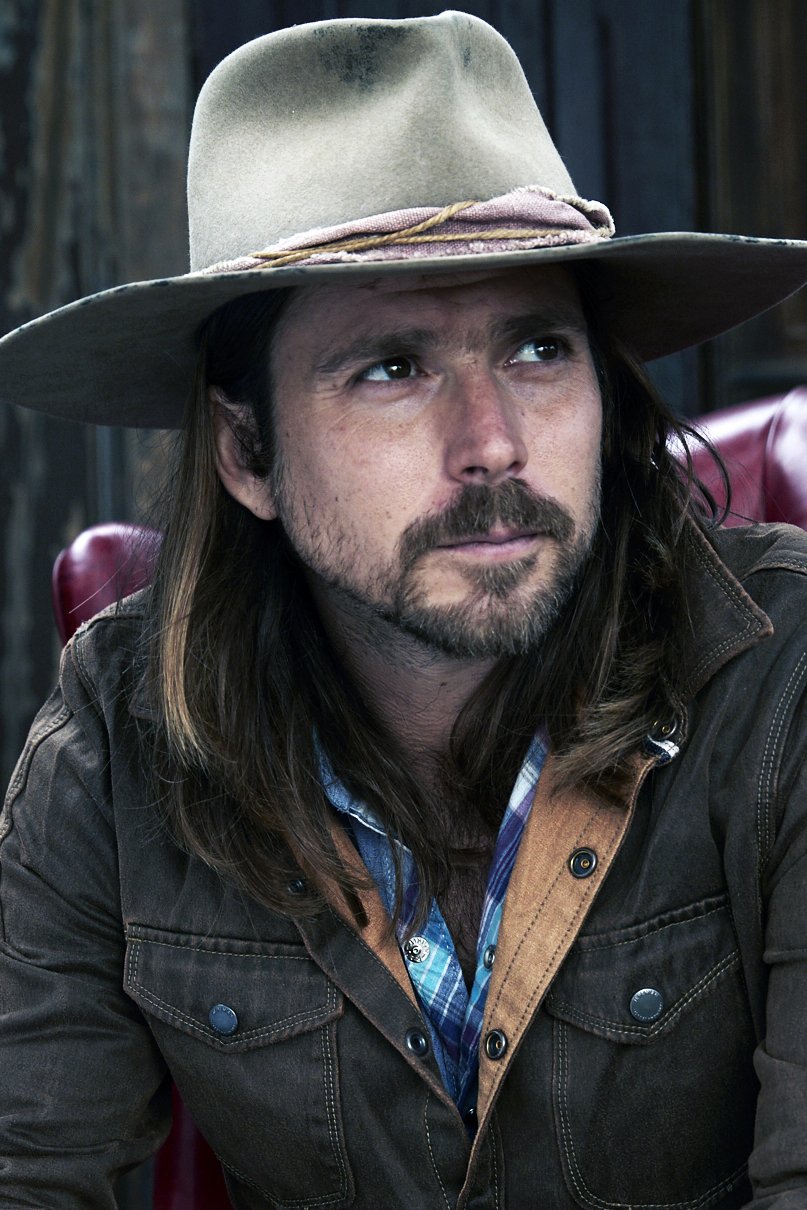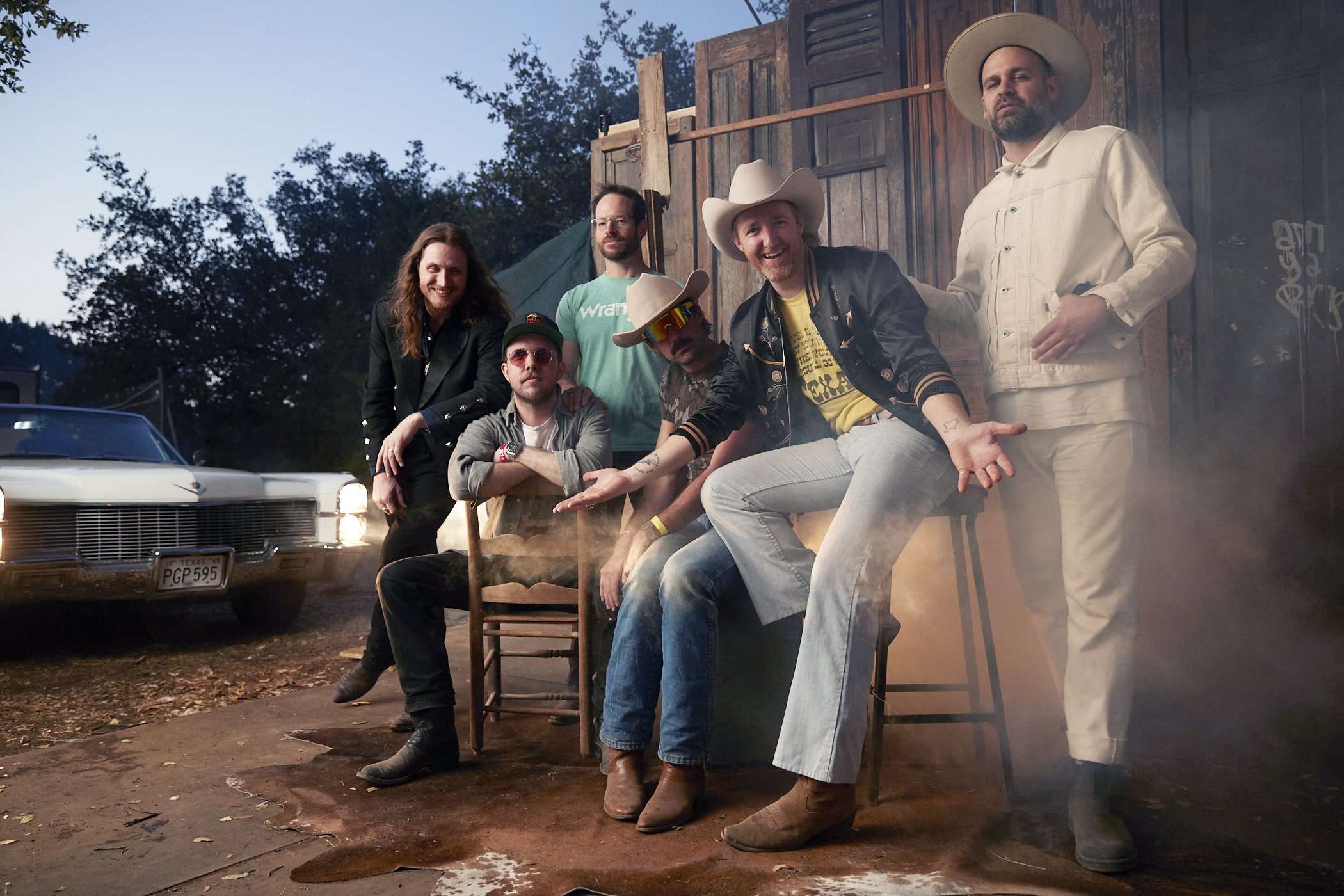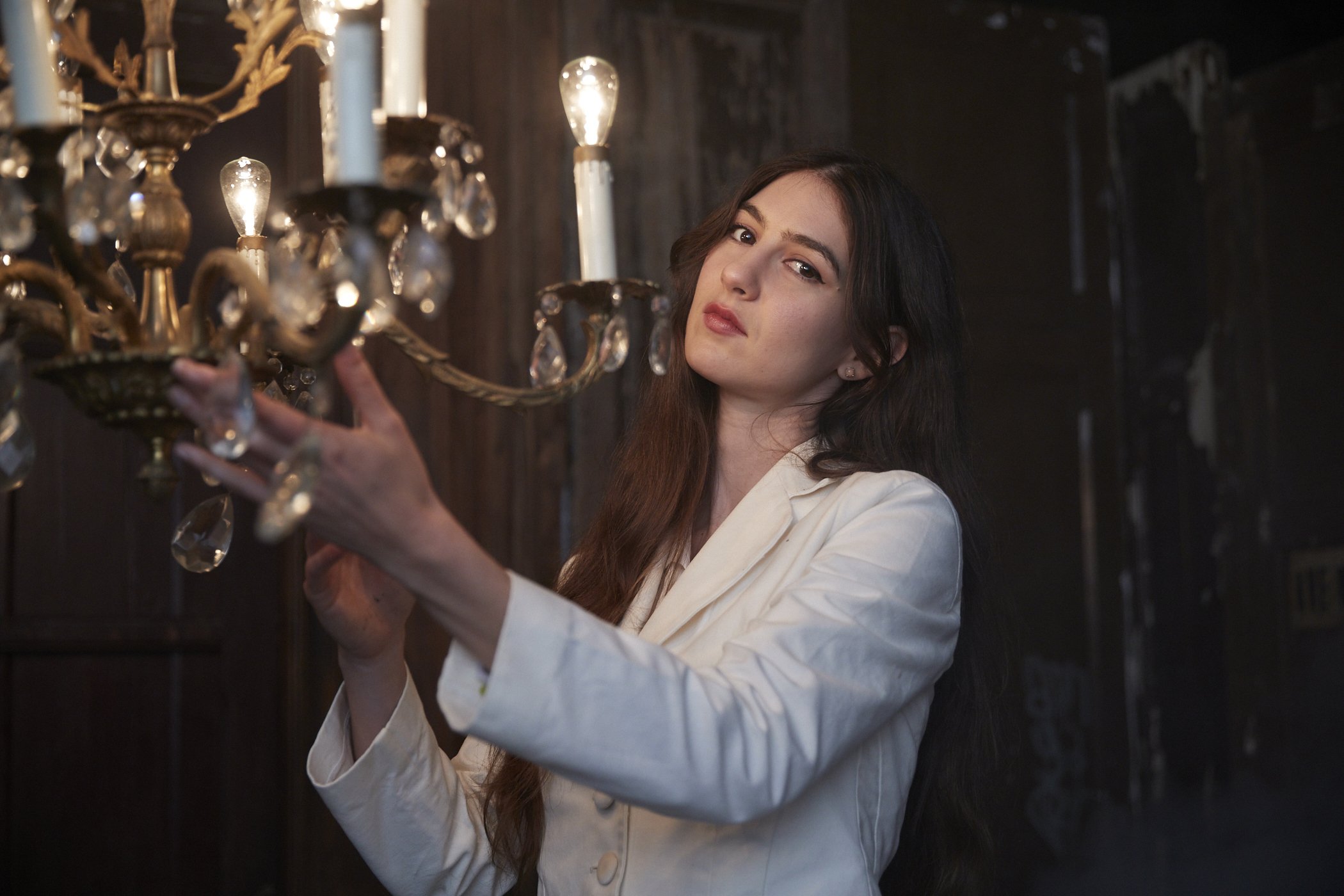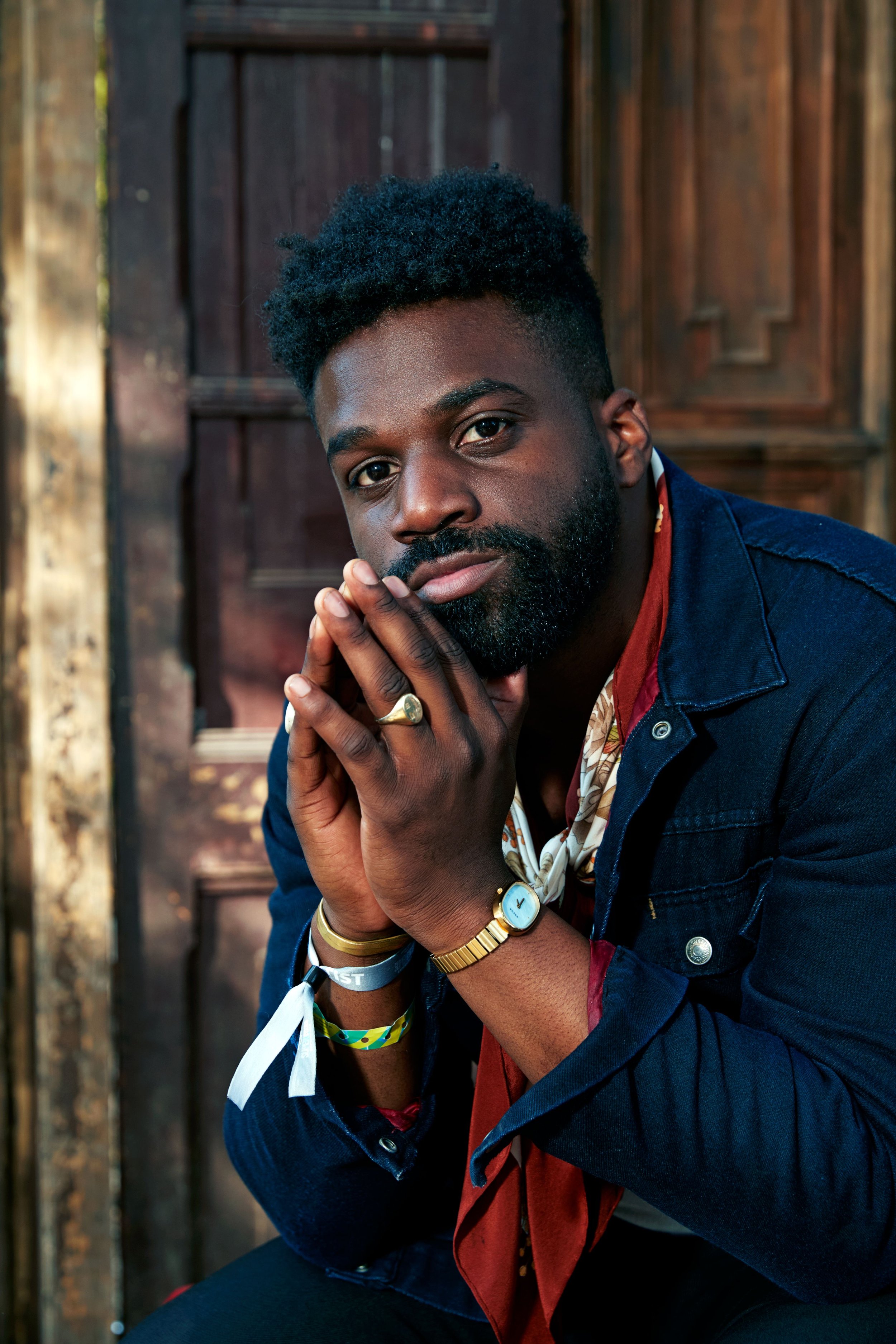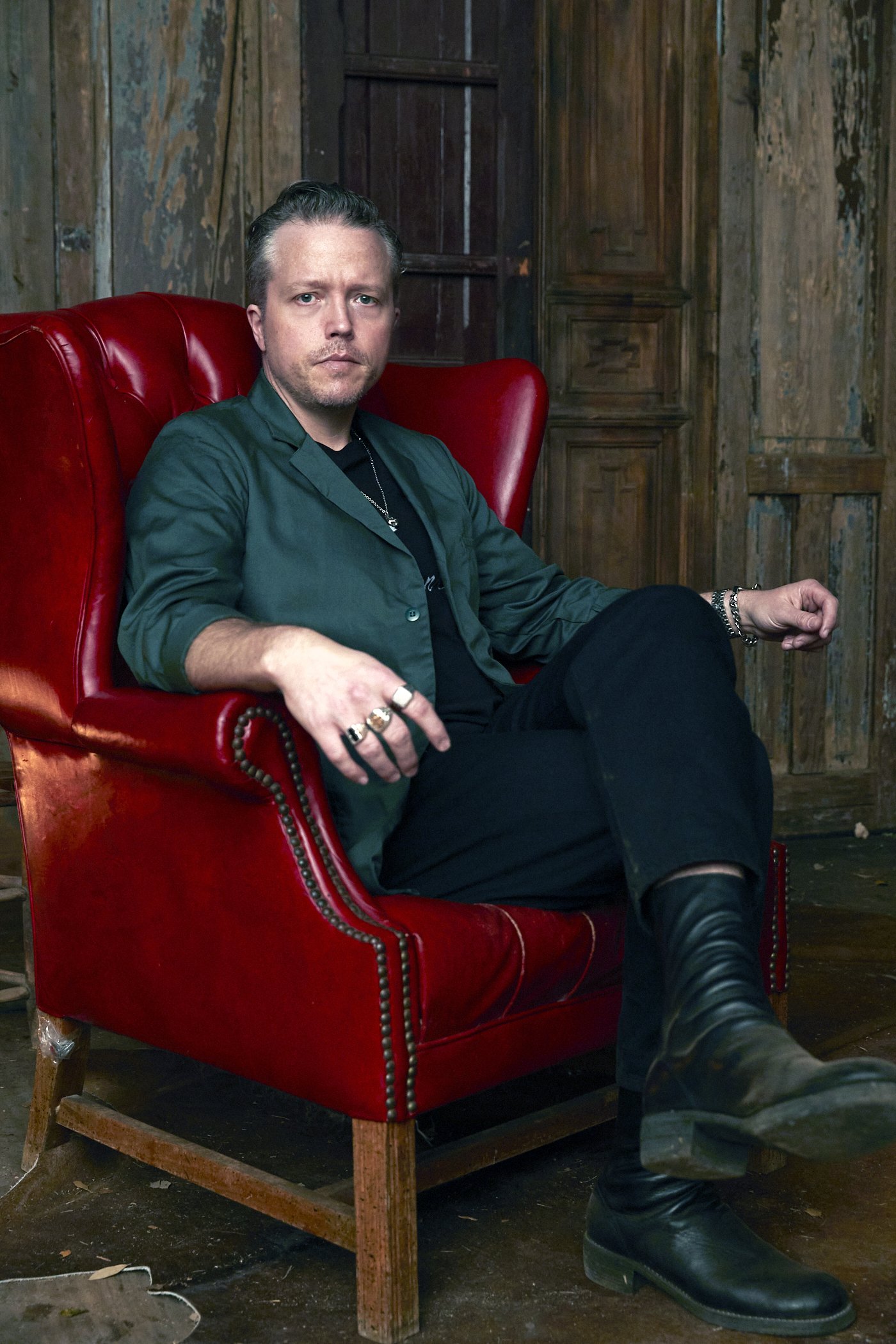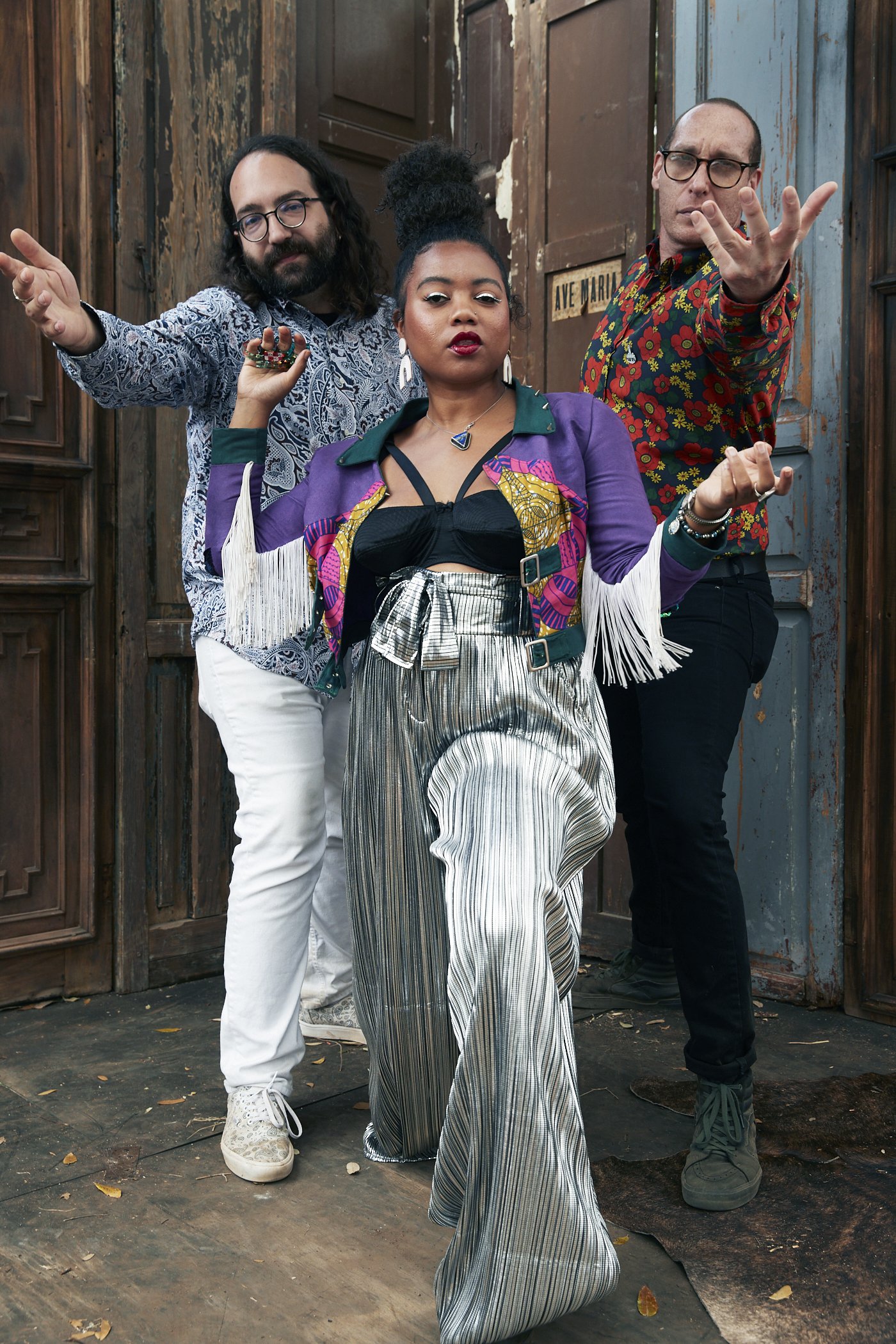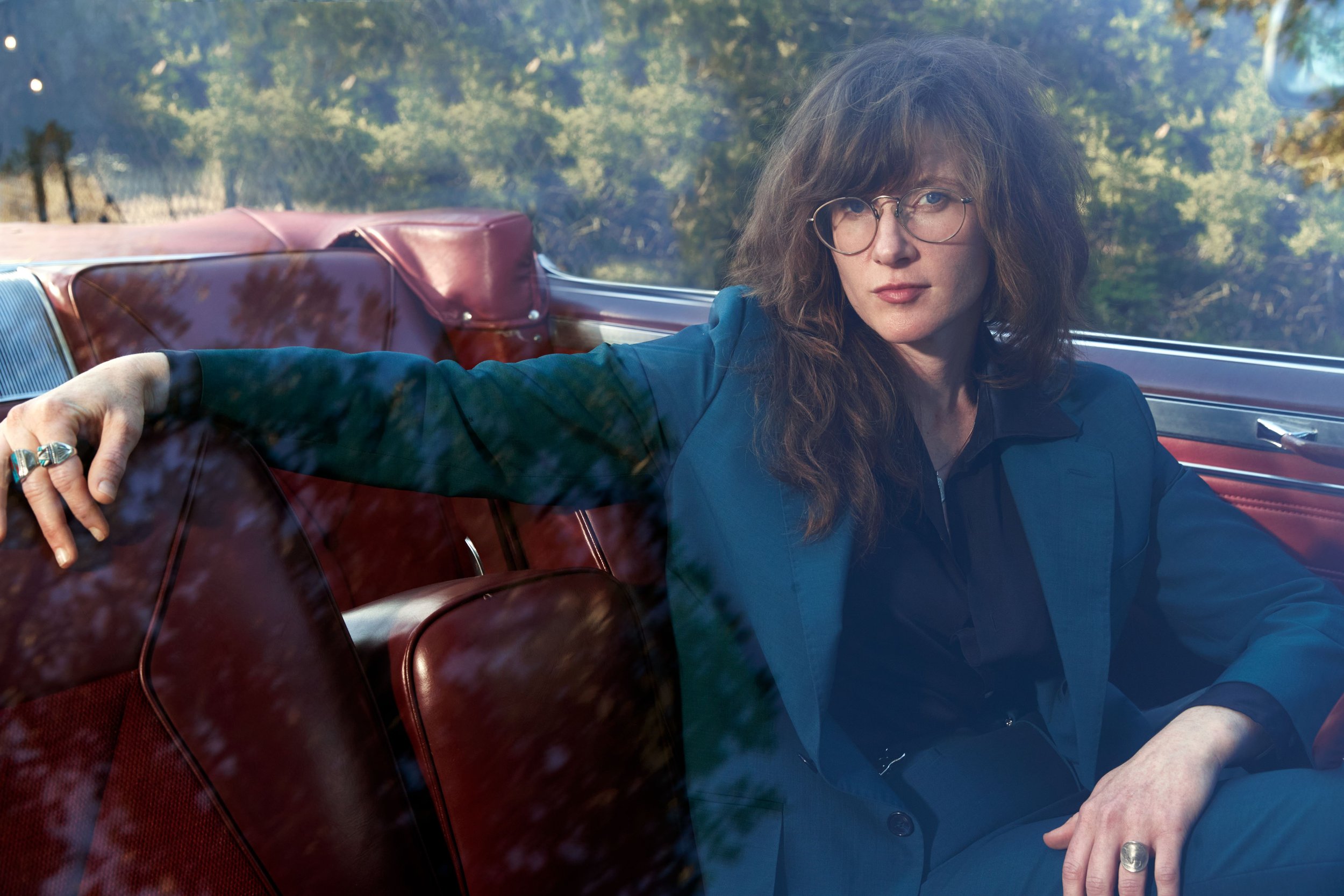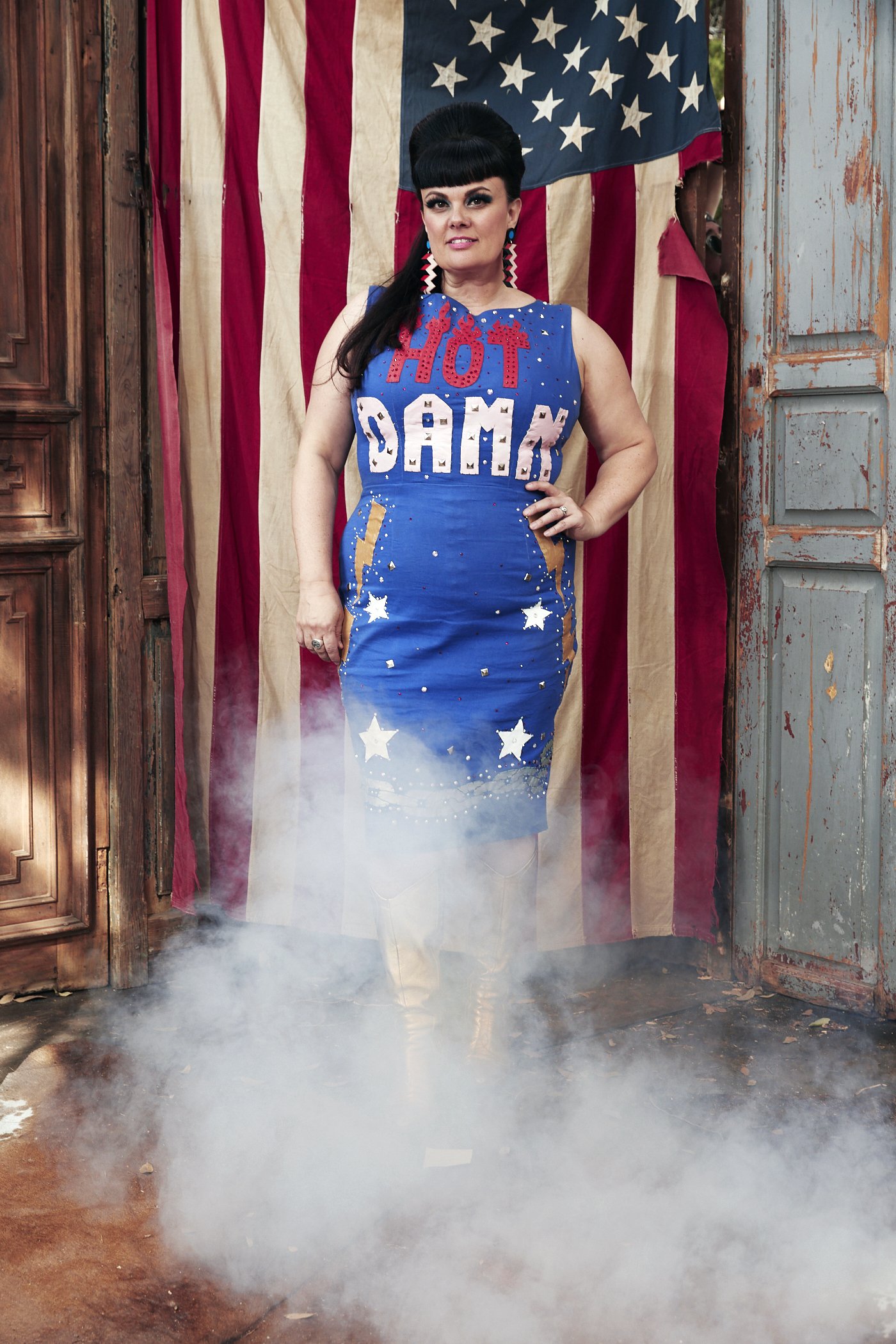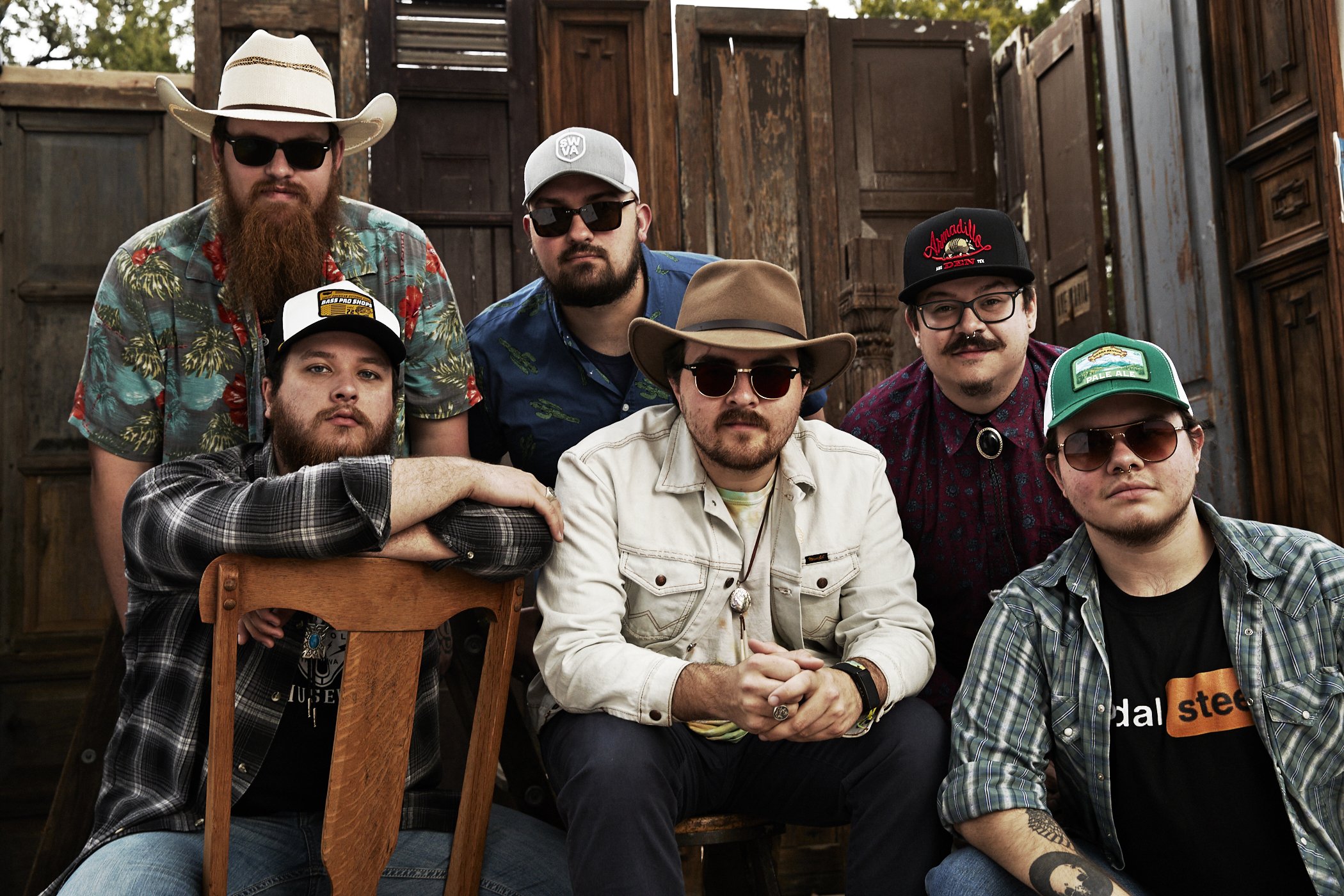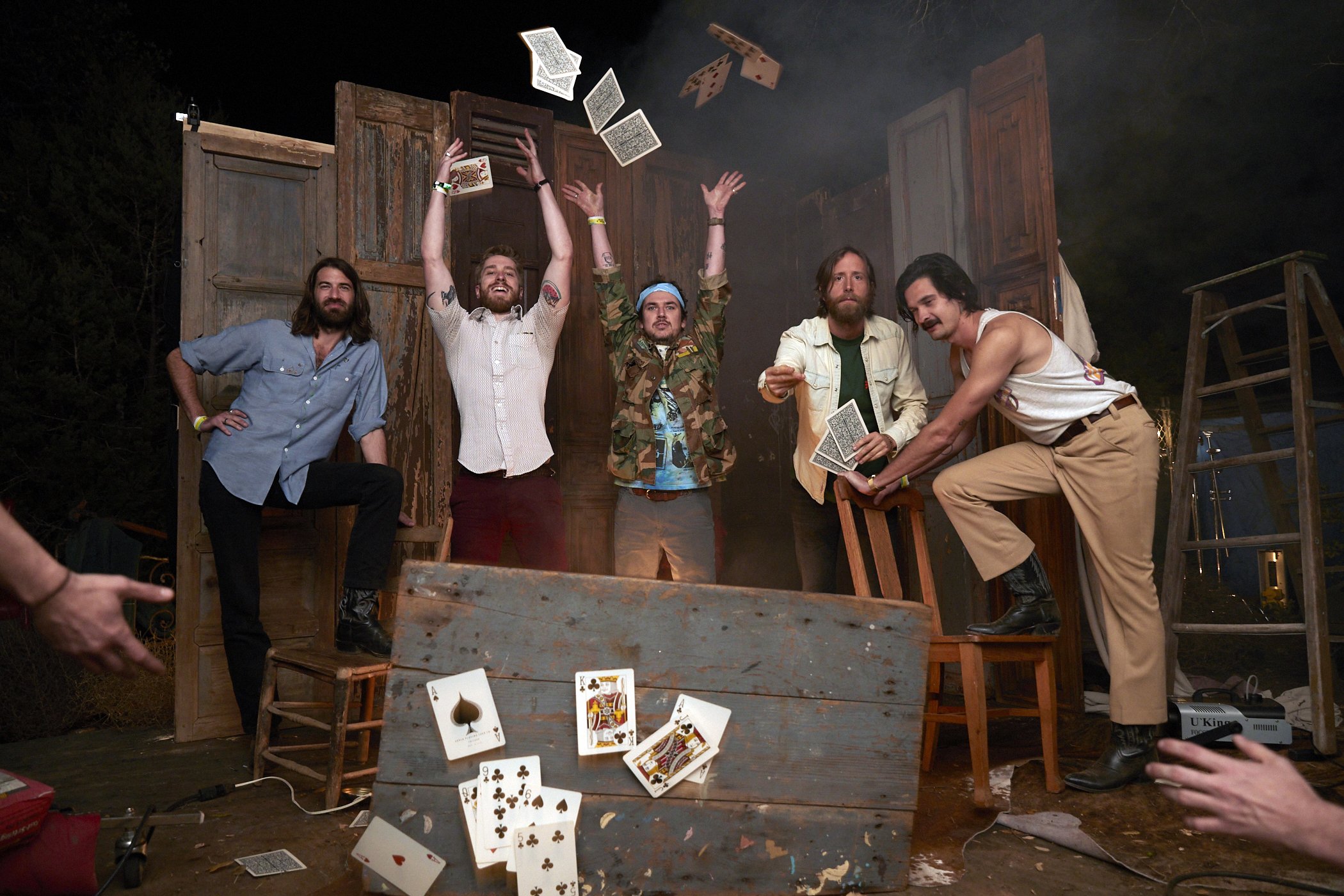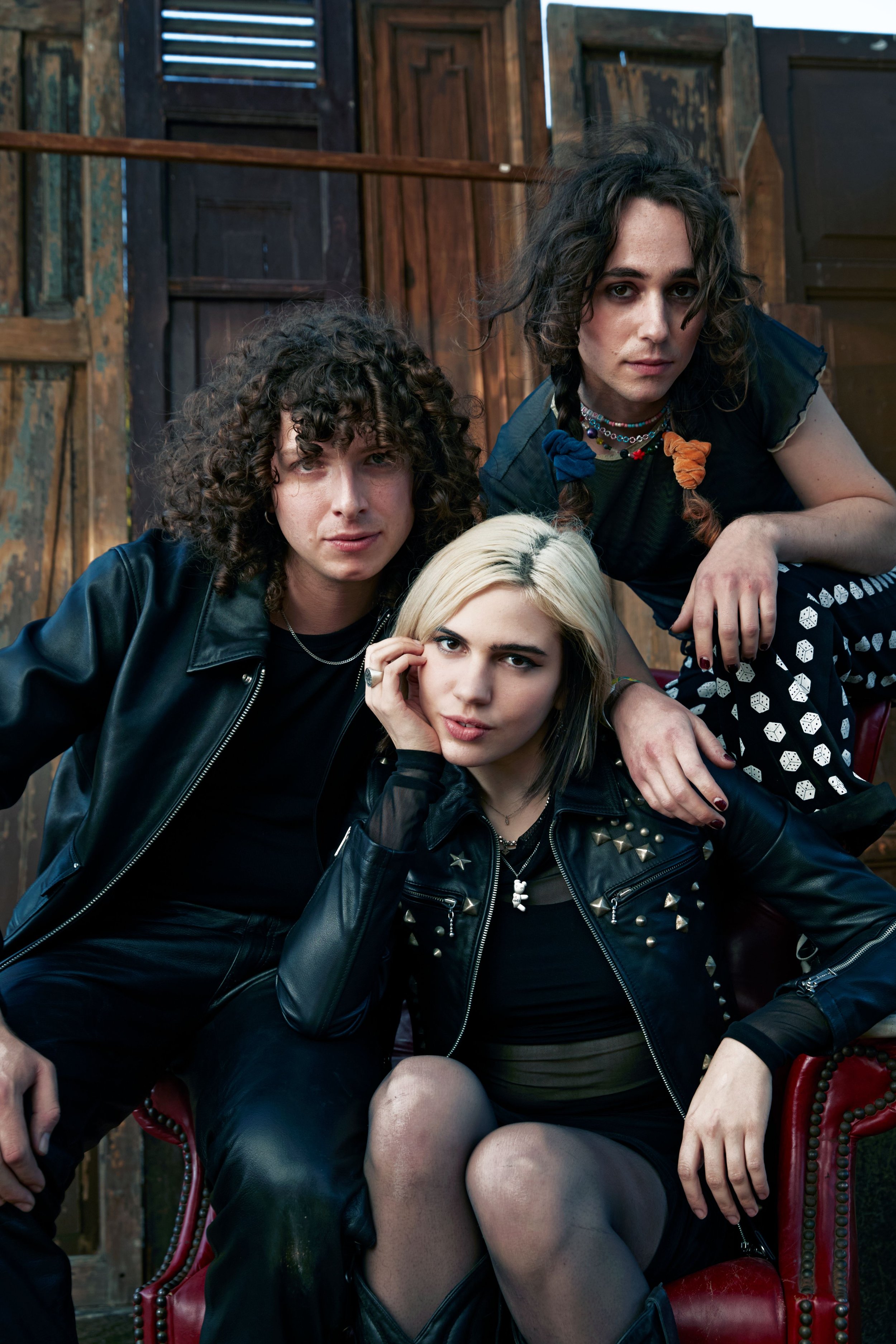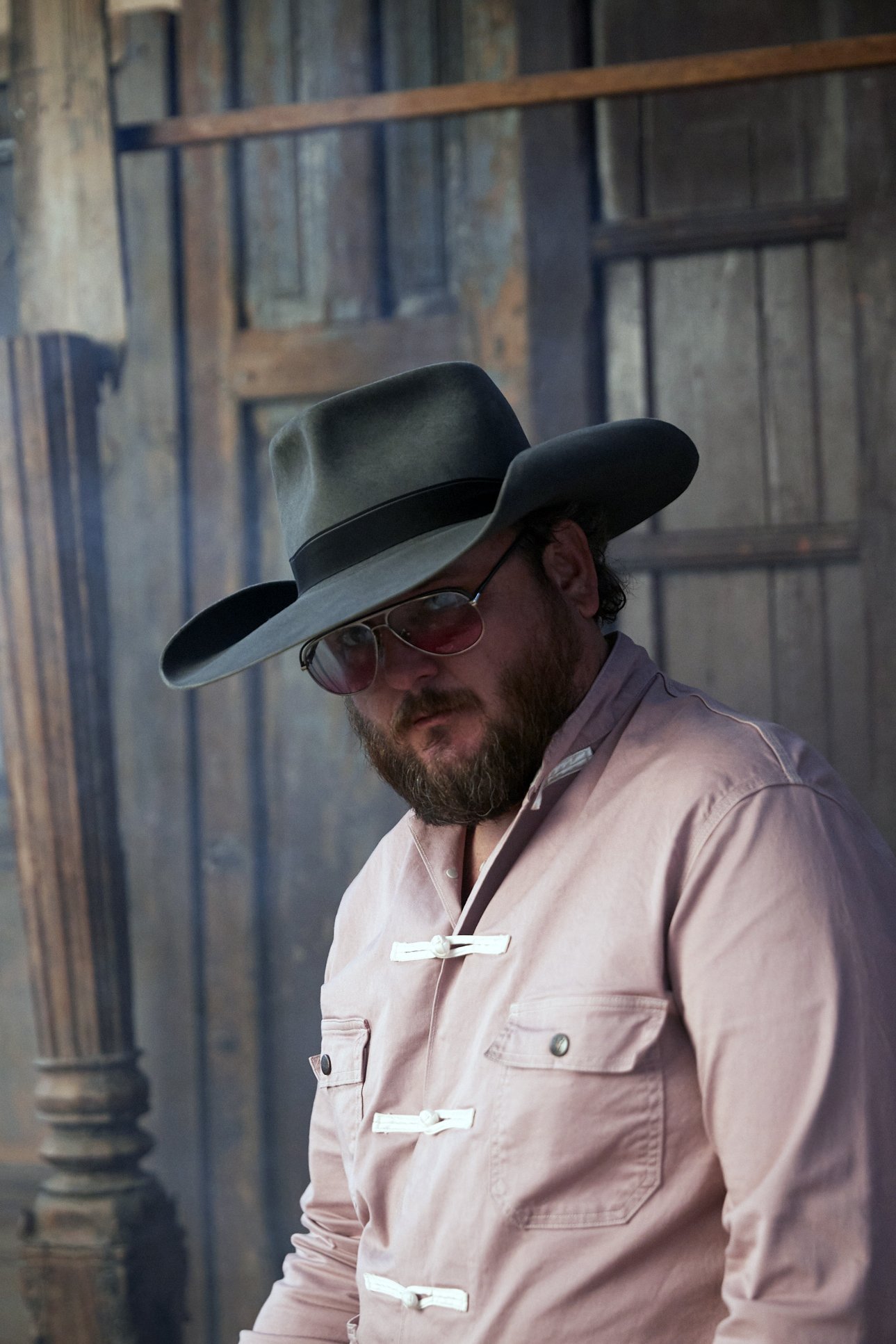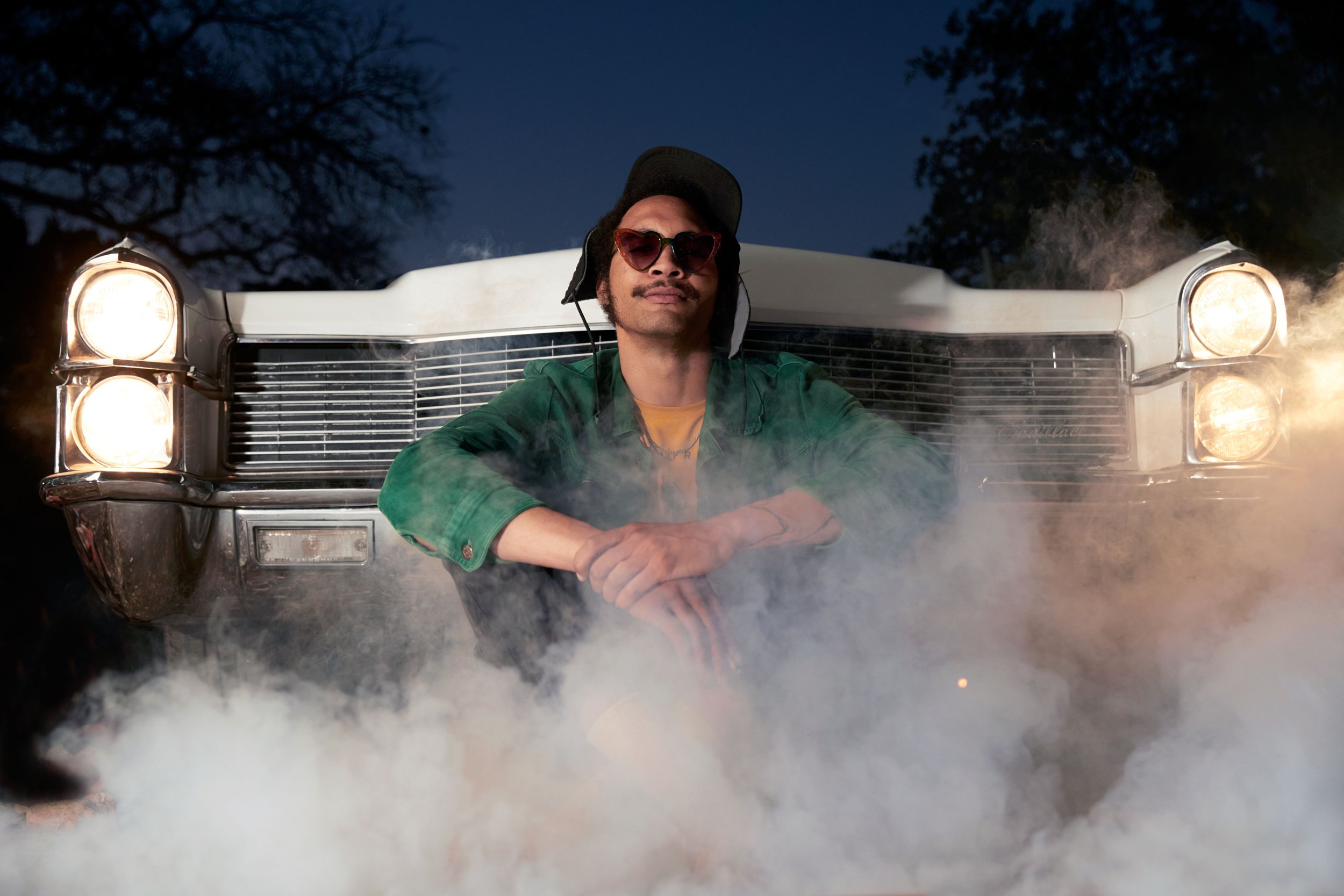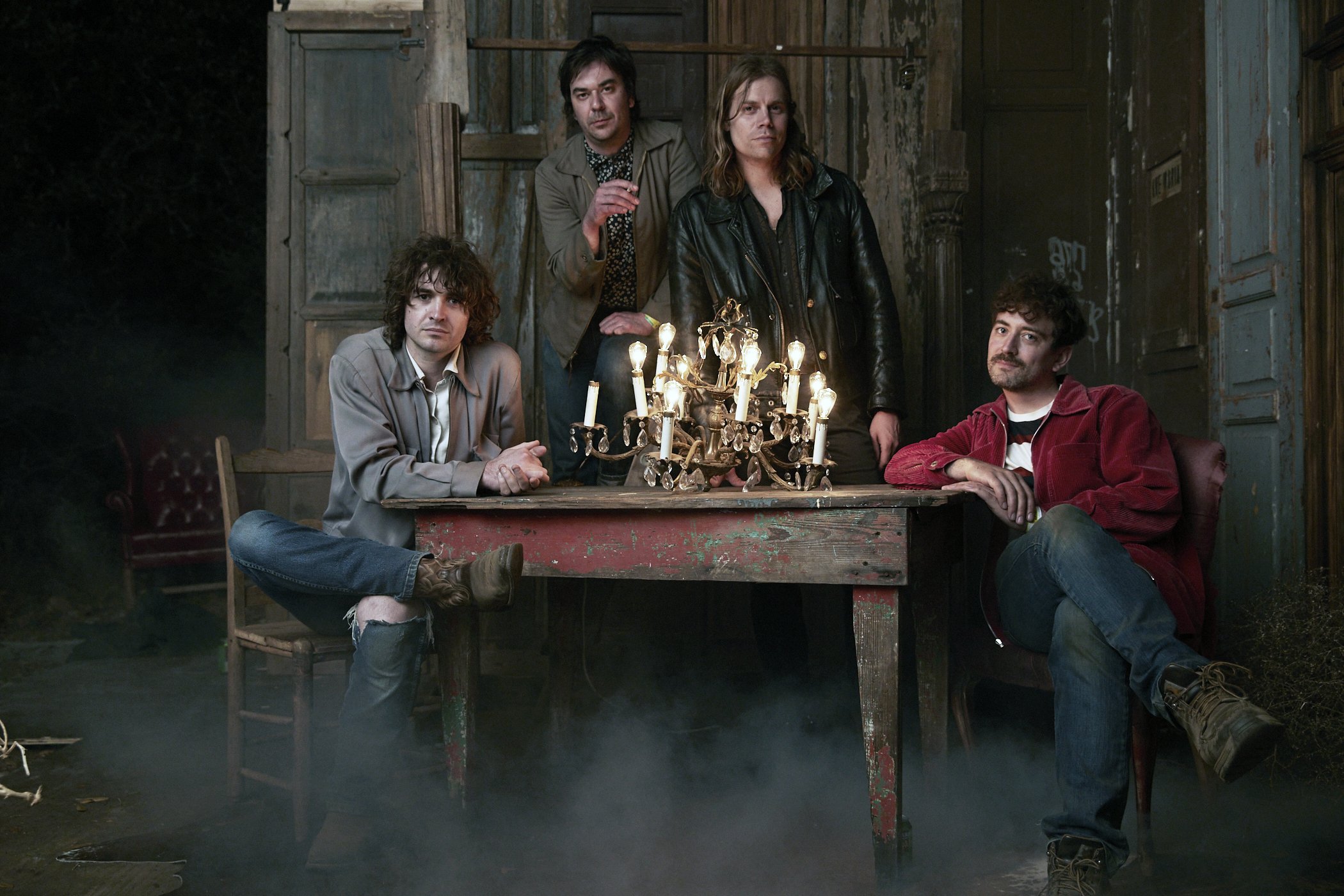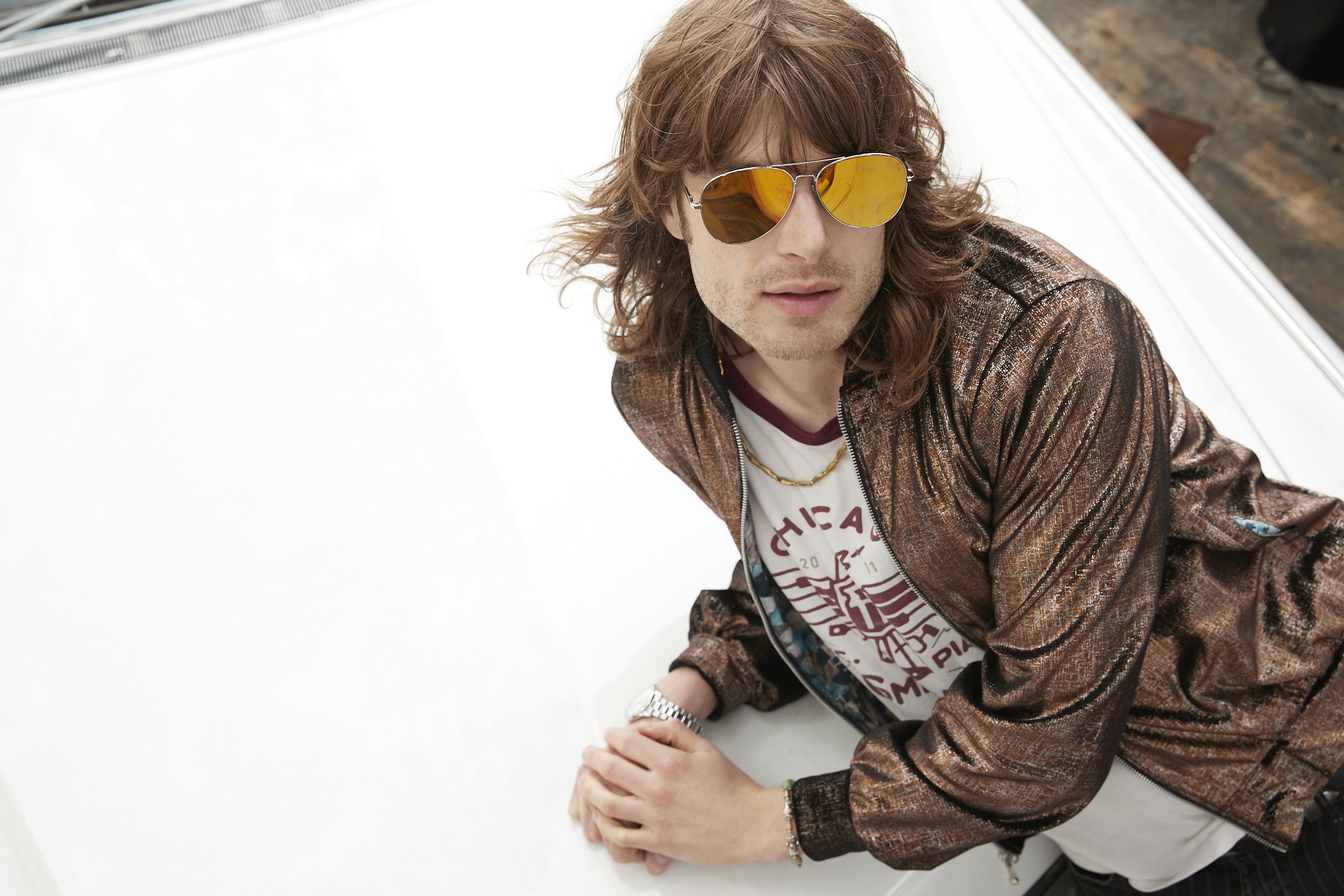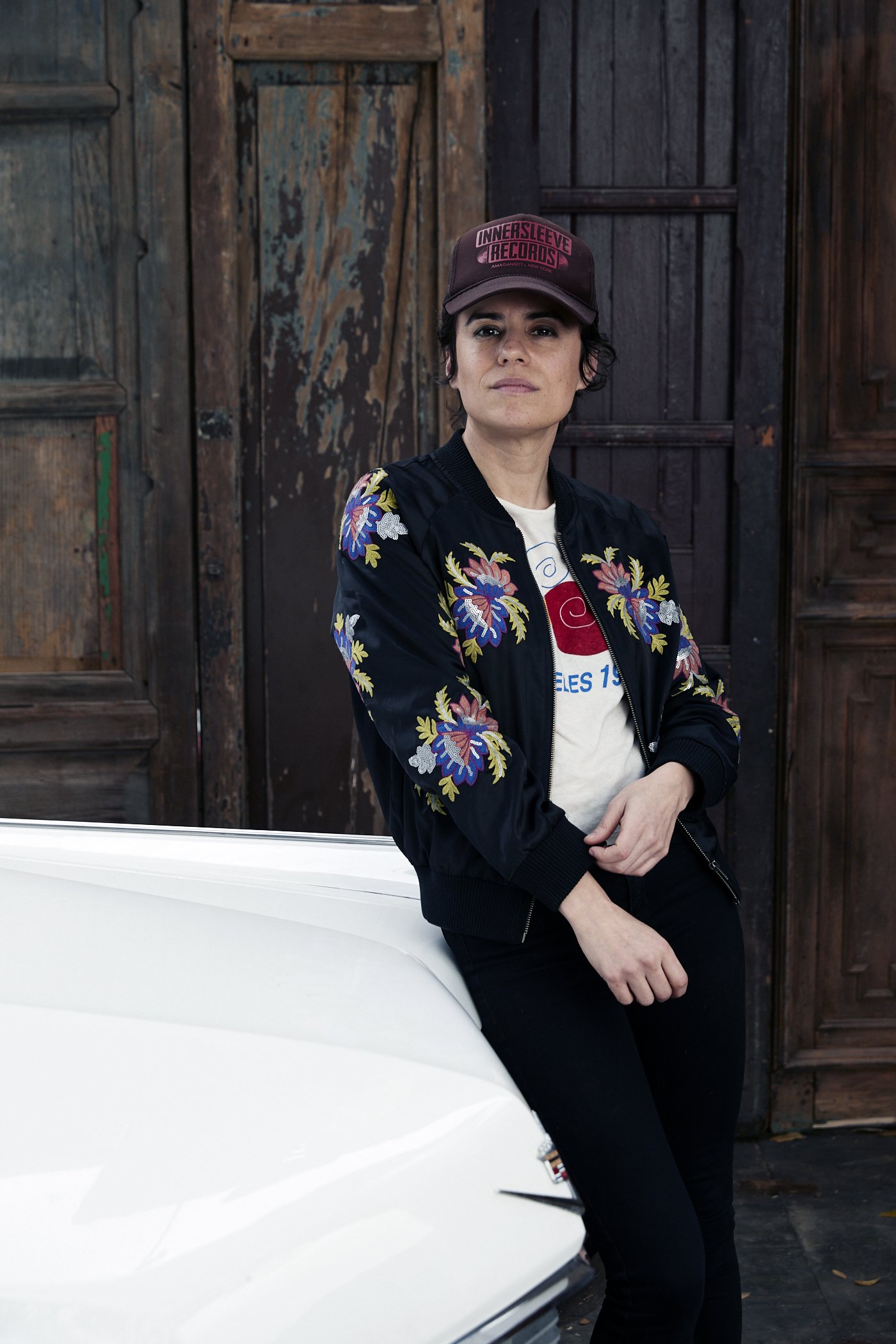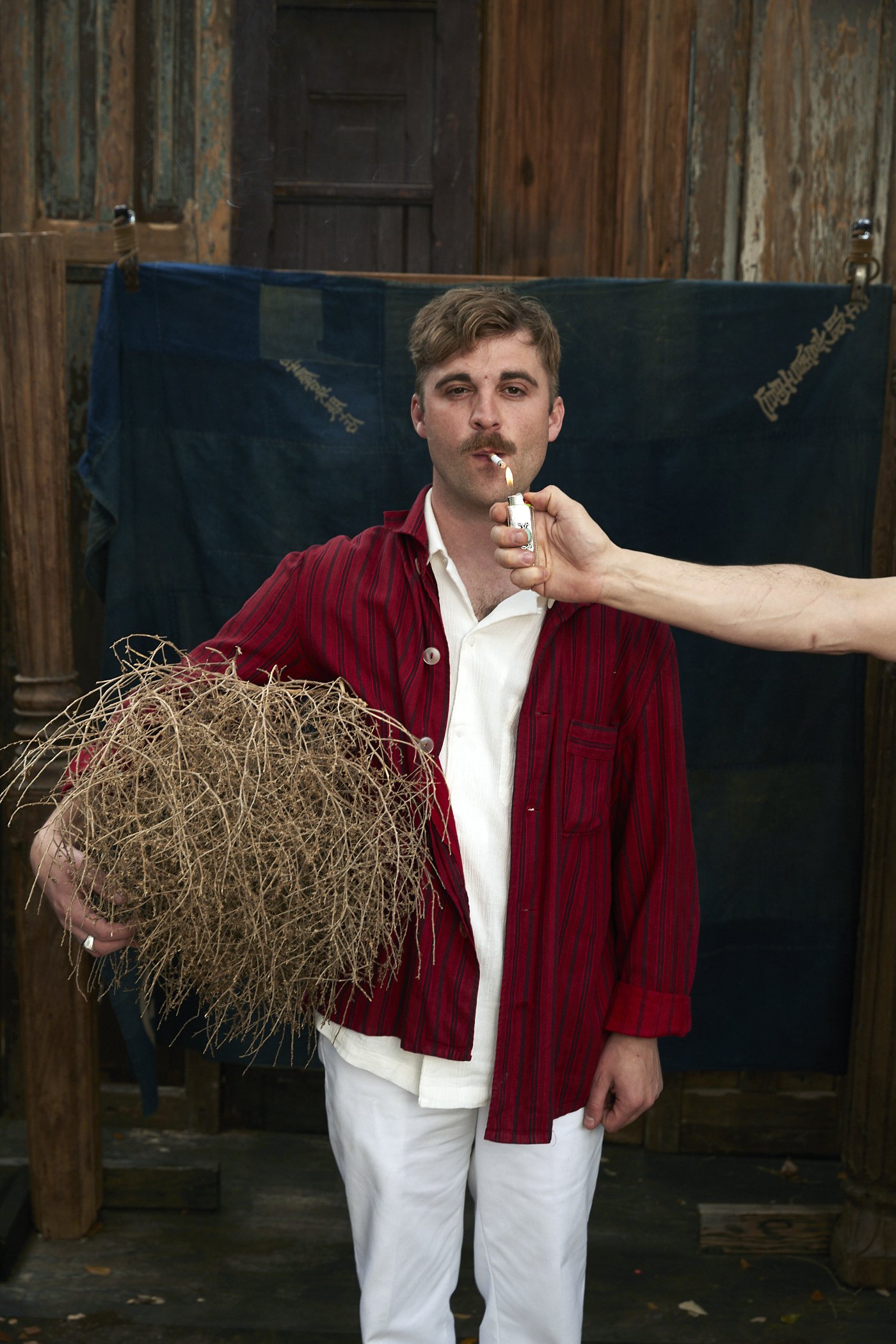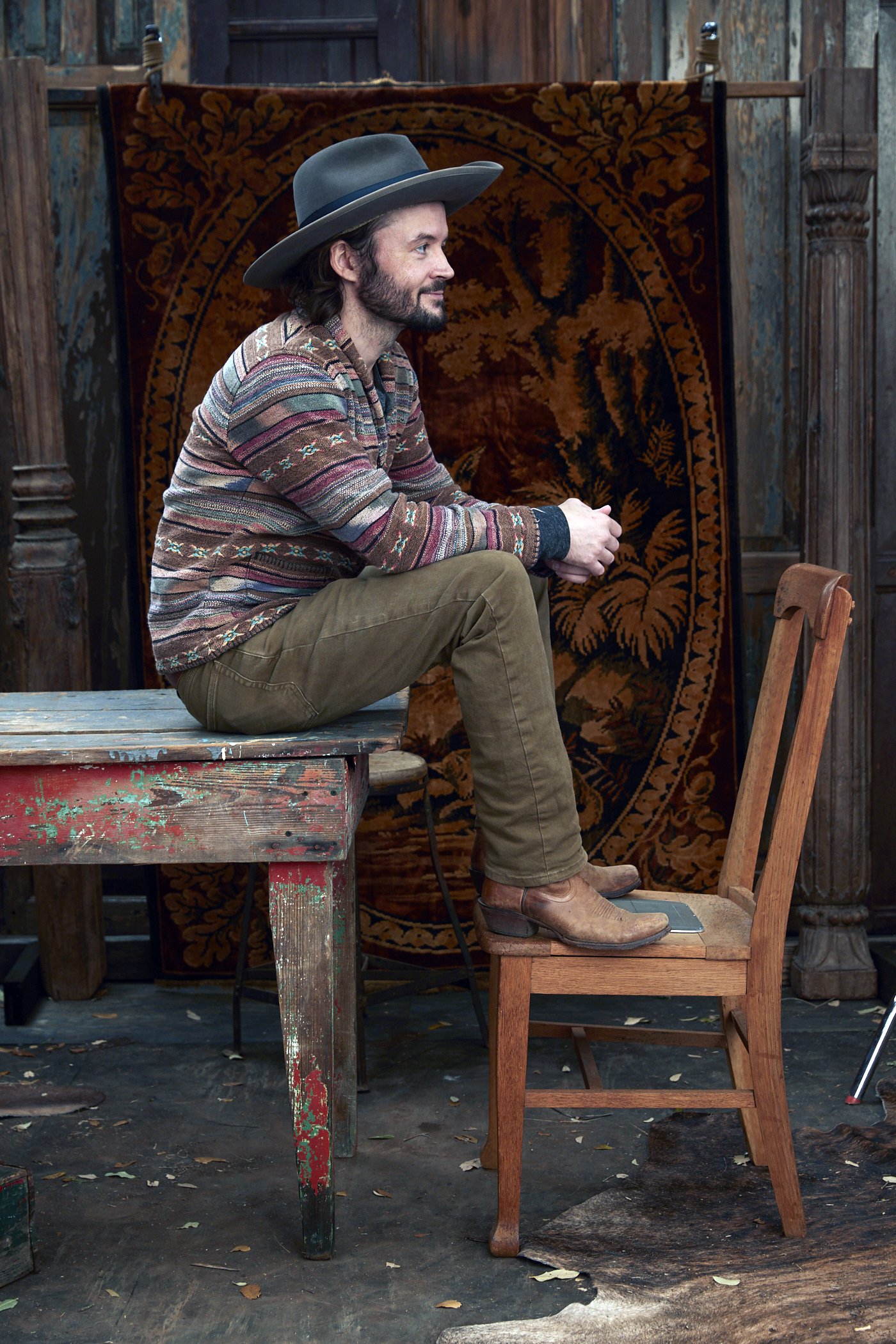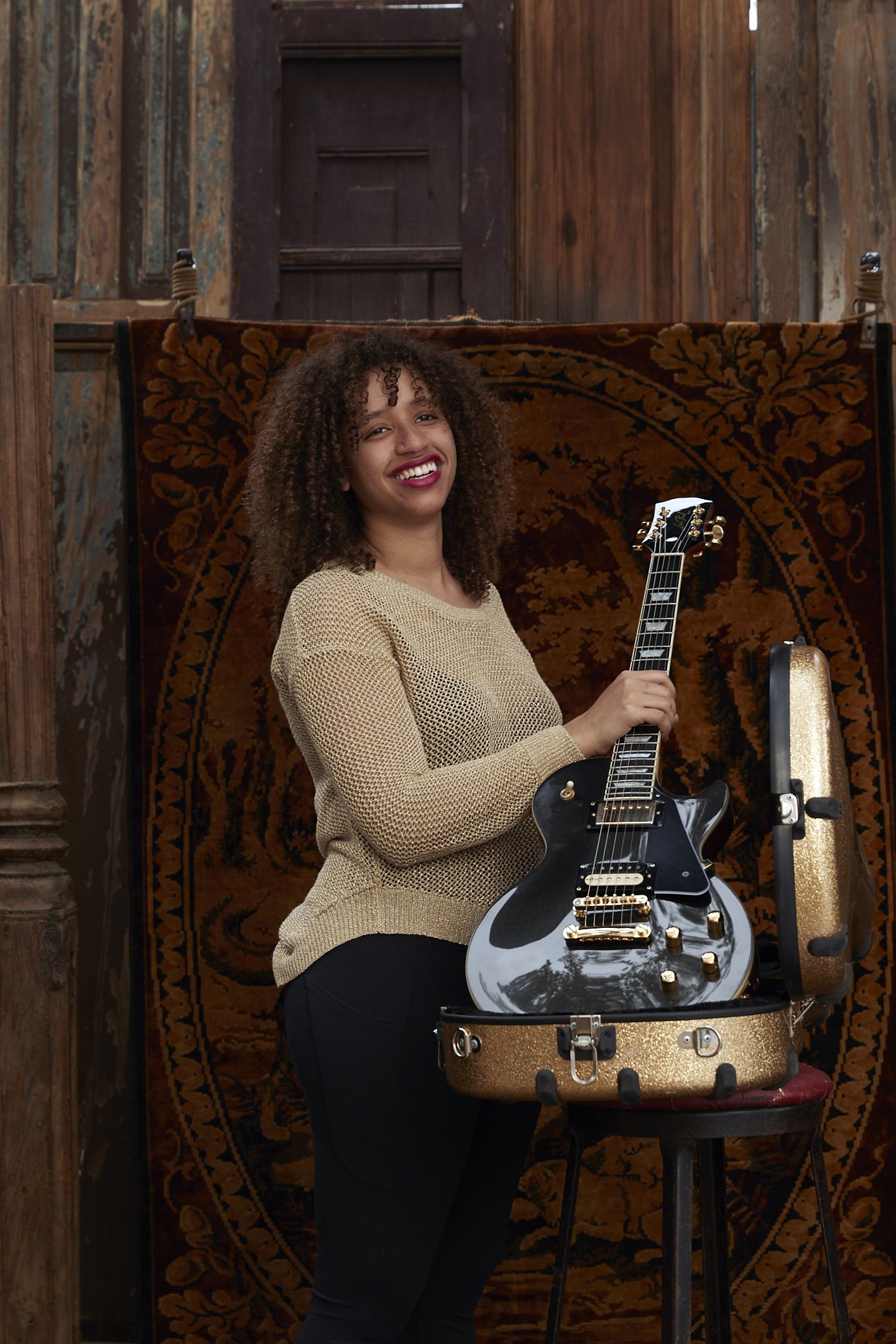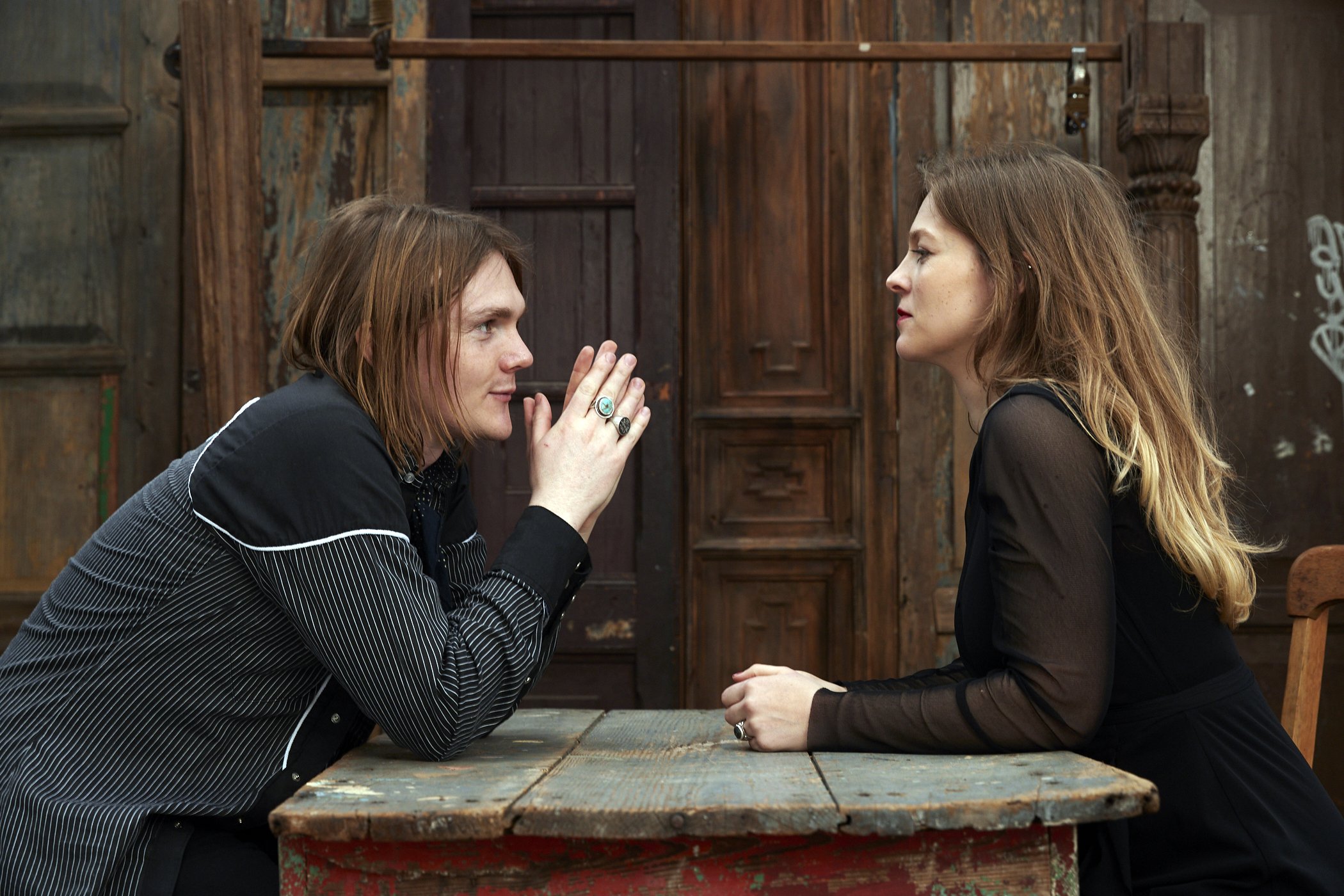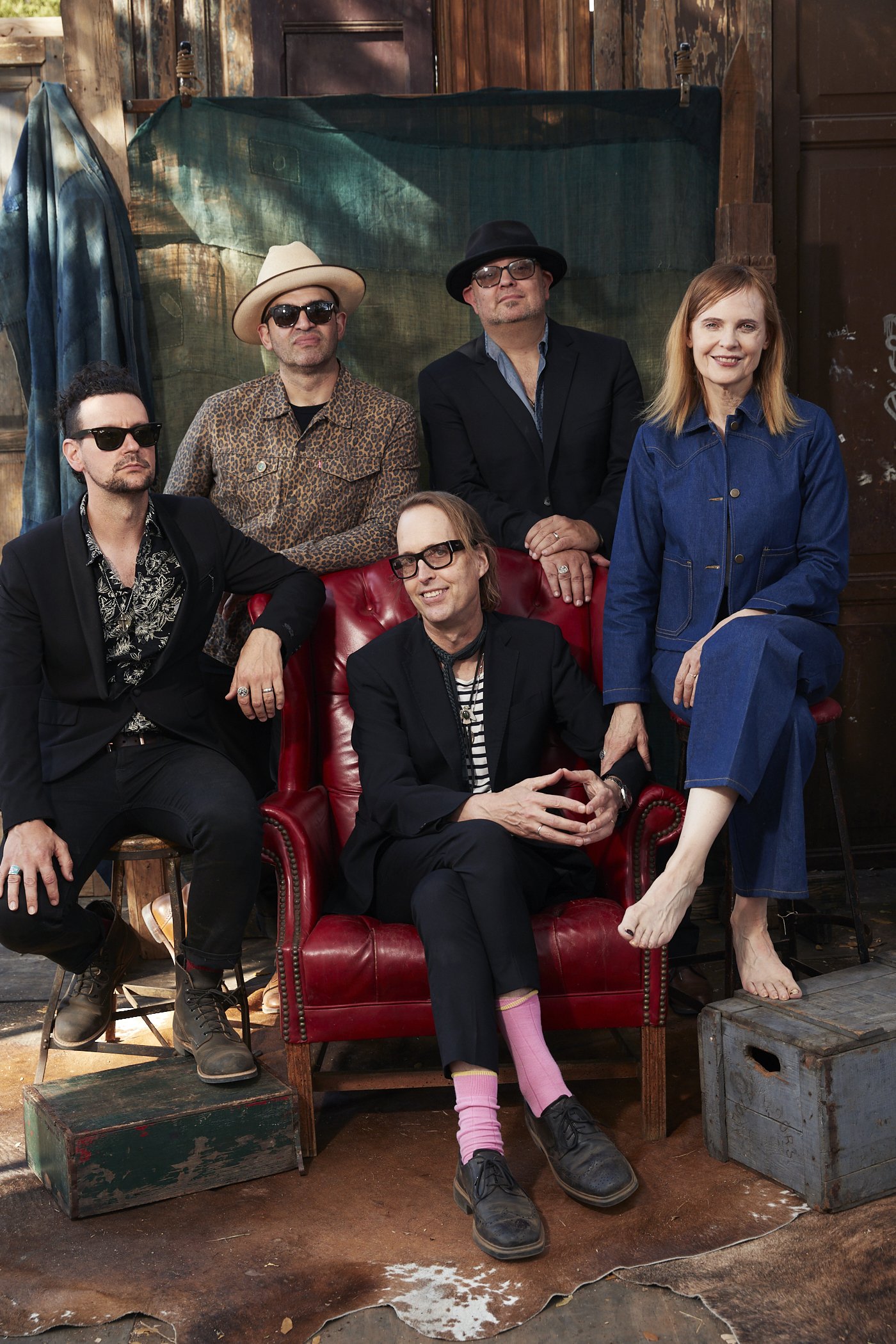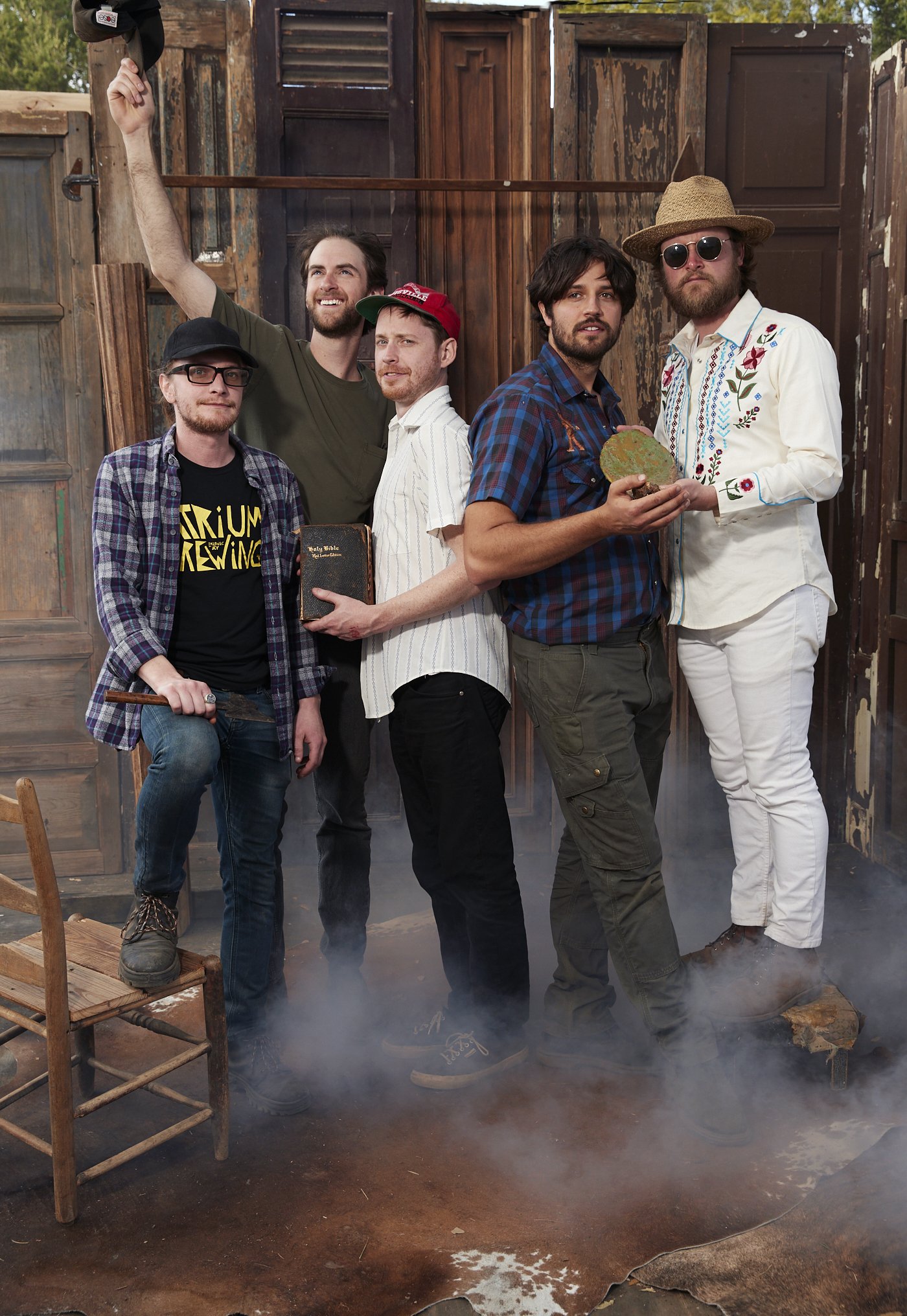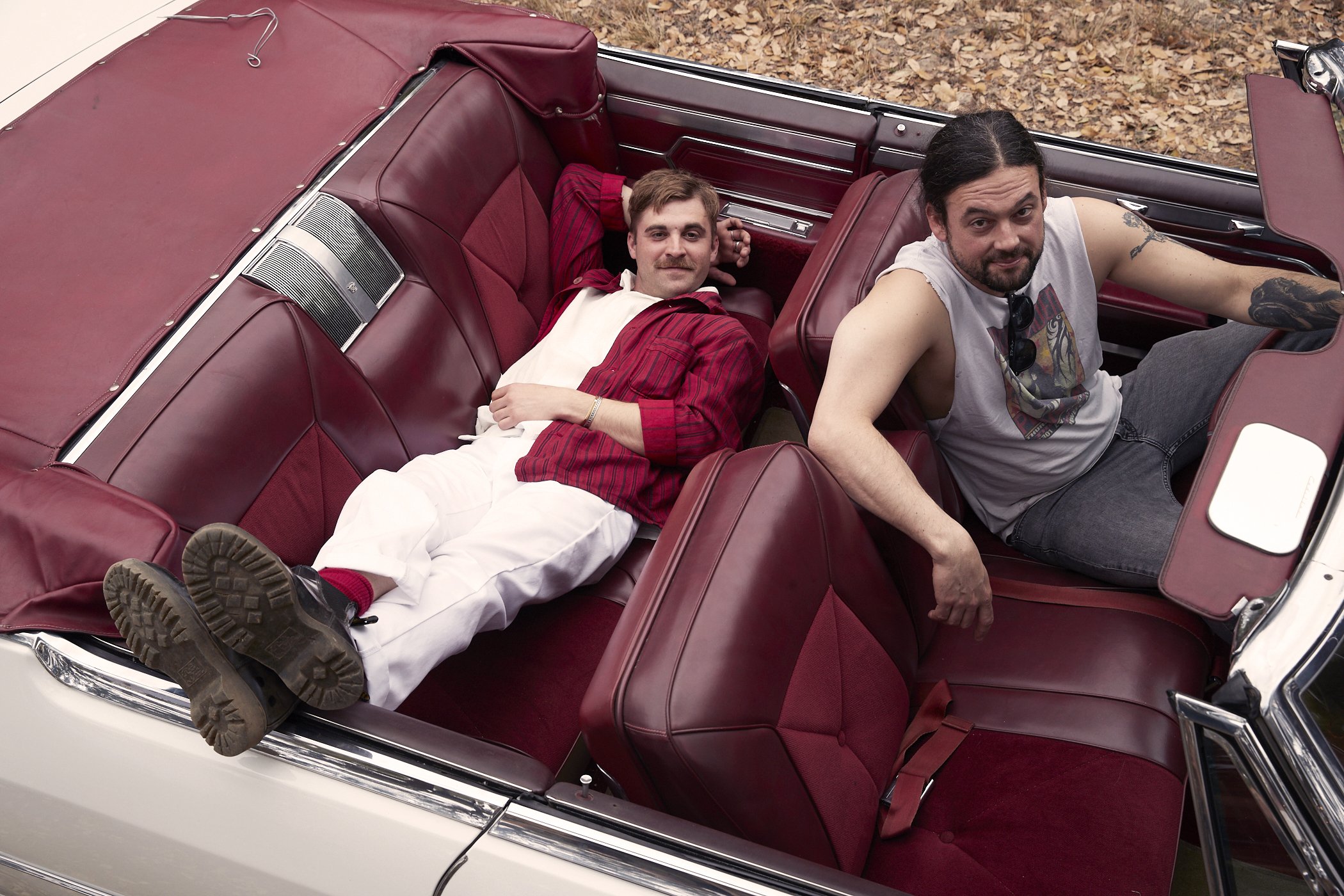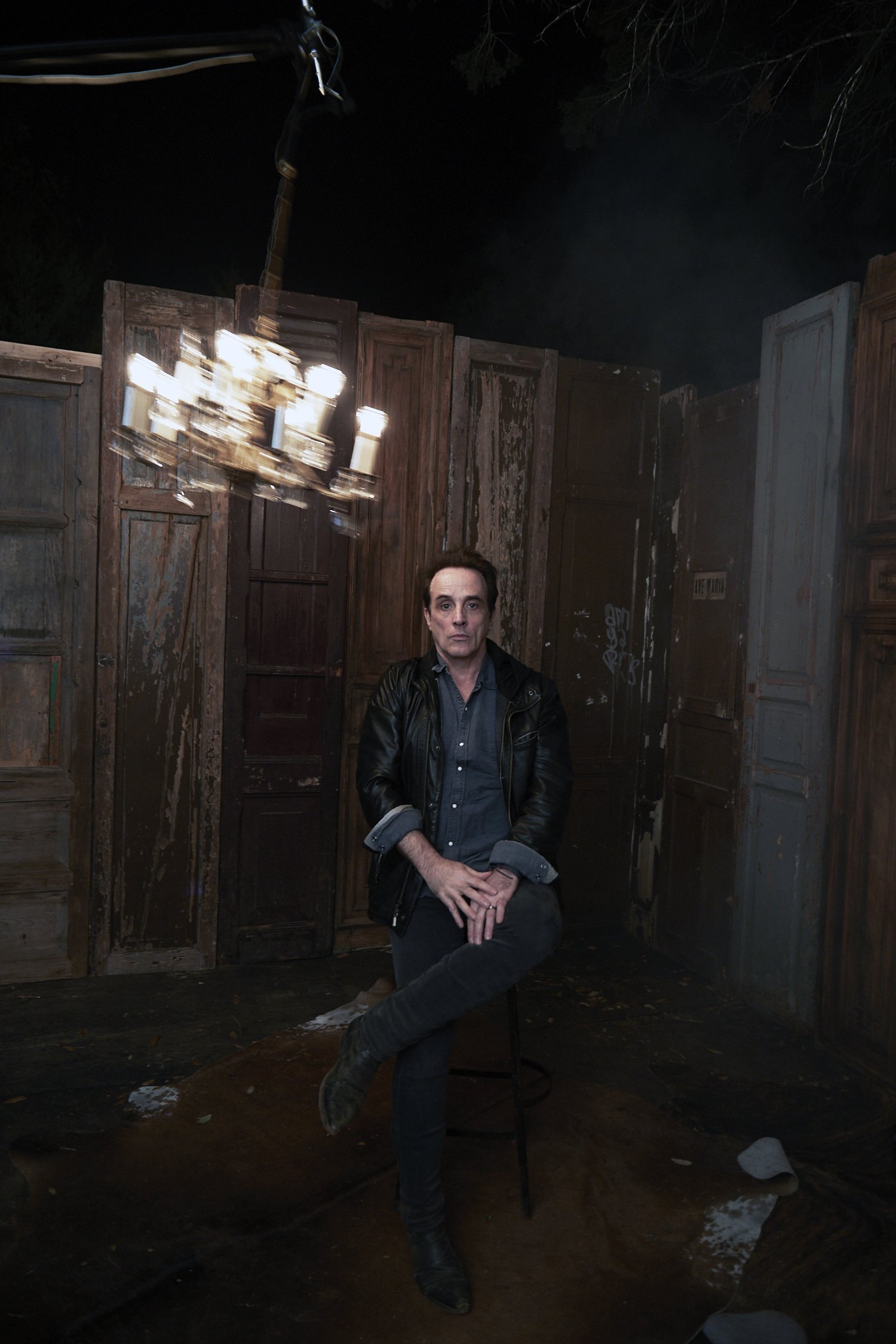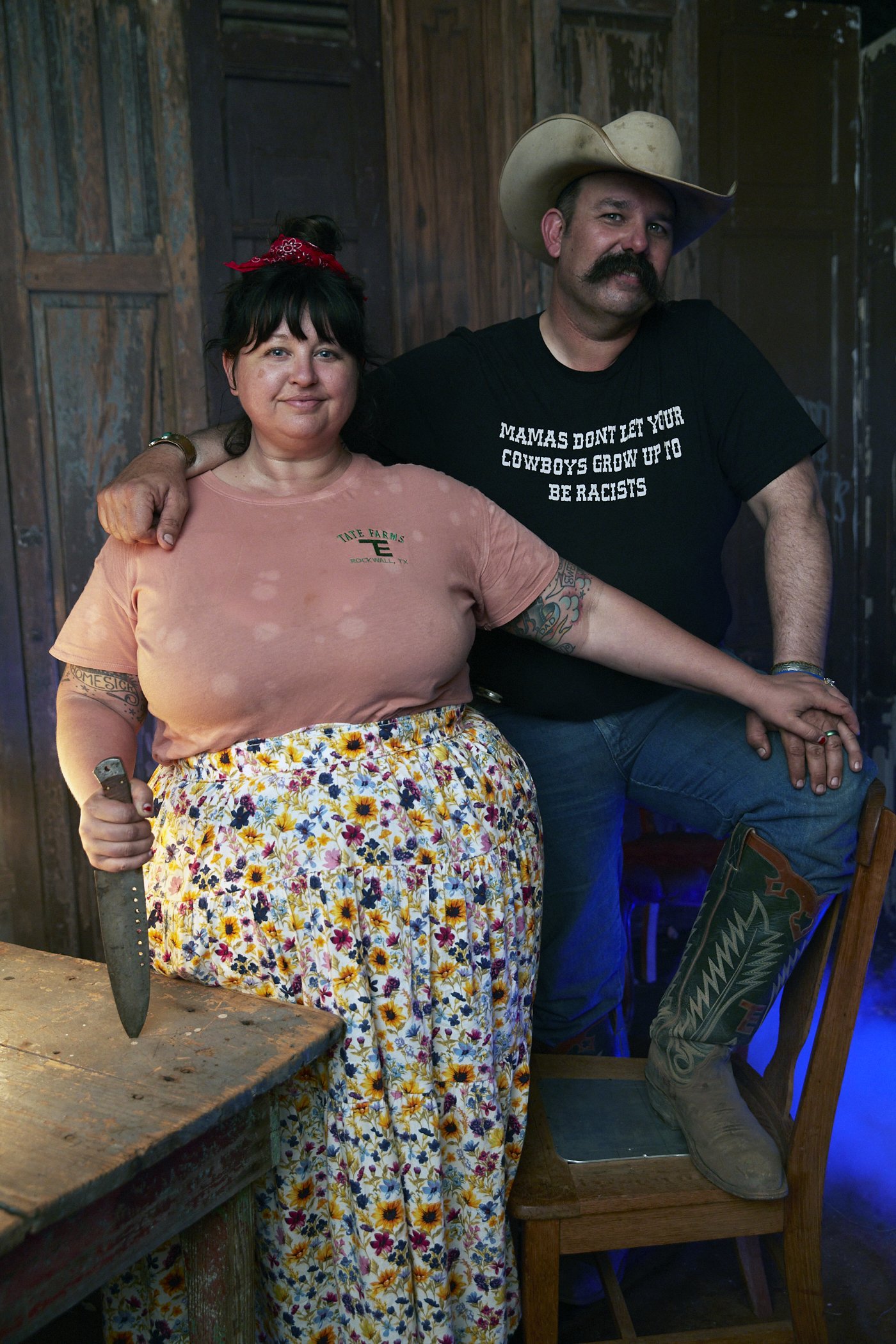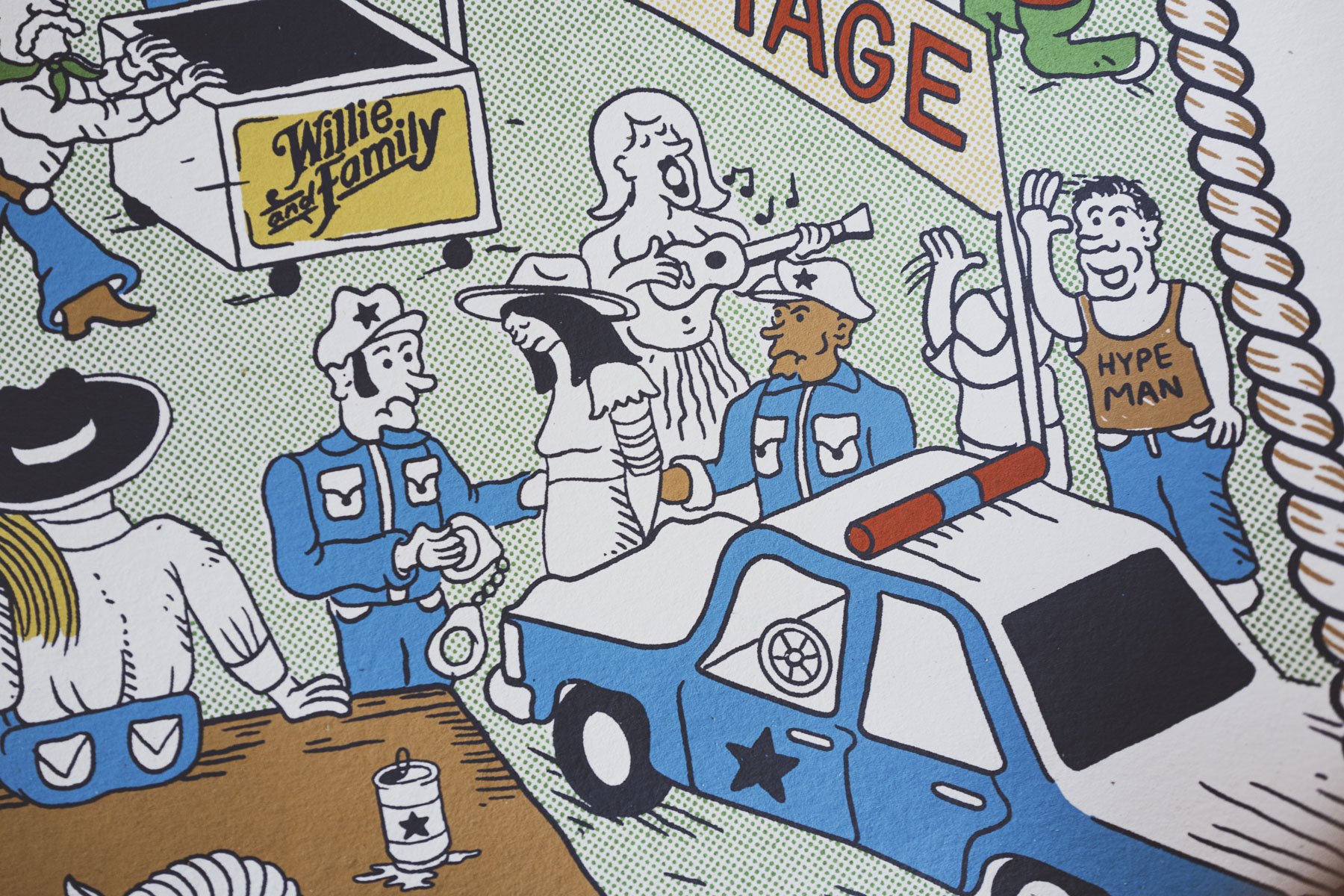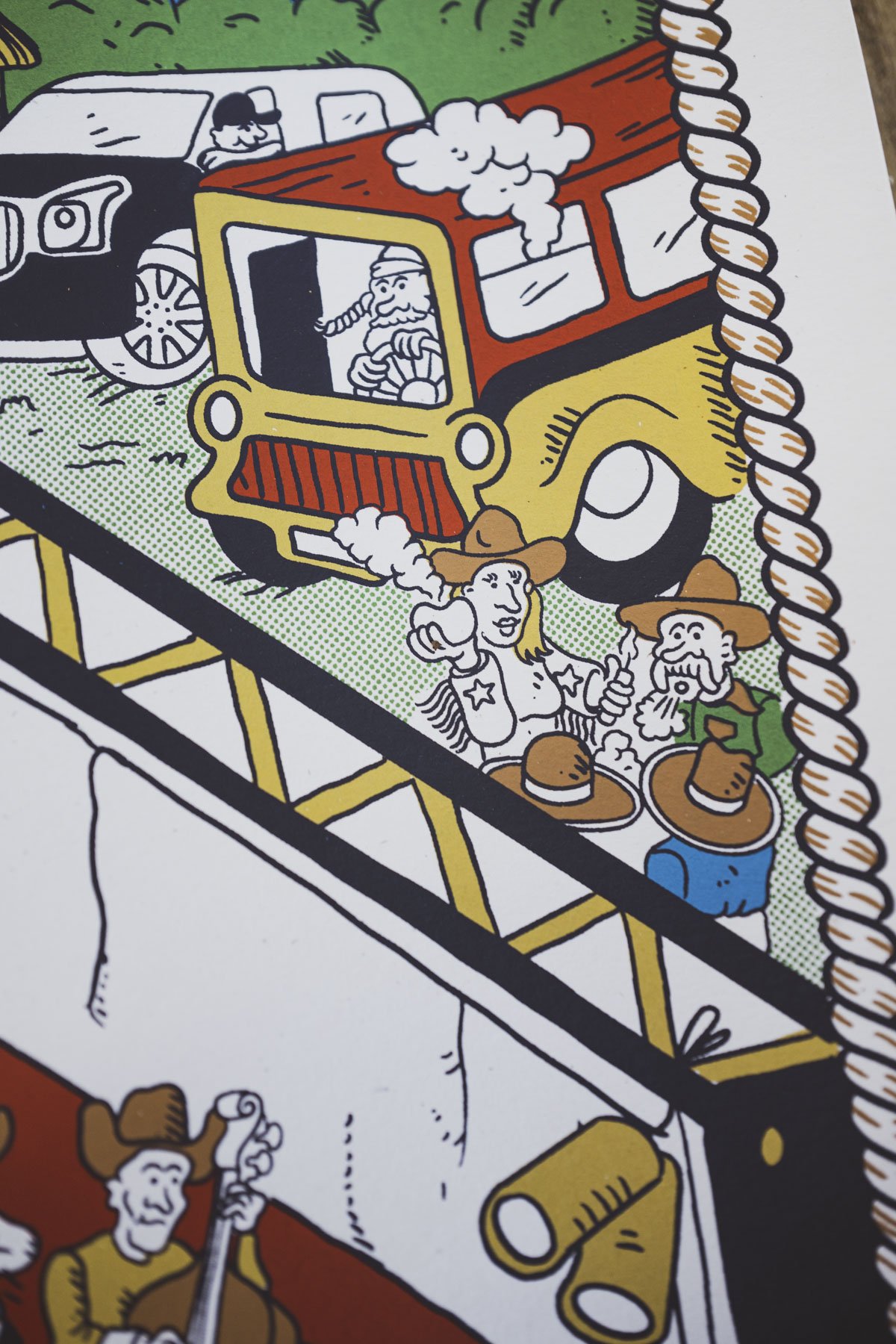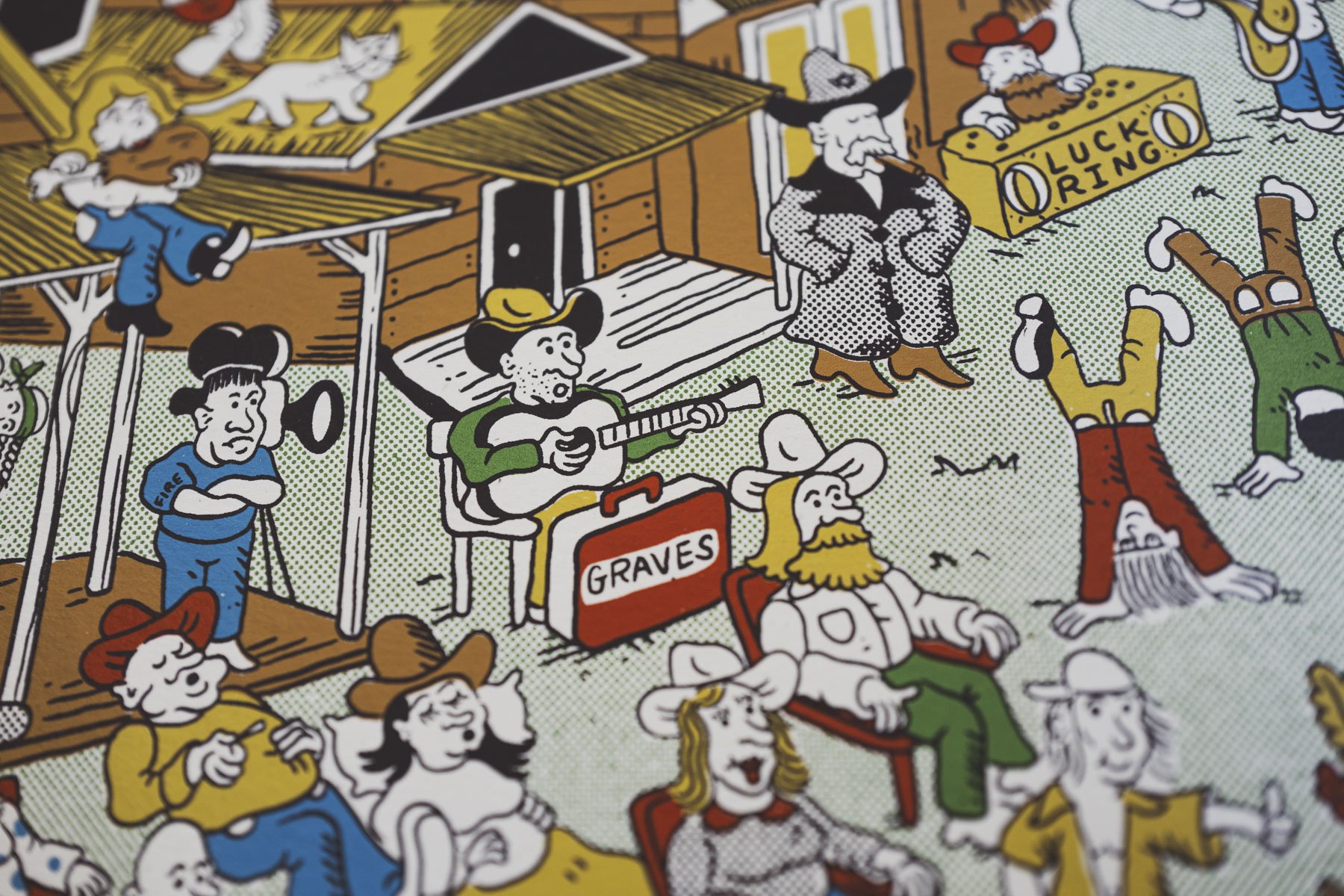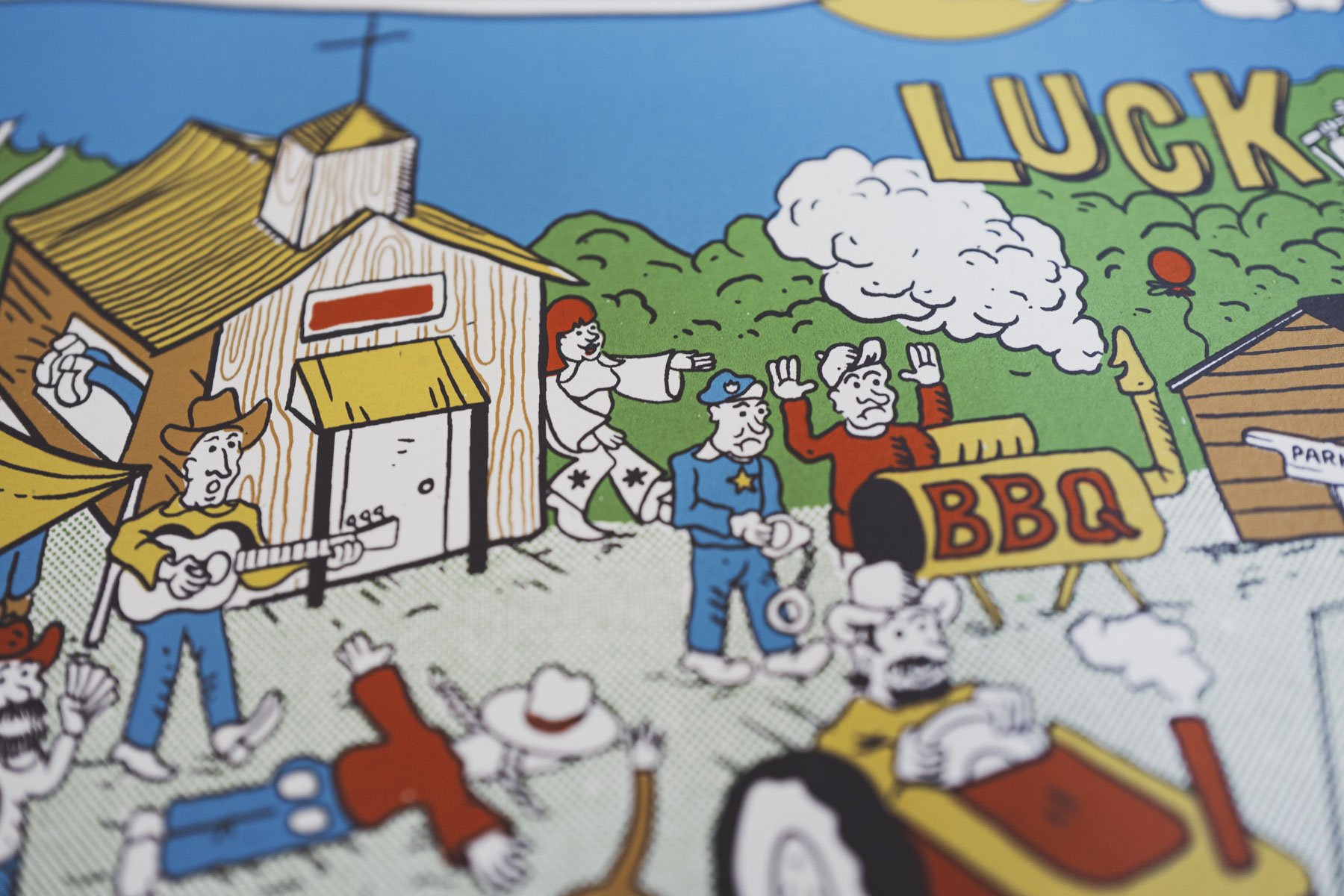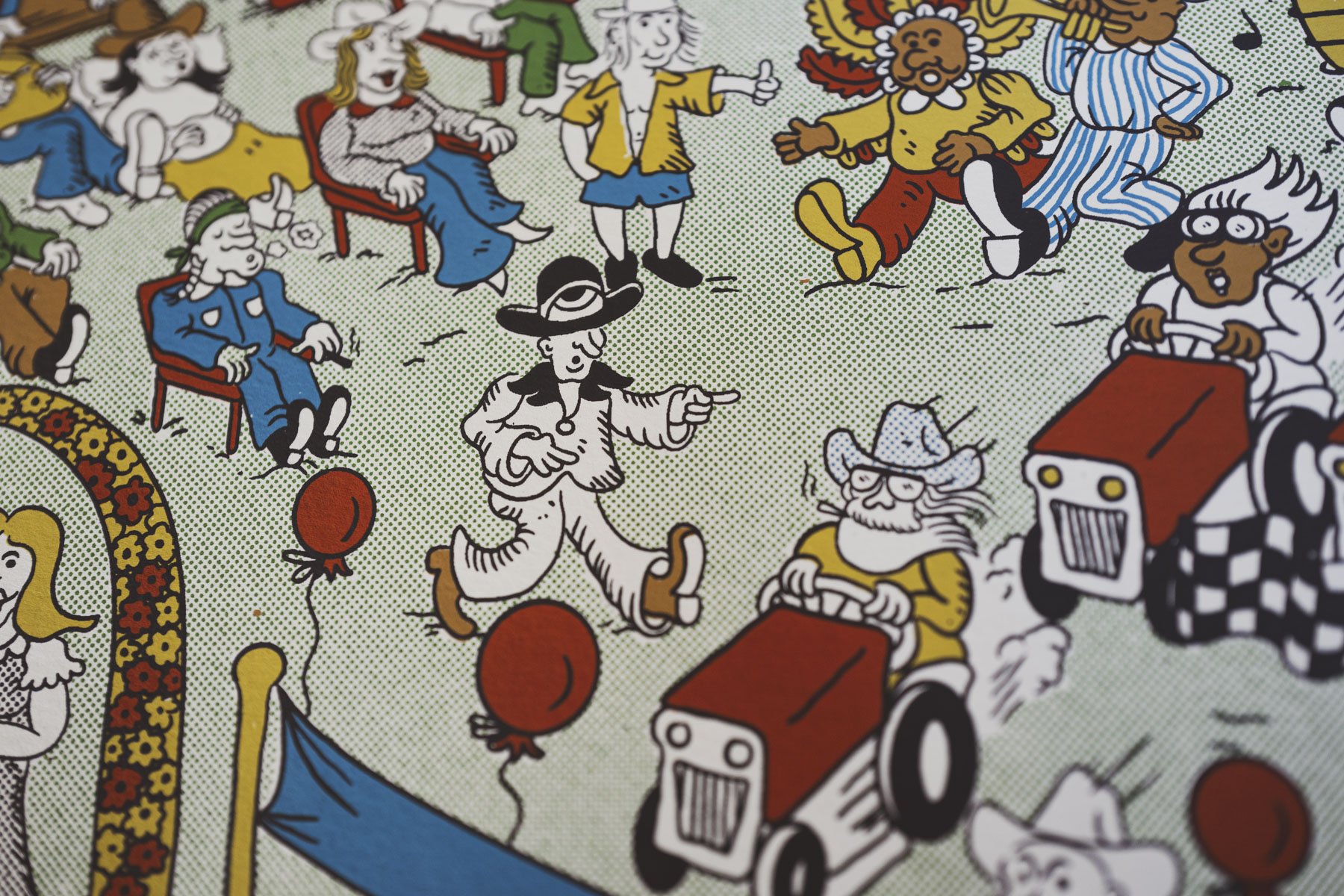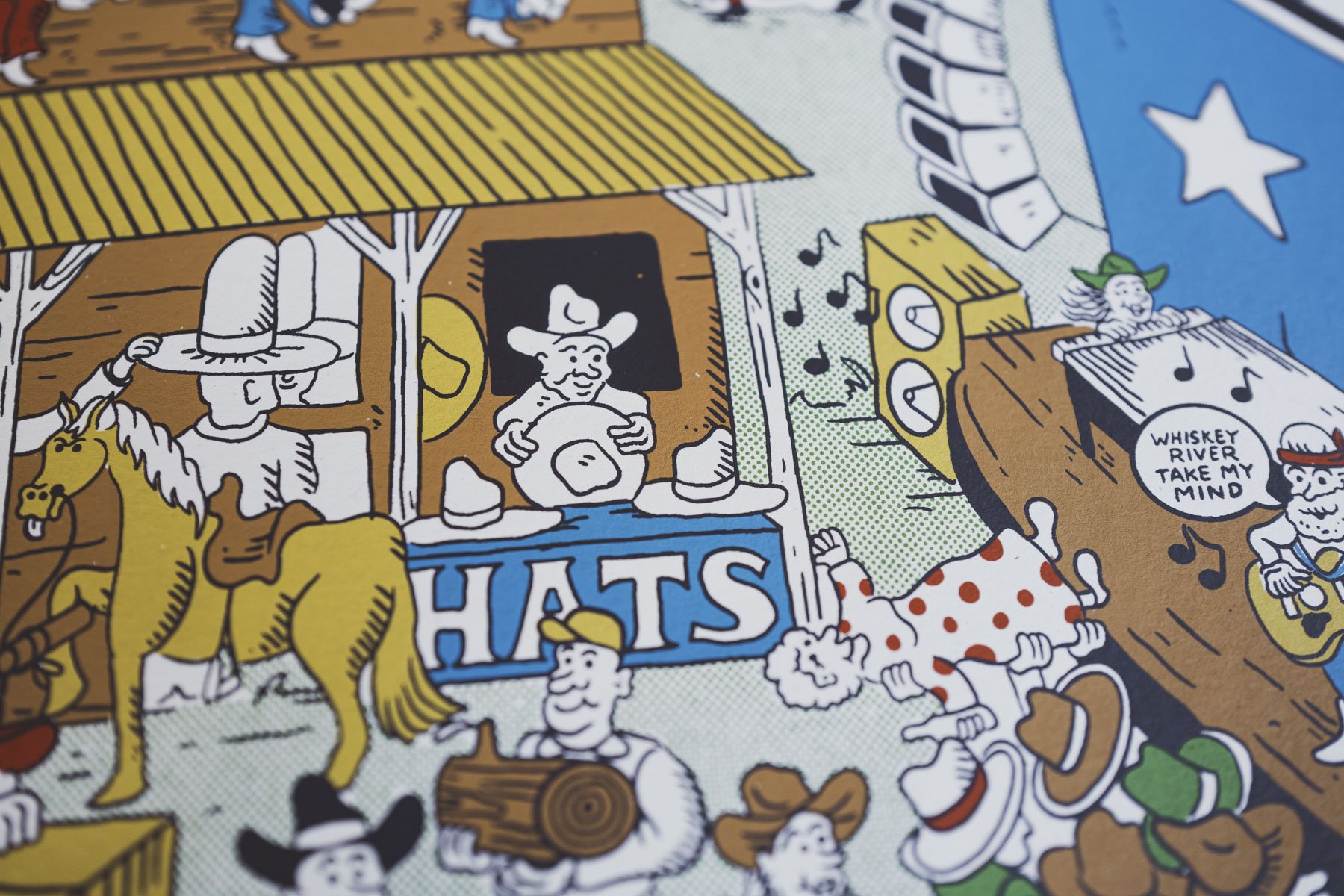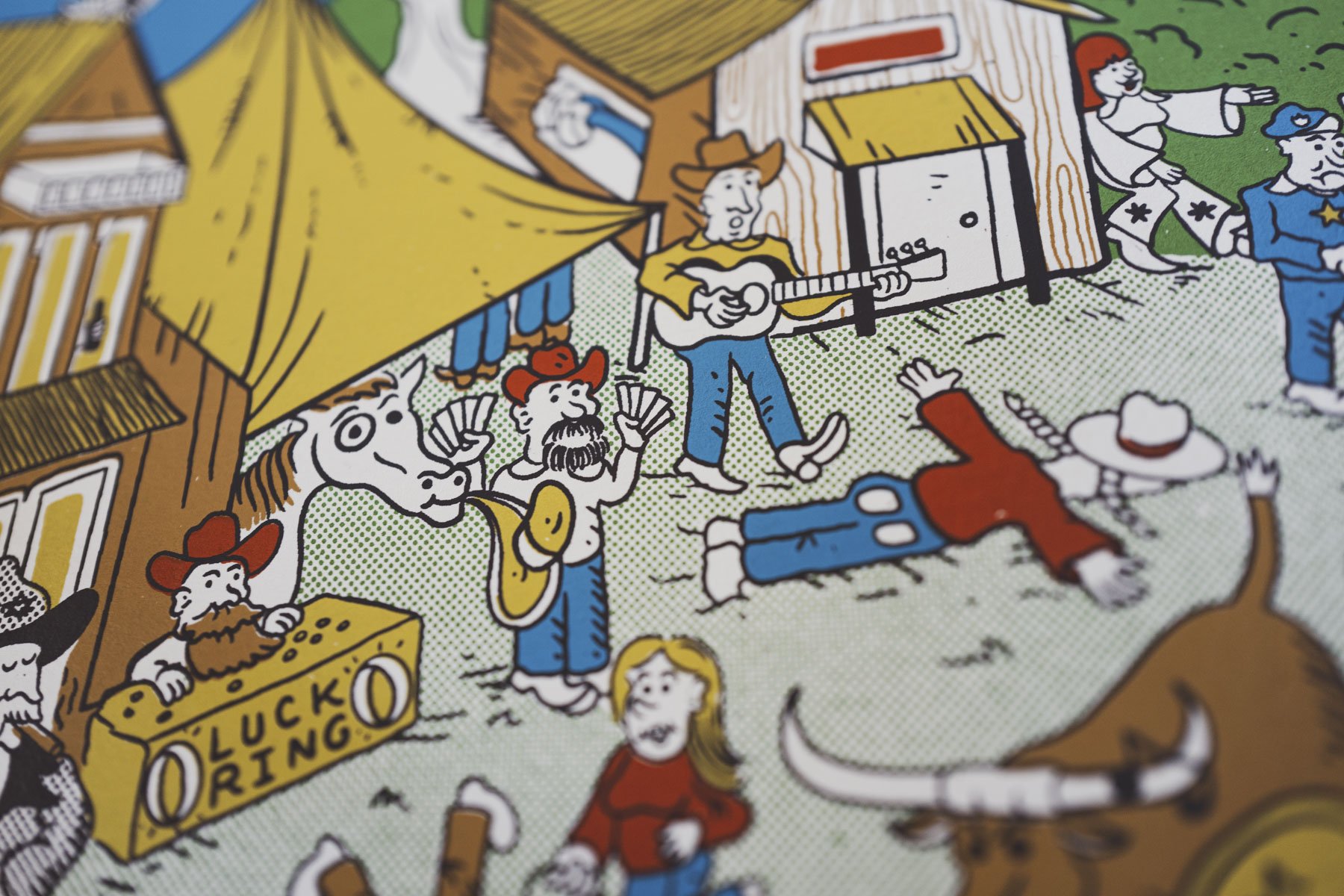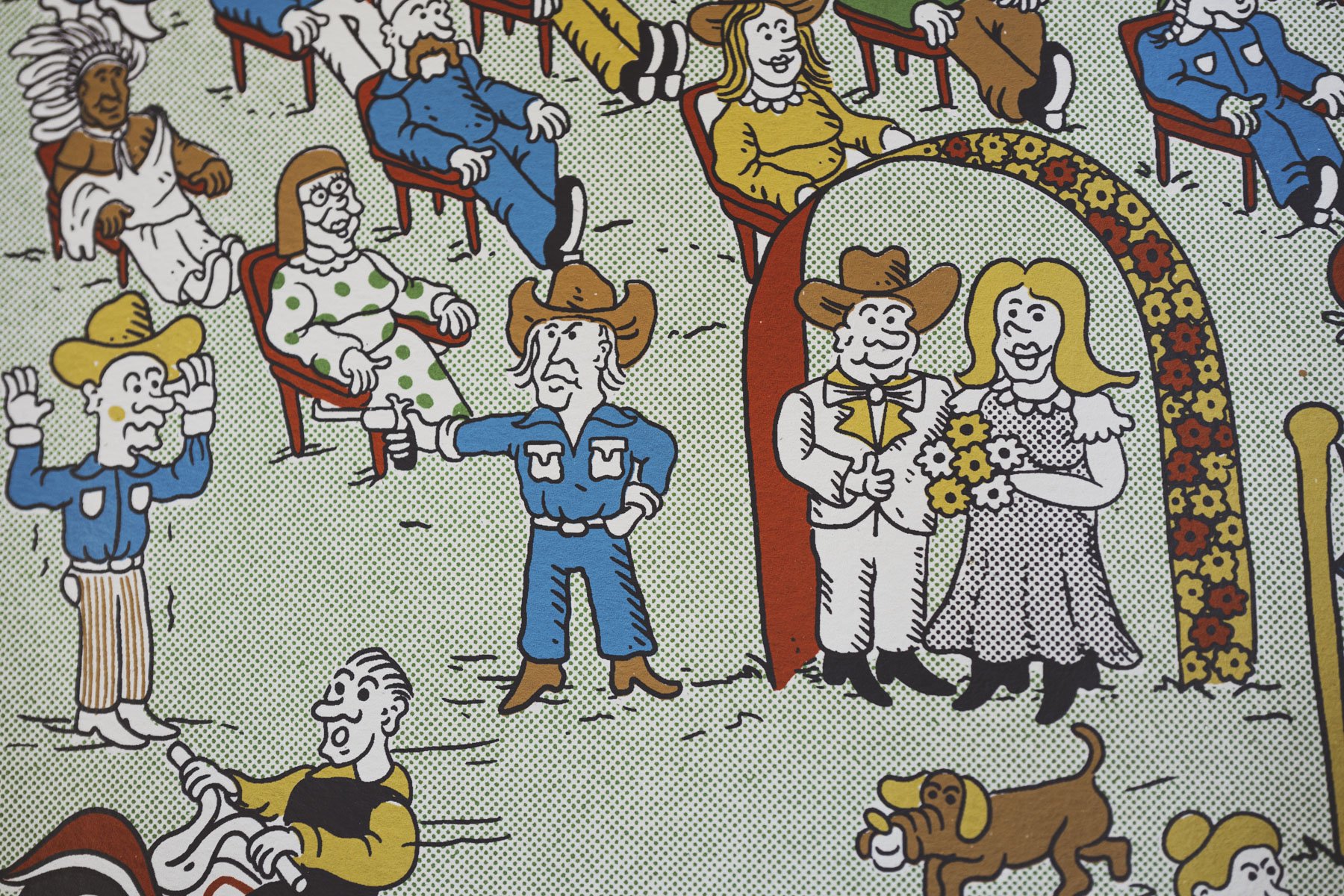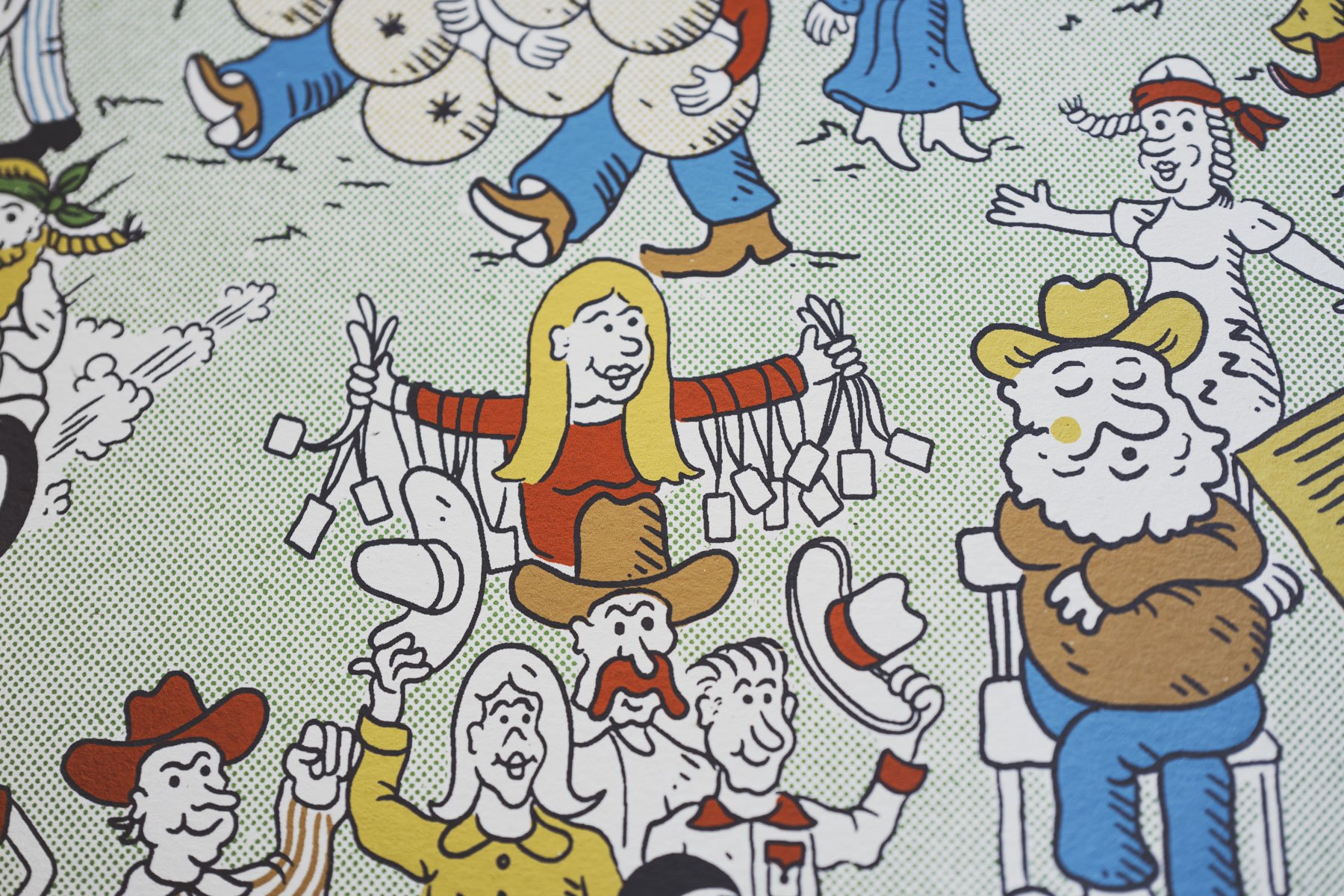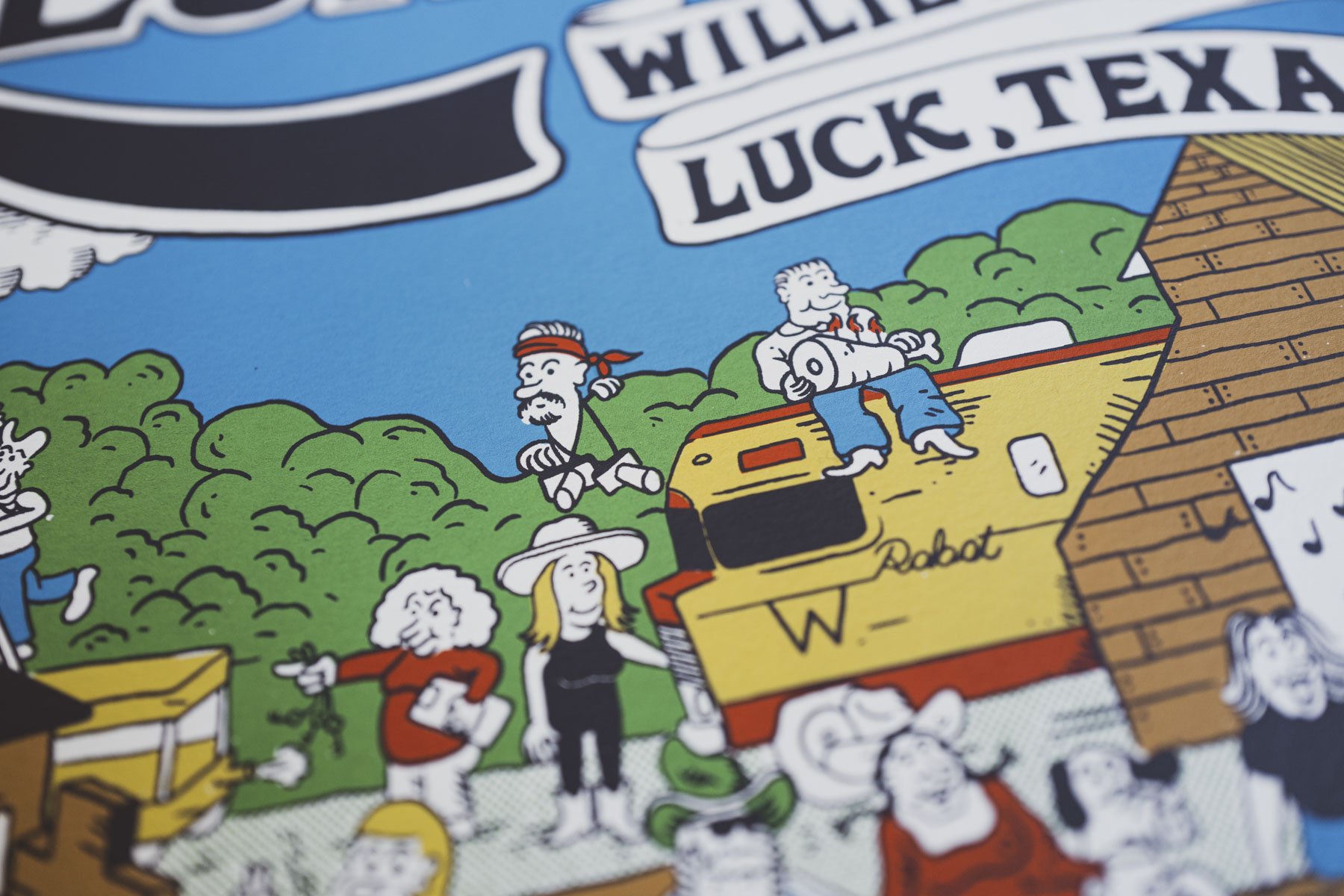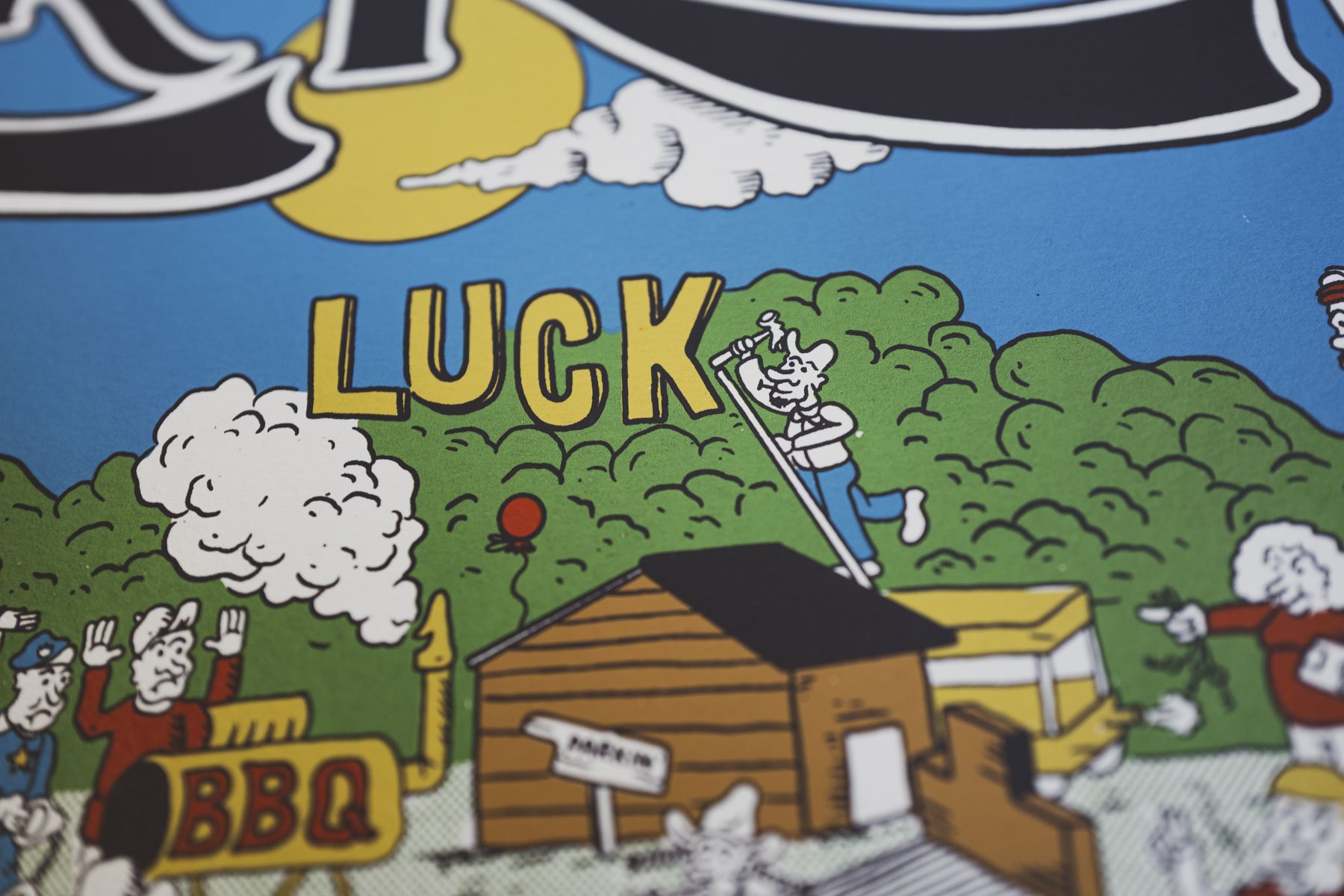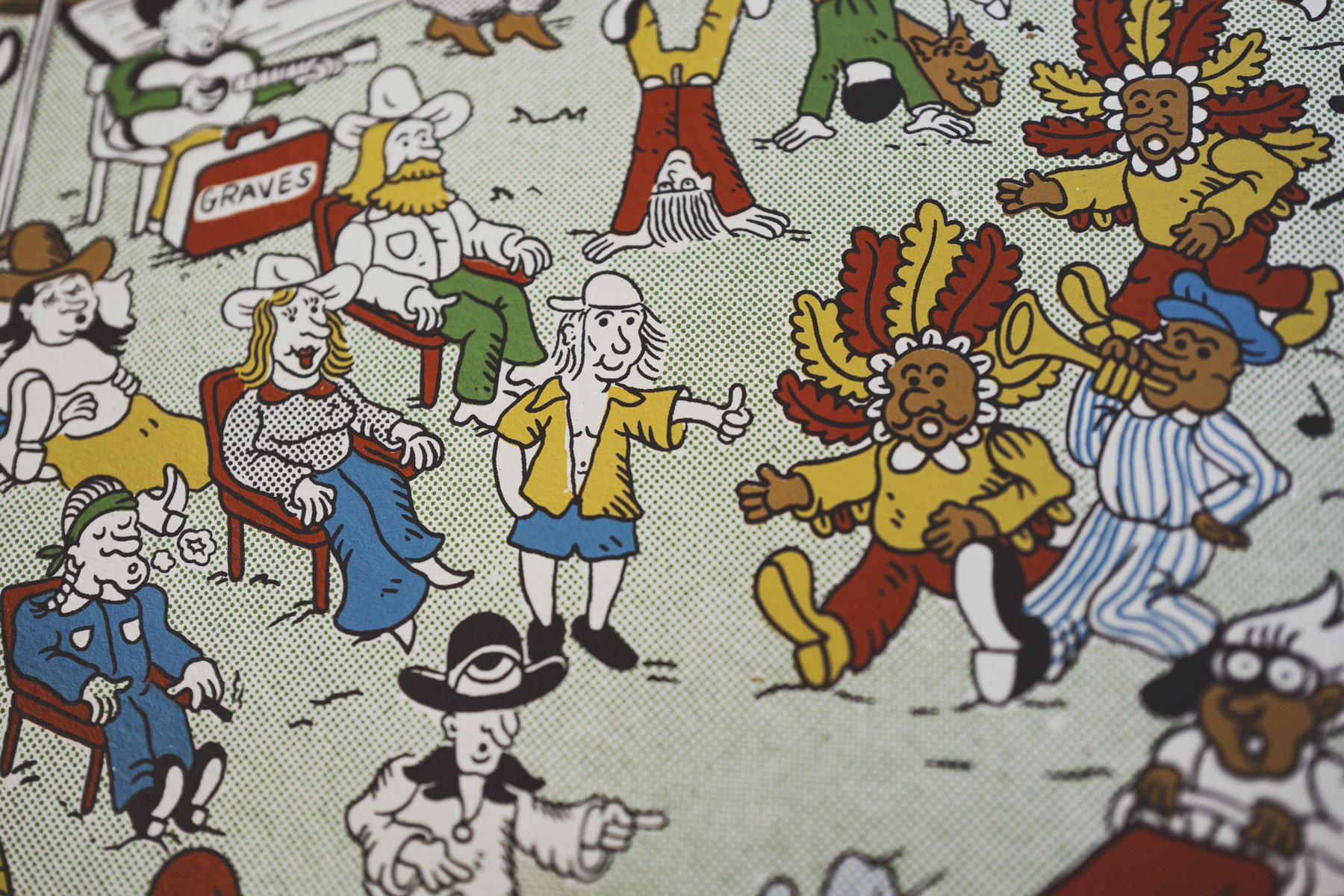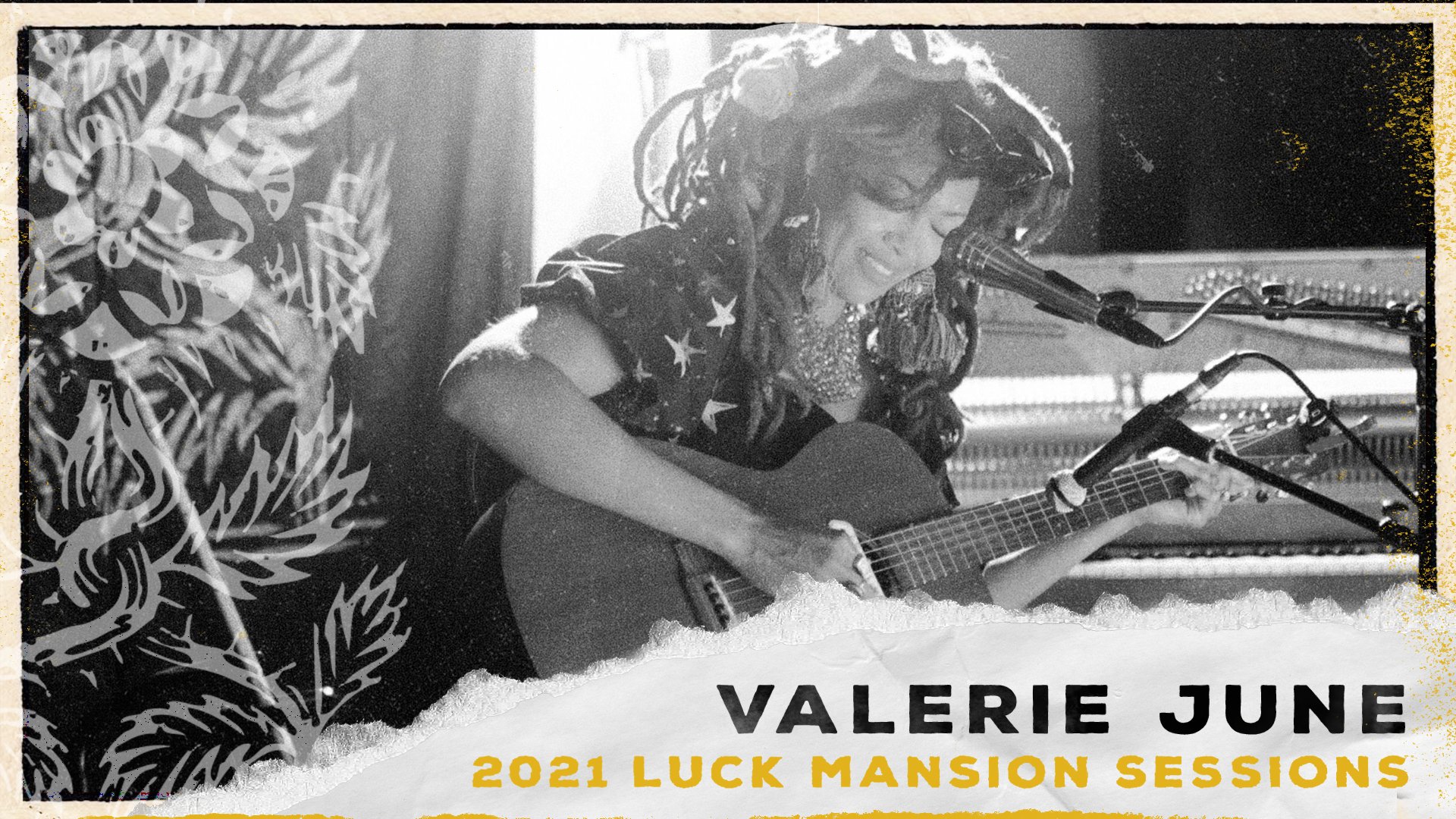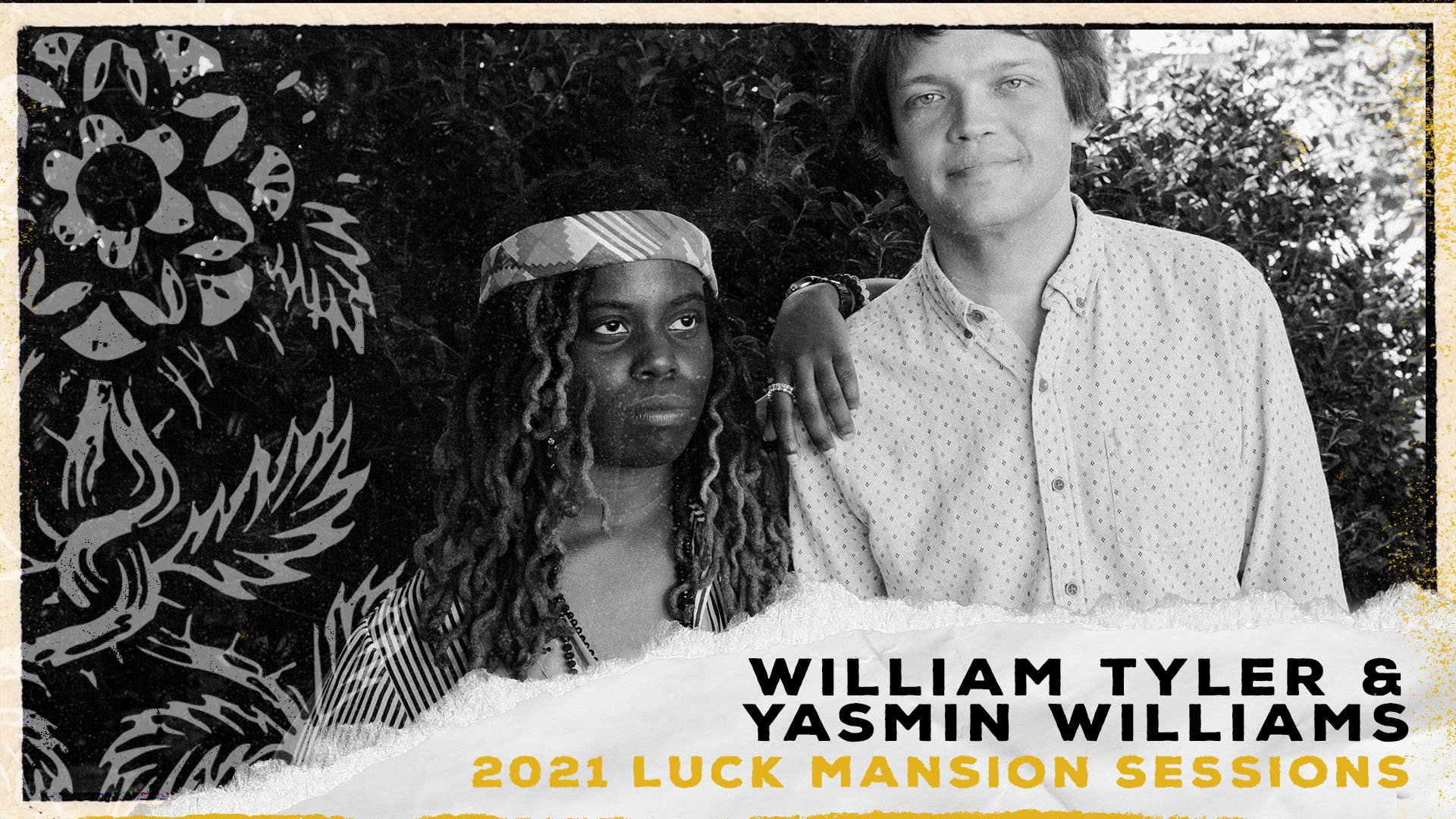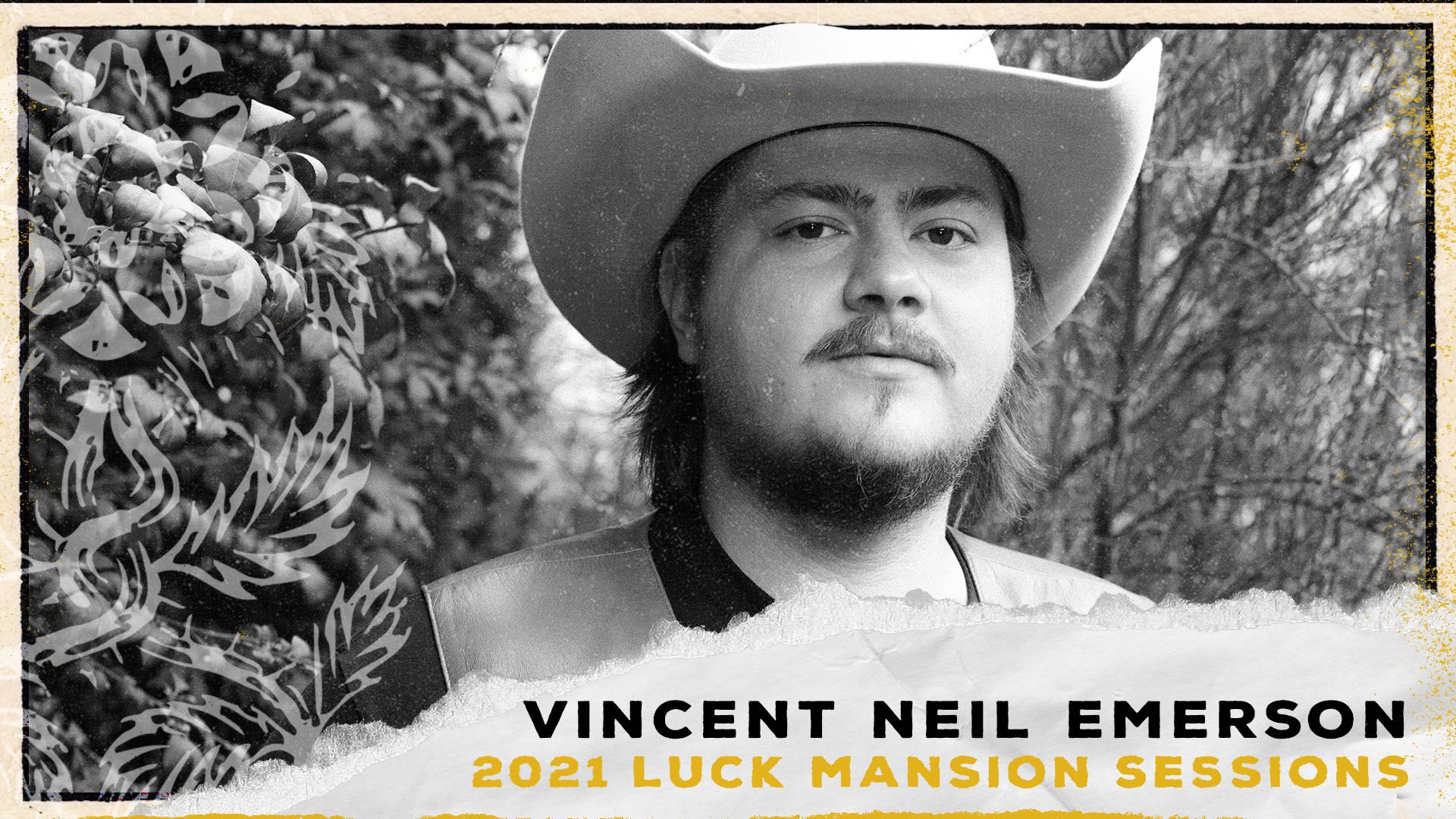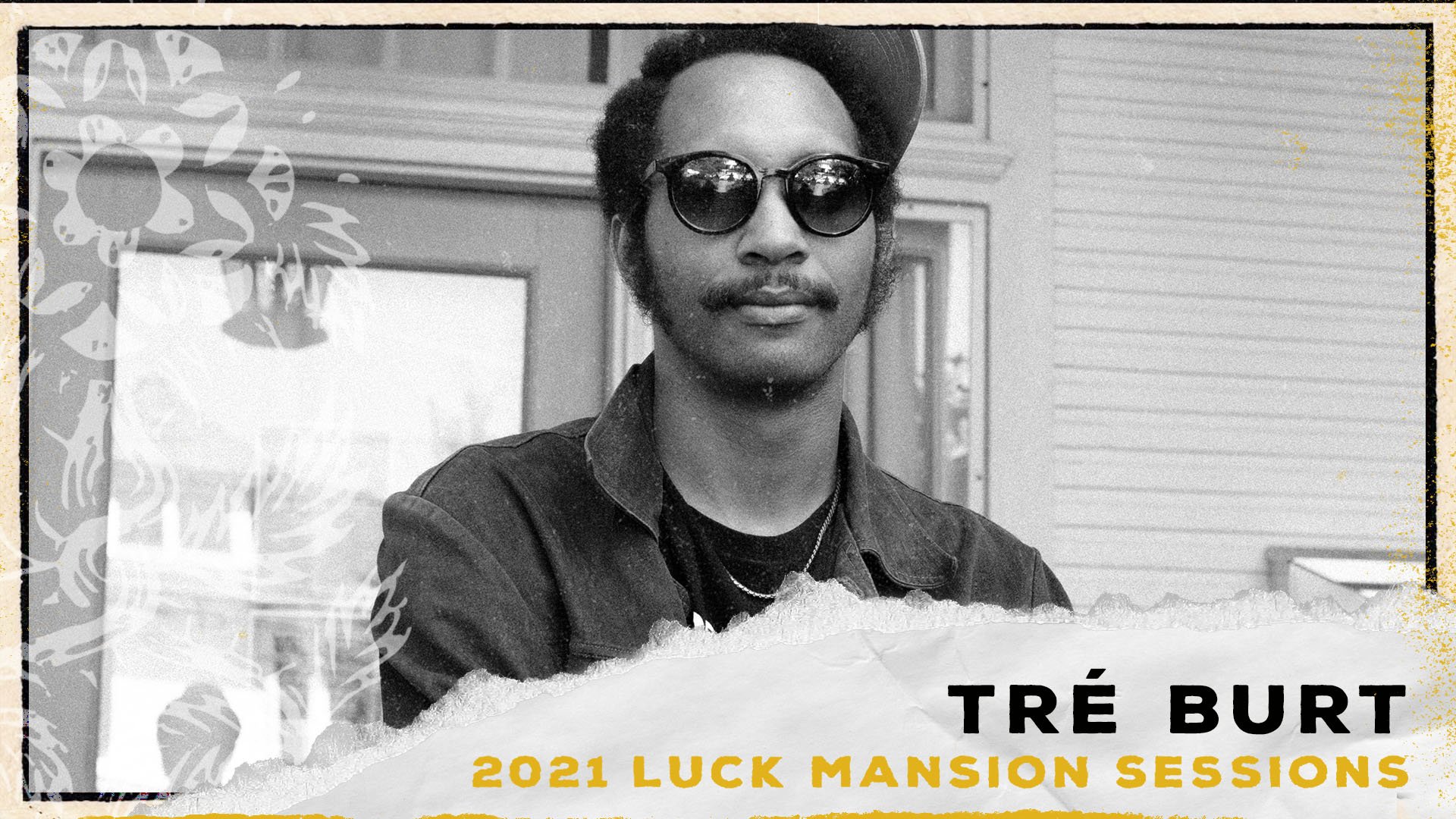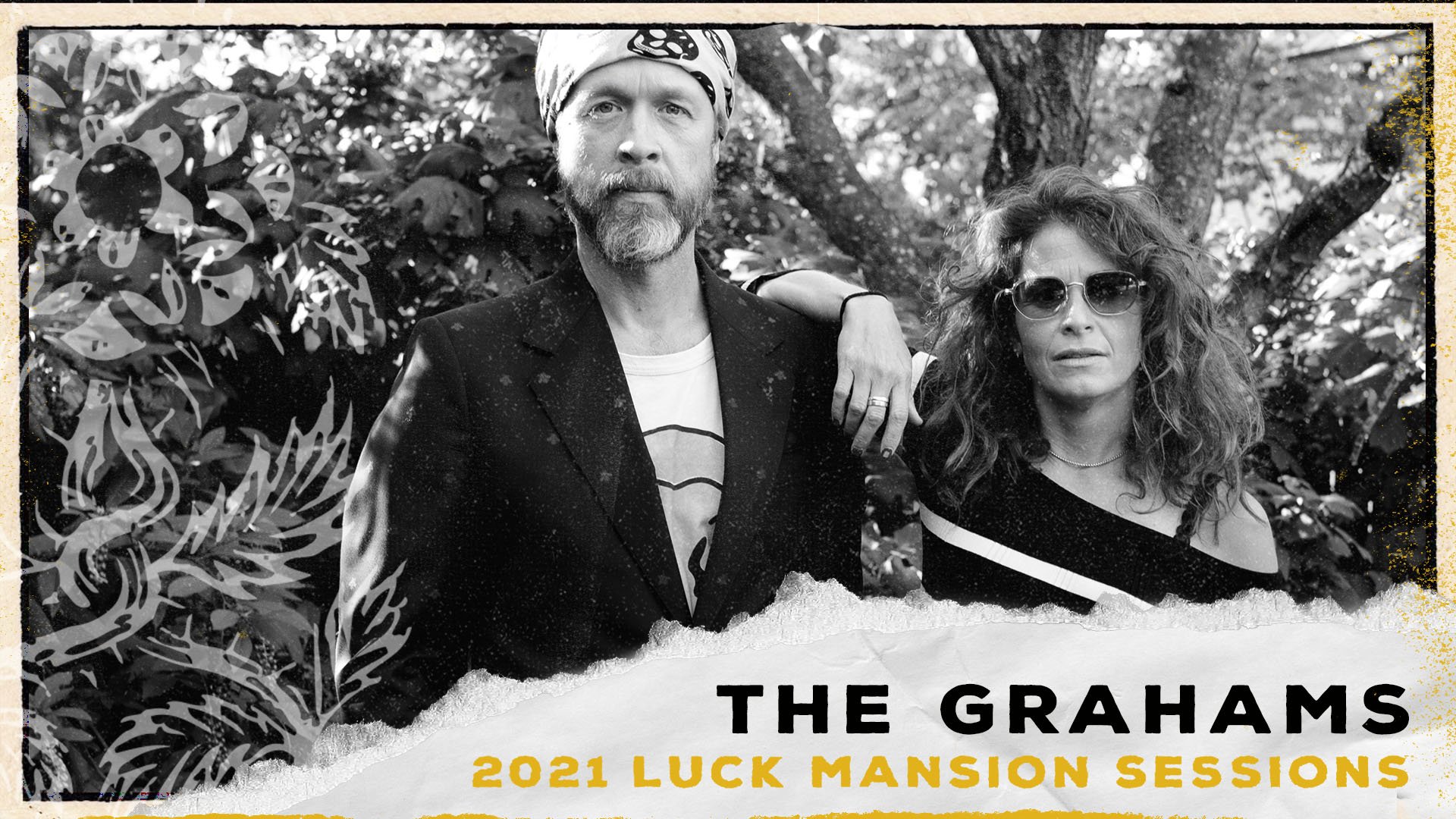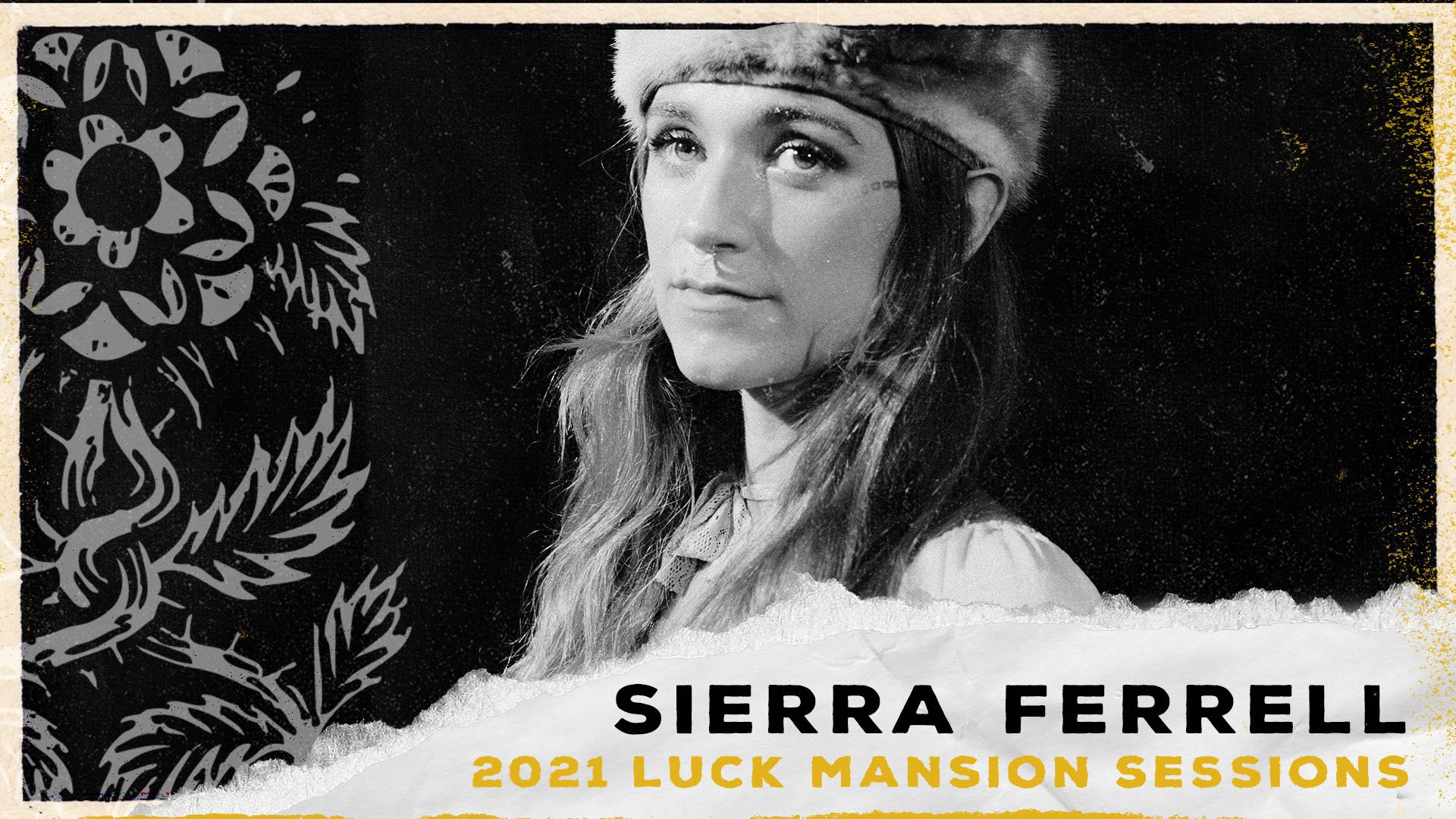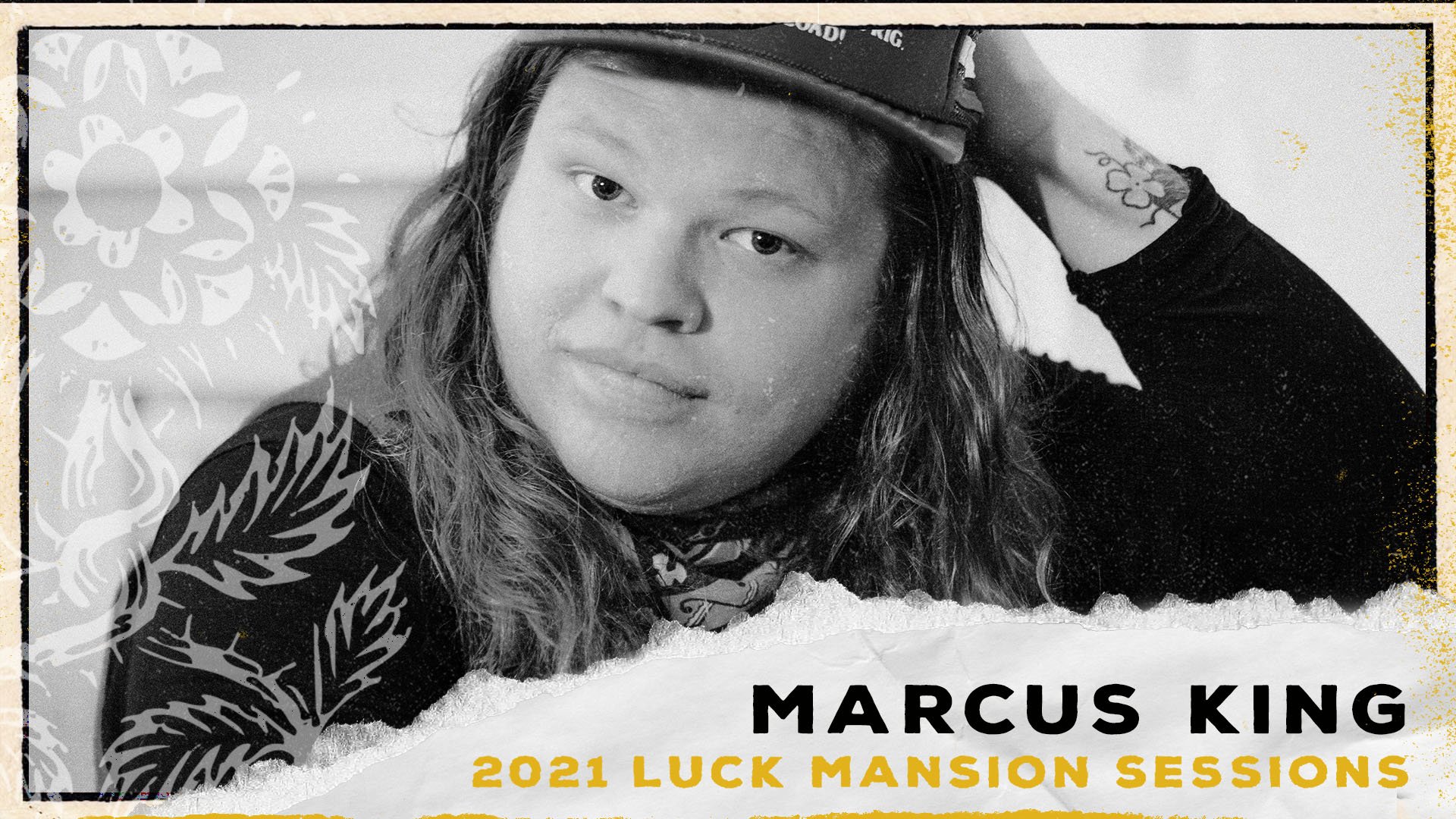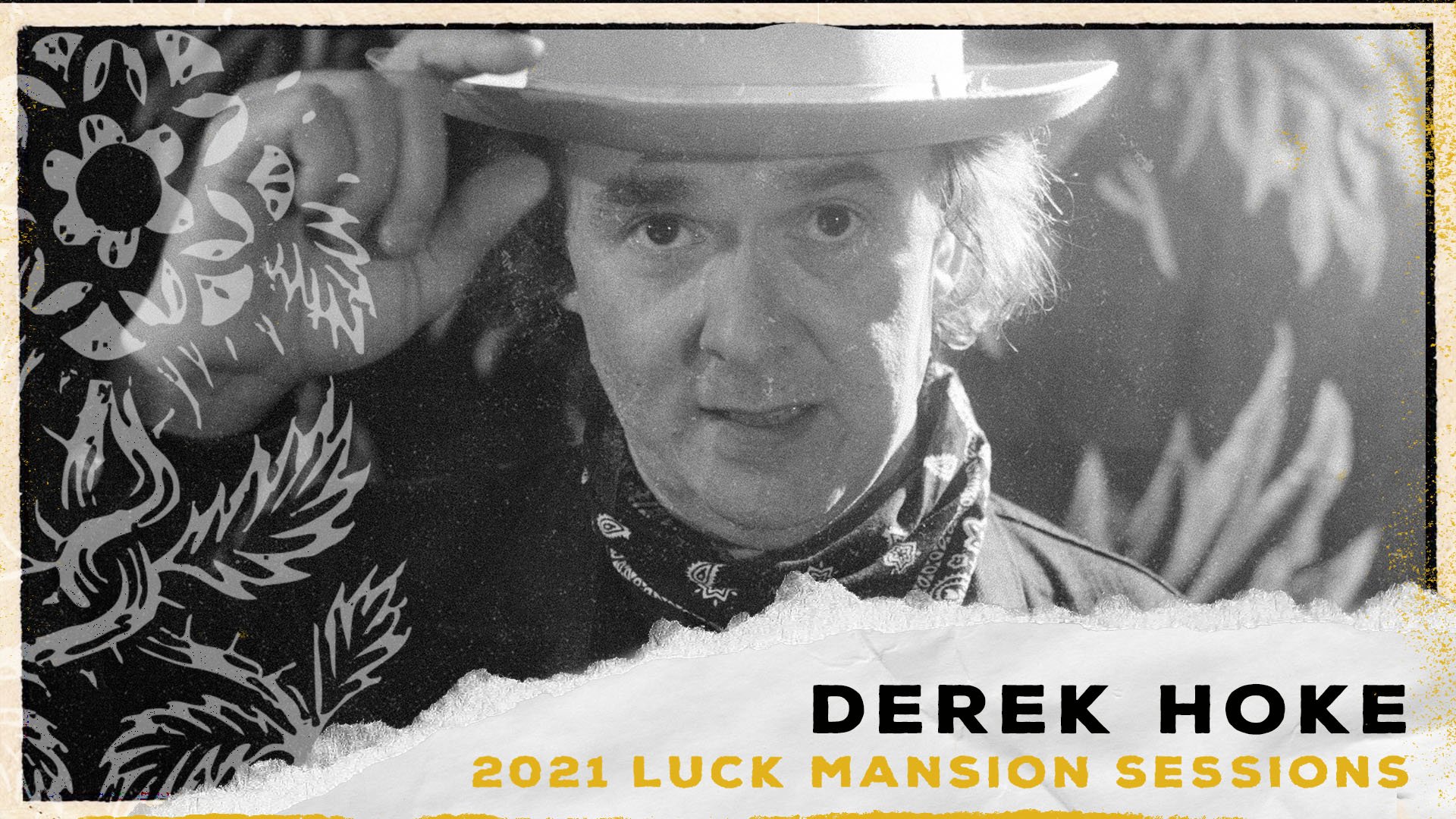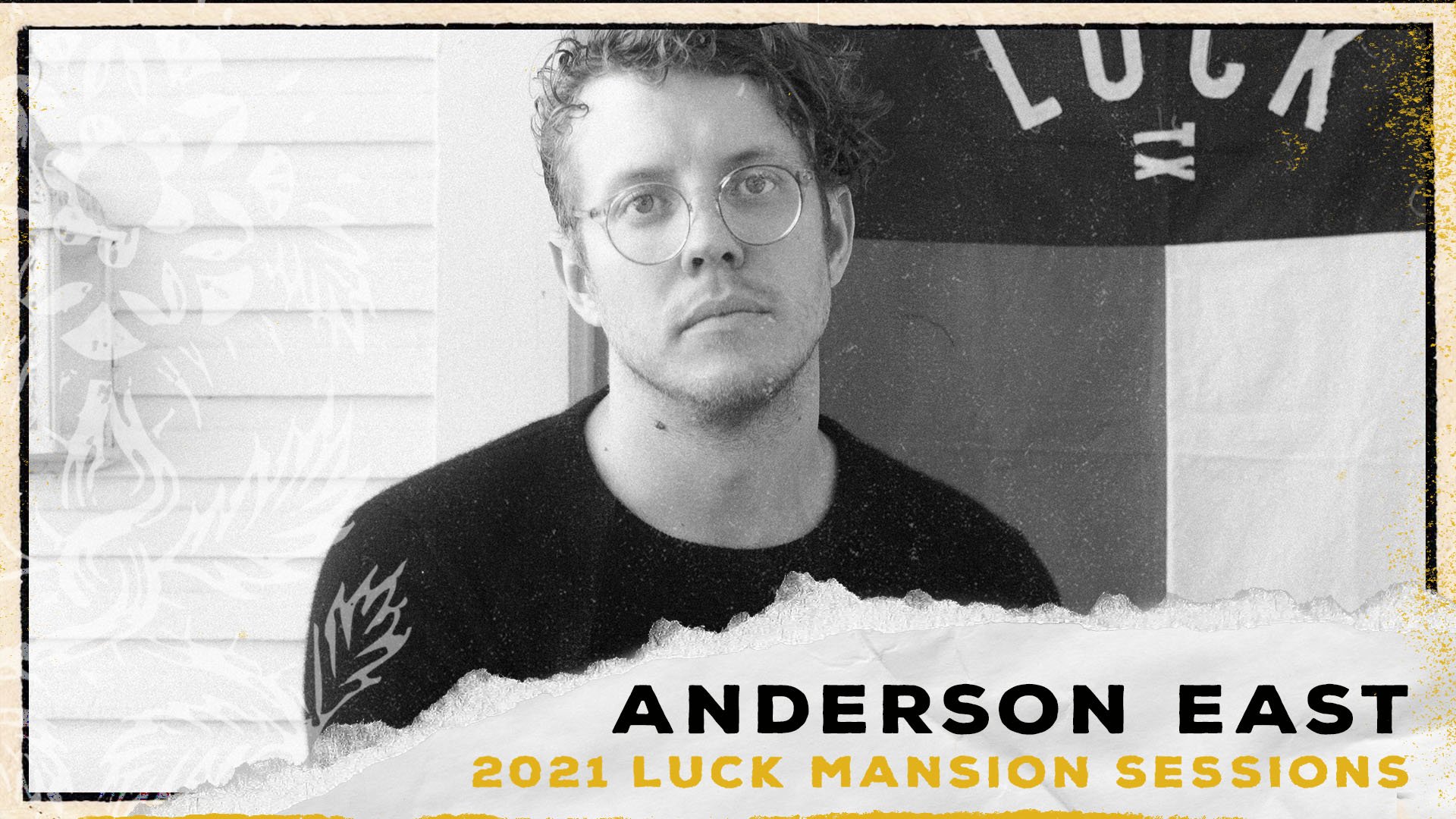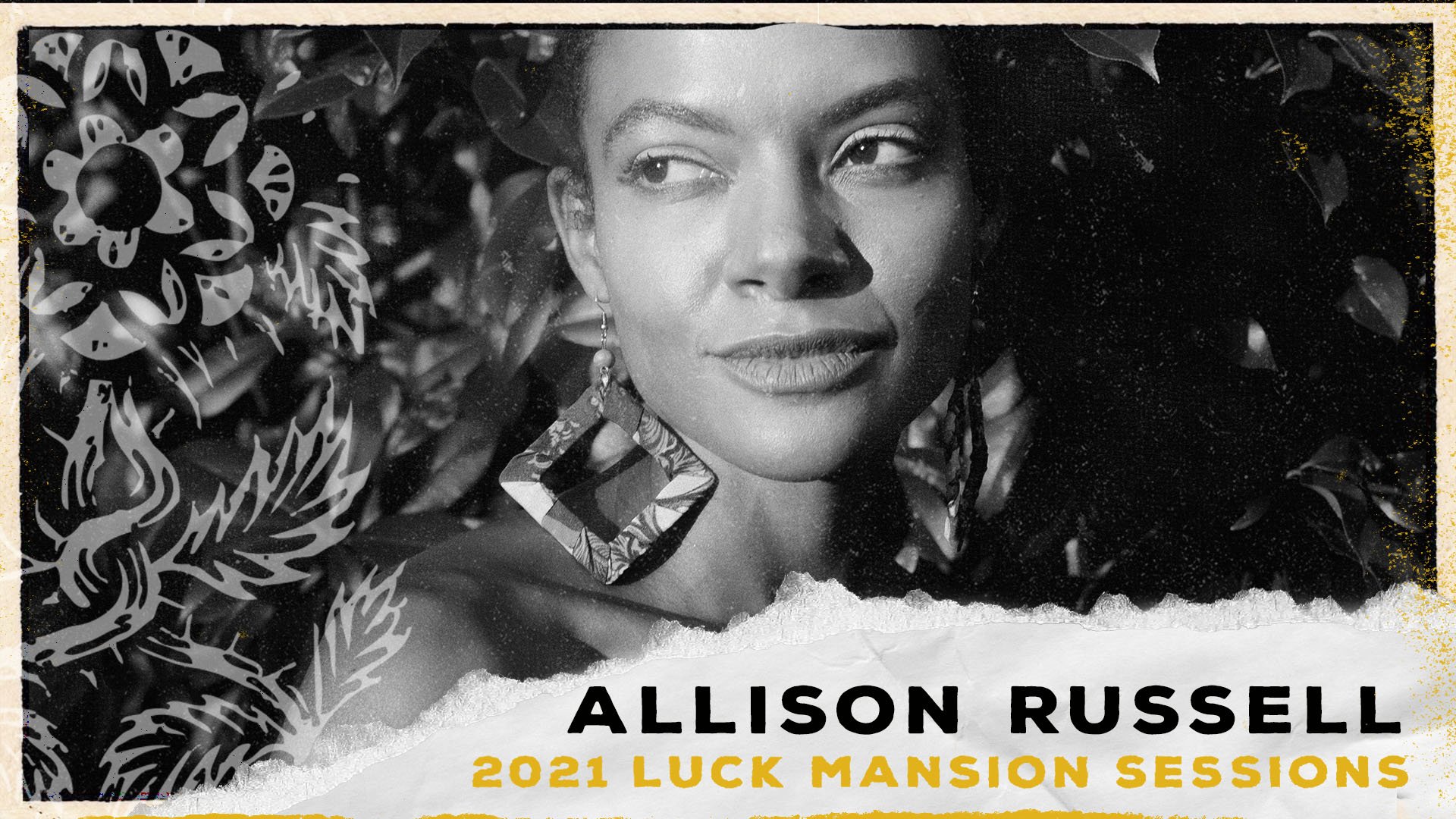Celebrating 50 Years of Willie Nelson's 4th of July Picnic
“Classify these as good times.” - Willie Nelson
In 1973, Willie Nelson decided he wanted to put on a show. Not just a show, but a Picnic.
Having headlined the ‘72 Dripping Springs Reunion in the Texas Hill Country alongside some of the greats, Nelson figured he could do it on his own, Willie-style. And what better day than the Fourth of July; a holiday that, from childhood, he’d revered as a respite from hard work in the fields – a day that families and friends came together to celebrate American Independence. “I was looking at Woodstock and was realizing the same thing might happen in Texas if it were promoted right and had the right talent,” Nelson has said. “I felt like a lot of people would like to get together and celebrate. It was a no-brainer.”
So he returned to Dripping Springs with a rag-tag-yet-star-studded group of close friends set on performing for anyone who would attend.
“I wasn’t there for the first Dripping Springs Reunion, but after the first one I think Willie figured, ‘Well, hell, I could do this and make it an annual affair,’” says longtime Nelson harmonica player Mickey Raphael. “Right now, looking back, those are the scariest words I’ve ever heard.”
“I guess the first I ever heard about a picnic, I was at Willie's house and he asked me if I wanted to do the picnic. This was ‘73 and I was not yet 19,” recalls the first Picnic promoter Dahr Jamail. Jamail loaned his car for $5,000 to pay to print tickets and bribe the Dripping Springs mayor, while Willie hit the radio to promote the show. They secured Leon Russell as a performer on the condition that he would not be announced, but a strategic “accidental” leak proved beneficial to ticket sales.
By the time the rookie crew arrived to set up on July Fourth it was clear that they might have a success on their hands: “We couldn't even move Willie's RV. It was just a mob of people everywhere. I mean, it was just driving through people,” says Jamail. “So that was sort of the first hint before the Picnic that we're going to be pretty good.”
What started out “pretty good” turned into a beloved annual tradition that truly represents the spirit of togetherness through music. The Picnic has historically gathered vastly different audiences whose one commonality might be their willingness to brave nearly any condition to see a damn good show.
You really have to commit to a Picnic experience. No matter the venue, some things never change: you’ve got the heat, the beer, and the lack of shade. And of course, the music.
There are some die-hard fans who’ve been attending almost since the beginning – planning their year around the next big affair.
Ask any of these folks about Gonzales (Picnic number four) and they’ll easily recall the mayhem that ensued – the drowning, violence, multiple arrests, and general madness that inspired Nelson to hire Hell’s Angels to work security two Picnics later.
Or inquire about when Robert Earl Keen became a Picnic legend, and anyone will tell you it wasn’t on the stage. Long before he became a Texas music icon, Keen was in the audience in 1974 when he got some unsettling news. “They were calling out license plate numbers of cars,” remembers Keen. “I recall they said there's been a minor fire in the parking lot and started reading a few license plates of the cars that caught fire. ‘And the first winner is RHP nine, nine, seven.’ And I mean, in my fog, I kind of came to life and went, ‘It's my car, man.’ Everyone around me started clapping and I thought, ‘Oh, cool. I’m a celebrity already.’”
Despite Hell’s Angels' interference and car fires, it’s the music that matters. And the artists Willie has wrangled from the beginning are just as loyal to the Picnic as the fans. Waylon Jennings, Leon Russell, and Kris Kristofferson were regulars on the bill. Billy Joe Shaver, David Allan Coe, and Asleep At The Wheel made frequent appearances. There were a few heavy-hitting outliers over the years: The Pointer Sisters, Grateful Dead, Bob Dylan, and Johnny Cash, to name a few.
Ray Wylie Hubbard is another mainstay: “I’ve played all the Picnics I think except for three or four,” Hubbard says. “I’d met Willie and he just said, ‘We’re gonna have another Picnic if you wanna come down,’ and so I guess I just ended up playin’ em. I just kinda show up and do it. I love it. There’s nothin’ like it.”
In recent years Nelson has woven in more contemporary comrades like Jamey Johnson, Margo Price, Kacey Musgraves, and Allison Krause; a poignant convergence of the trailblazers and the next generation.
“We’ve done some Picnics outside of Texas, too, and it’s cool that fans and artists don’t even bat an eye about where it’s gonna be. They’ll just be there,” says Raphael. “The Picnic is just the place to be. It’s really like a family gathering.”
Over five decades a lot has changed – multiple venues, cities, and some new artists here and there – but the core of the Picnic remains the same: get together, get a beer, and be somebody.
50 years is a damn long time. Let the fireworks fly, Willie.
